Rabbits are adorable, playful, and full of personality. But did you know their teeth never stop growing? If they don't wear down naturally, overgrown rabbit teeth can cause pain, difficulty eating, and serious health issues.
Click Here For a Guide to Understanding Your Rabbits Diet.

As a rabbit owner, it's important to understand how to prevent and manage dental problems. In this guide, we'll cover everything you need to know about overgrown rabbit teeth, from causes and warning signs to treatment and prevention.
Understanding Rabbit Teeth
Rabbits have 28 teeth that grow continuously throughout their lives. This constant growth helps them survive in the wild, where they chew on fibrous plants all day. Their dental structure includes:
Incisors: The large front teeth used for biting and cutting food.
Molars: The back teeth that grind food into smaller pieces.
Peg Teeth: Small, extra incisors behind the main front teeth.
Since their teeth never stop growing, rabbits must wear them down naturally by chewing. The teeth grow too long without enough chewing, leading to discomfort and health problems.
Why Do Rabbit Teeth Overgrow?
In the wild, rabbits constantly chew on grasses and twigs, which helps keep their teeth at the right length. But pet rabbits don't always have the same opportunities. Here are some common reasons why overgrown rabbit teeth occur:
Not Enough Hay: Rabbits need unlimited access to hay. Chewing hay is the best way for them to grind down their teeth naturally.
Genetics: Some rabbits, especially dwarf breeds, are more likely to have dental issues.
Injury or Trauma: A fall or an impact to the mouth can cause misaligned teeth, leading to overgrowth.
Improper Diet: A diet that lacks fiber and relies too much on pellets can contribute to dental problems.
Signs of Overgrown Rabbit Teeth
Early detection is key to preventing serious dental problems. Watch for these warning signs:

Eating Less: If your rabbit is avoiding food or dropping food from their mouth, their teeth may be causing them pain.
Drooling: Excessive drooling can indicate that teeth are too long and affecting the mouth.
Weight Loss: Rabbits with overgrown teeth often eat less, leading to weight loss.
Watery Eyes: Overgrown teeth can press against tear ducts, causing excessive eye discharge.
Change in Behavior: A normally active rabbit may become lethargic or irritable due to pain.
How to Check Your Rabbit's Teeth
You don't have to be a vet to check your rabbit's teeth. With gentle handling, you can inspect their mouth at home. Here's how:
Hold your rabbit securely but gently in your lap.
Use one hand to lift their lips and examine their incisors.
Look for uneven growth, sharp edges, or signs of infection.
Feel along the jawline for any swelling.
If you notice anything unusual, it's time for a vet visit.

Preventing Overgrown Rabbit Teeth
Prevention is the best way to keep your rabbit's teeth healthy. Here's what you can do:
Provide Unlimited Hay
Hay should make up at least 80% of your rabbit's diet. It provides the fiber needed for proper digestion and helps grind down teeth naturally. The best options for dental health include:
First Cut Timothy Hay: Coarse and full of fiber, great for wearing down teeth.
Orchard Grass Hay: Softer than Timothy hay but still provides chewing exercise.
Mountain Grass: Another high-fiber option that promotes dental health.
Offer Safe Chew Toys
Chew toys are a great way to help rabbits wear down their teeth. Choose options like:
Apple Sticks: Natural and safe for rabbits.
Willow Chew Balls: Fun and beneficial for dental health.
Wooden Blocks: As long as they are untreated and rabbit-safe.
Schedule Regular Vet Visits
Even with proper care, some rabbits are more prone to dental issues. A vet can check for overgrown rabbit teeth and trim them if necessary.
Treating Overgrown Rabbit Teeth
Professional treatment is needed if your rabbit's teeth have already become too long. A vet may recommend:
Tooth Trimming: A vet will use specialized tools to file down overgrown teeth.
Tooth Extraction: In severe cases, removing problem teeth may be necessary.
Ongoing Dental Monitoring: Some rabbits need frequent trims to manage recurring overgrowth.
Never attempt to trim your rabbit's teeth at home. Using improper tools can lead to cracks, infections, or pain.
The Connection Between Diet and Dental Health
A rabbit's diet plays the biggest role in preventing overgrown teeth. Here's a simple guide to feeding your rabbit properly:
80% Hay: Essential for digestion and dental health.
10% Leafy Greens: Adds extra nutrients and chewing exercise.
5% High-Fiber Pellets: Helps supplement nutrition.
-
5% Treats: Limited fruits or healthy snacks.

Final Thoughts
Overgrown rabbit teeth can cause serious health issues, but proper care can prevent them. Make sure your rabbit has plenty of hay, safe chew toys, and regular vet checkups. By staying proactive, you'll help your rabbit stay healthy, happy, and pain-free.
Looking for high-quality hay to support your rabbit's dental health? Check out our selection of premium rabbit hay to keep their teeth in great shape!

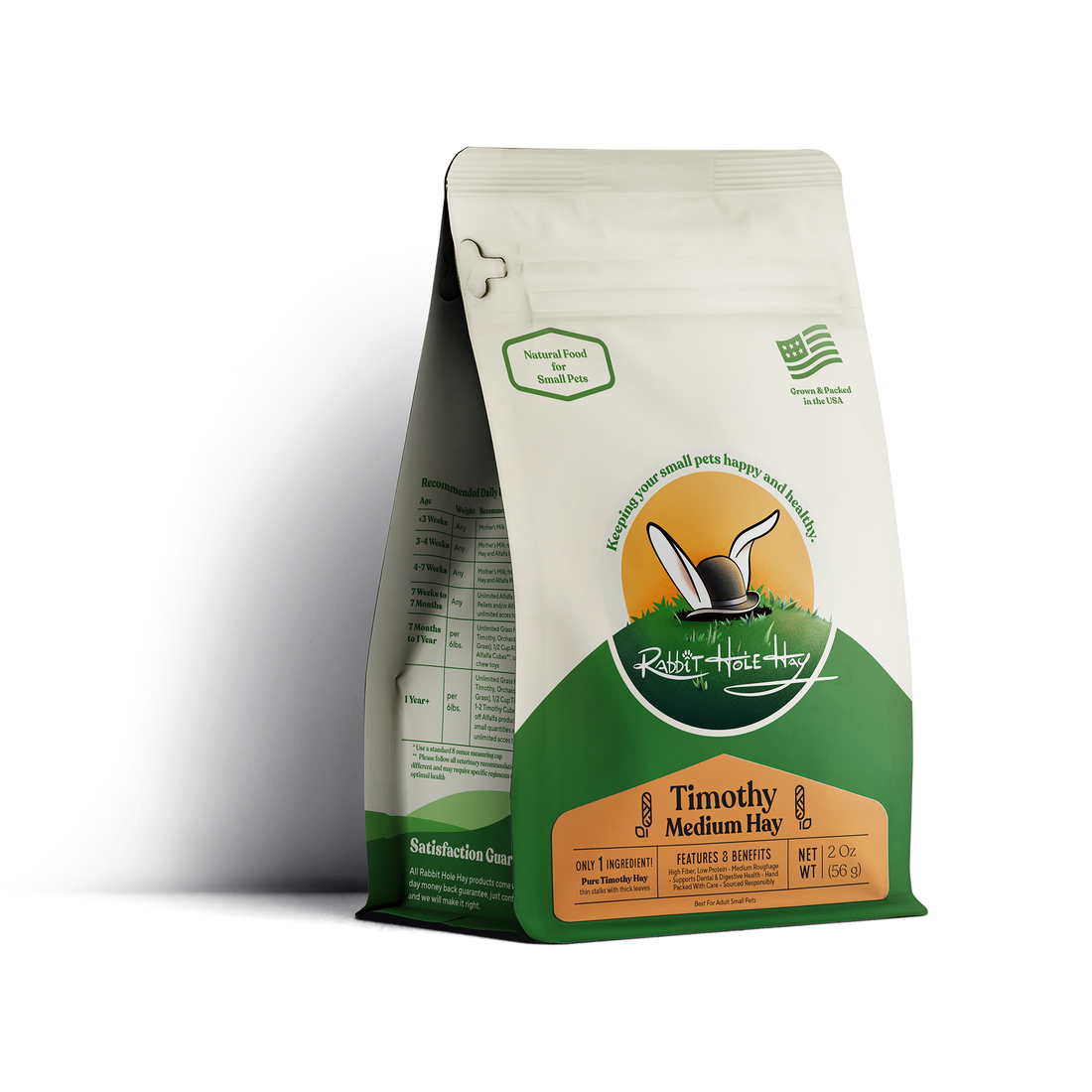
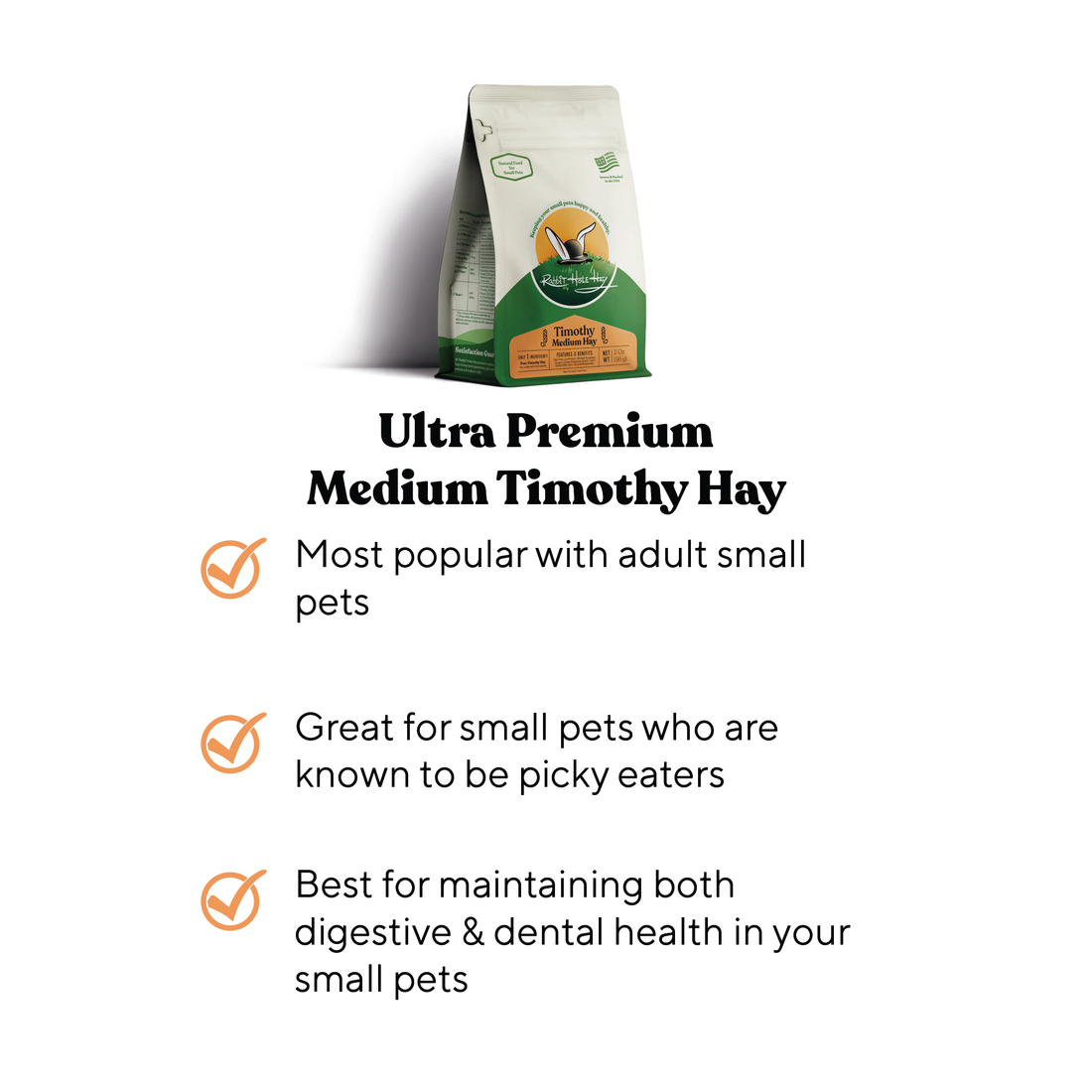
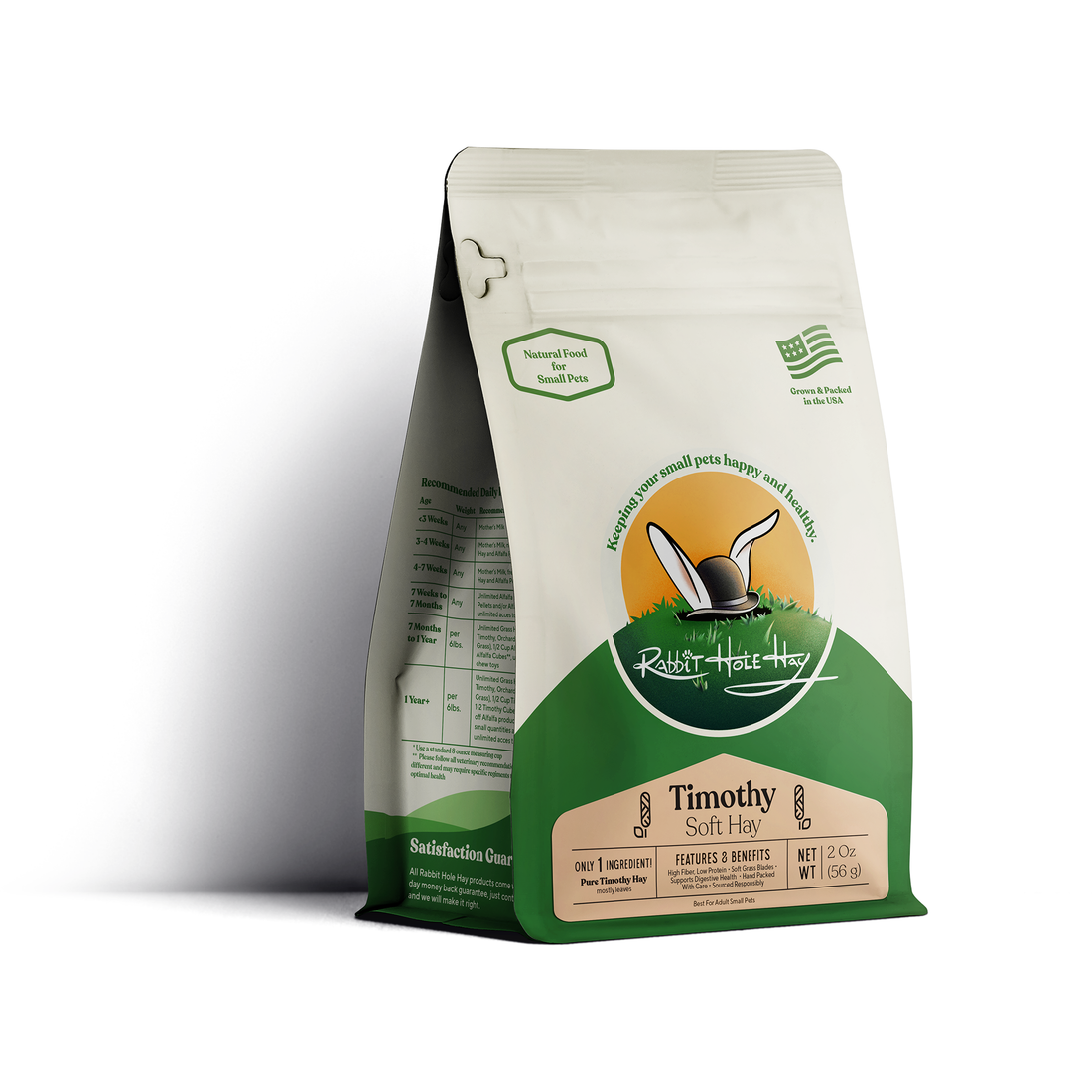
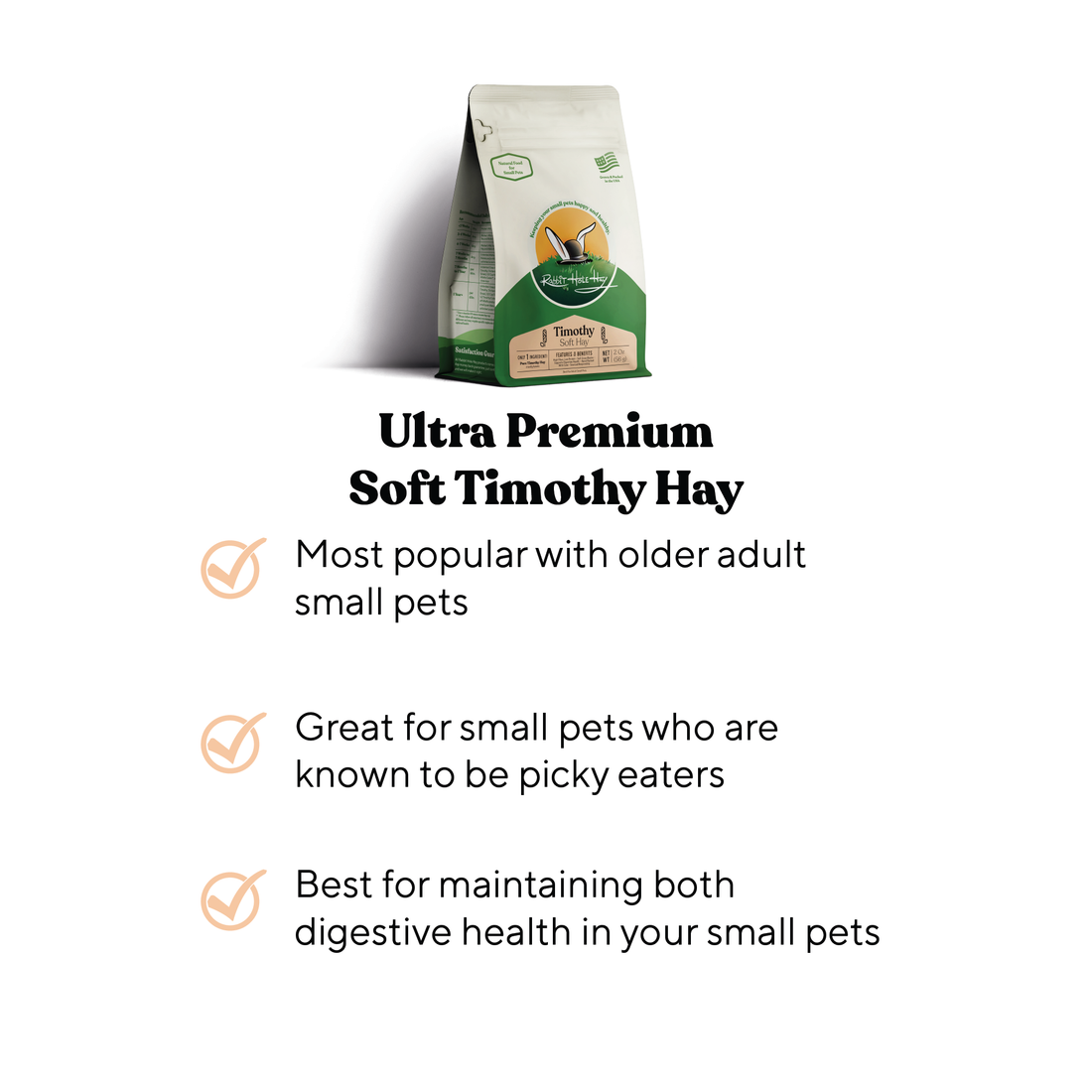
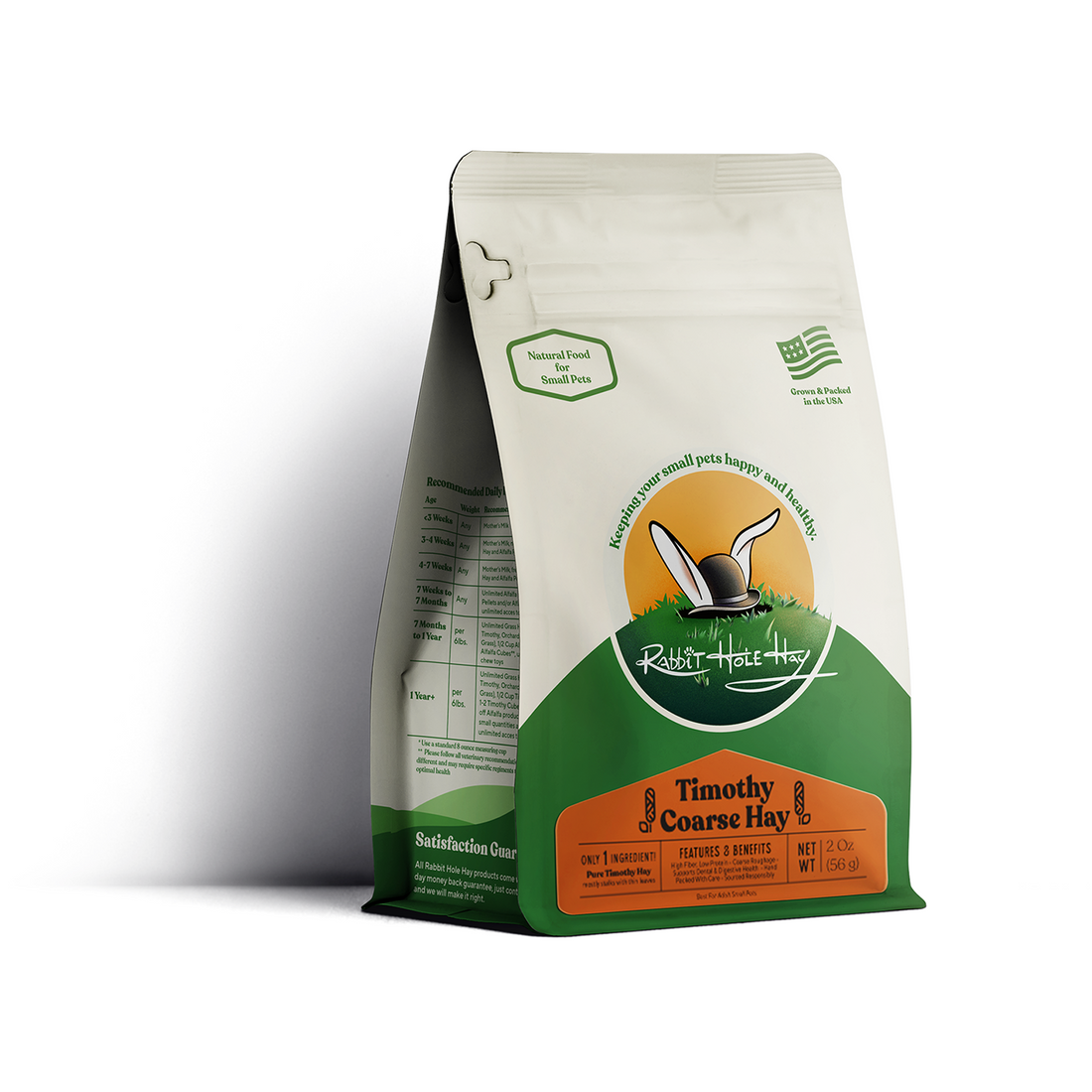
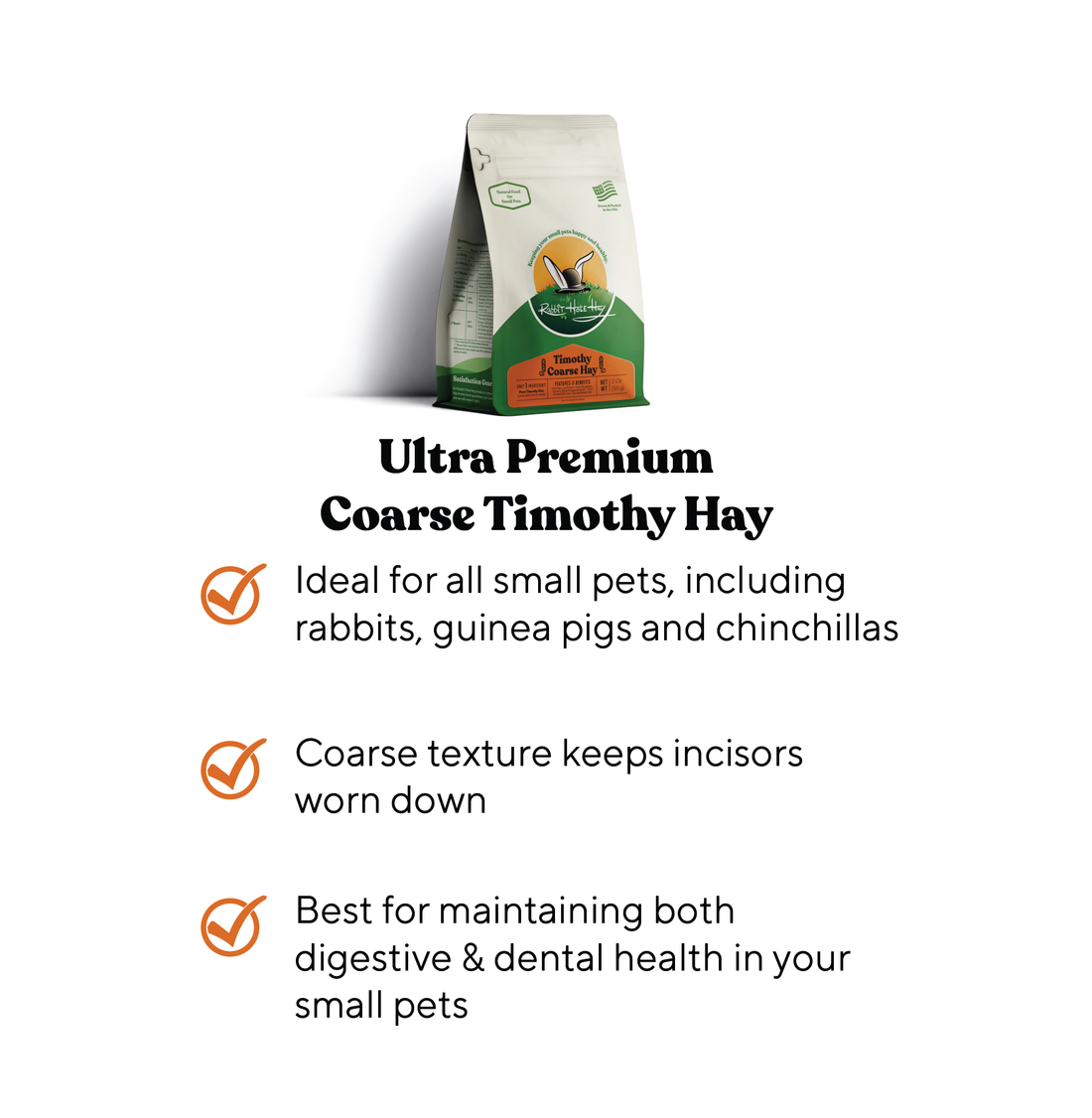
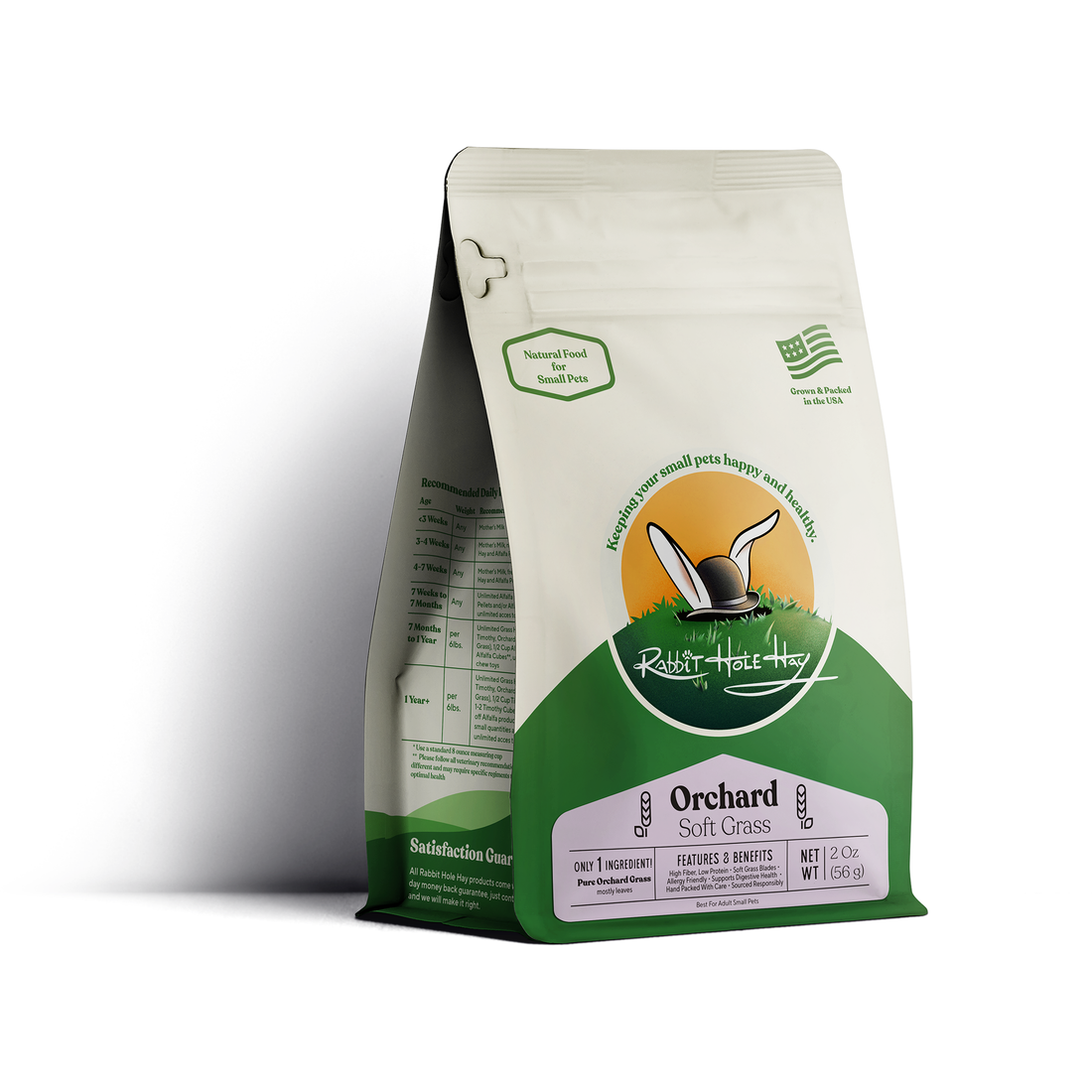
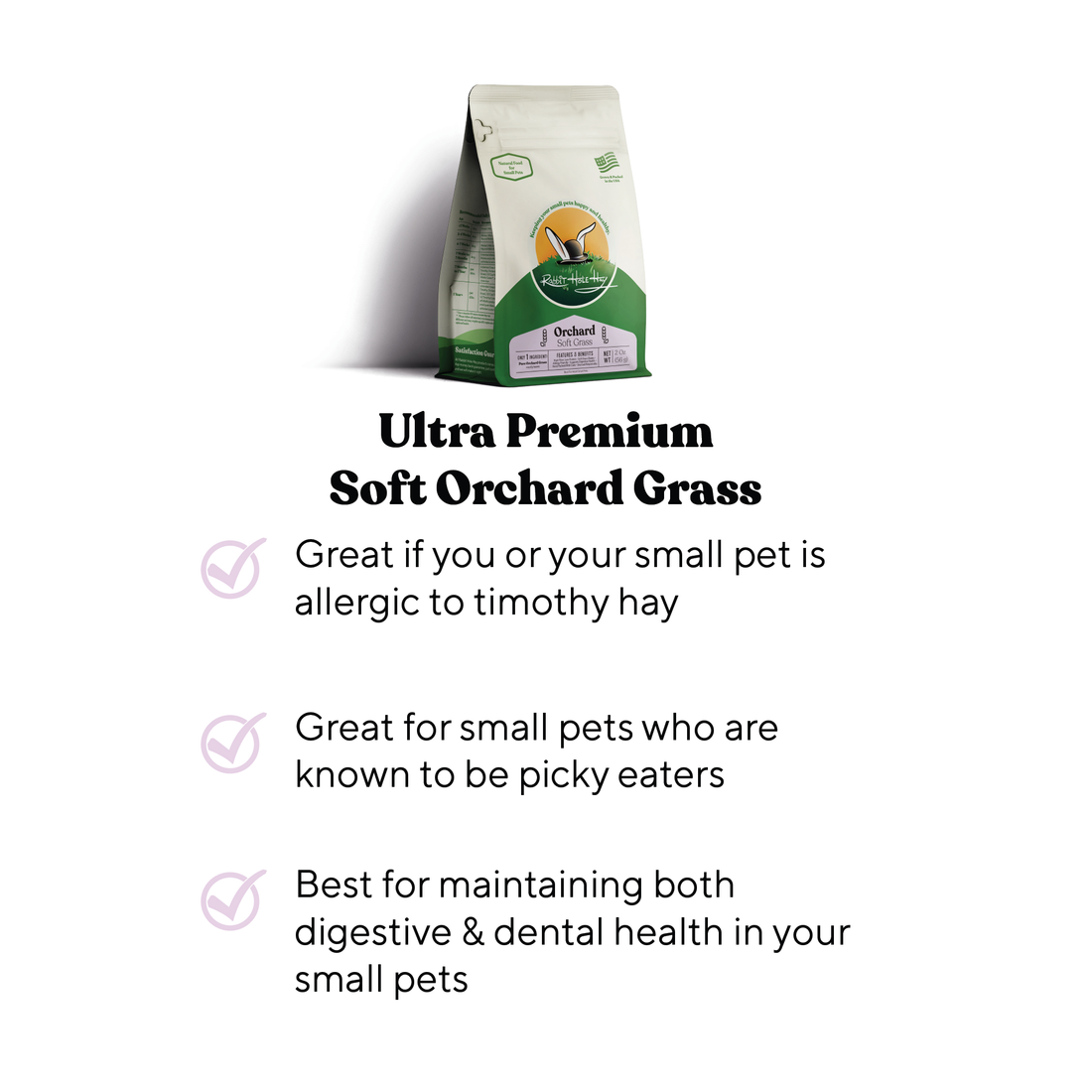
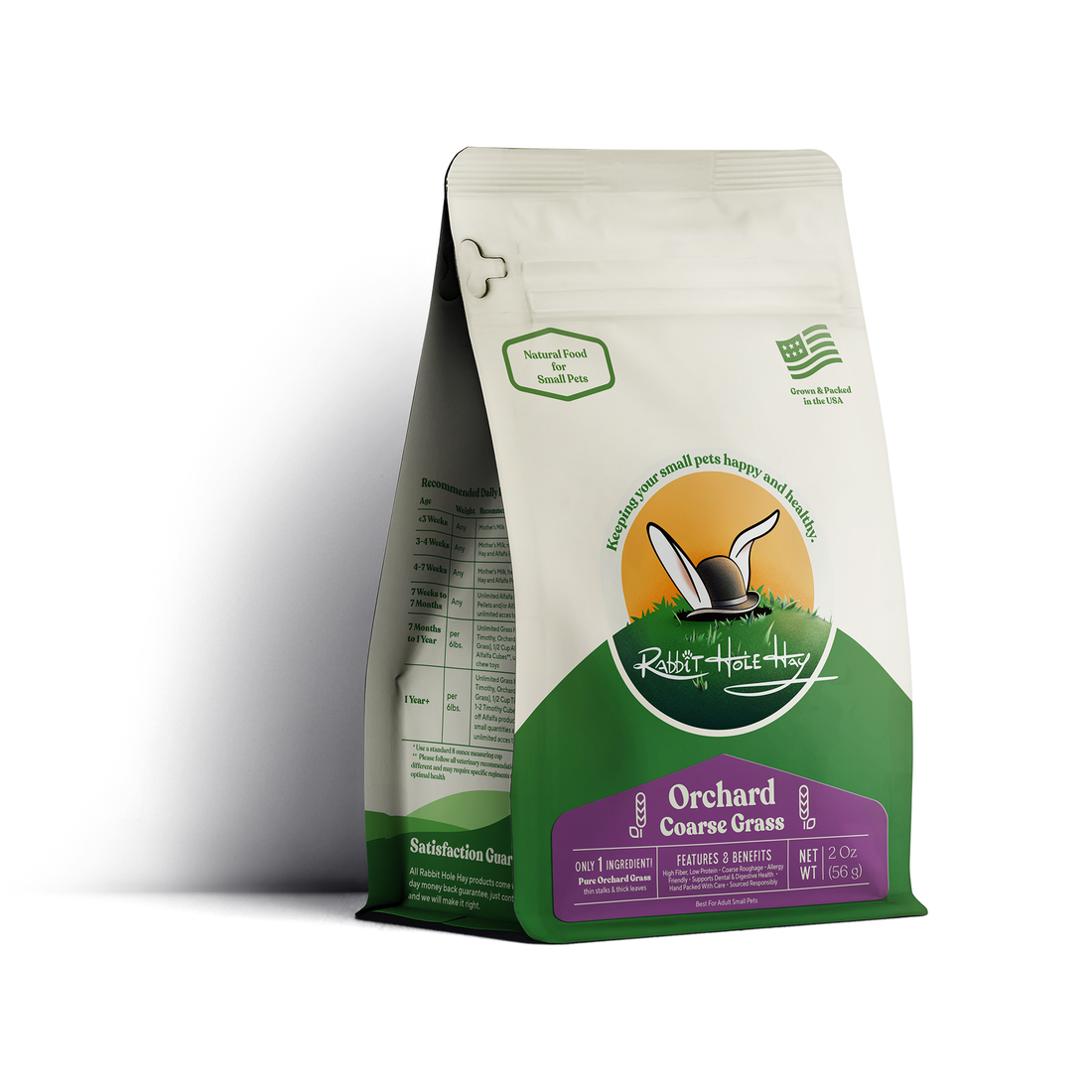
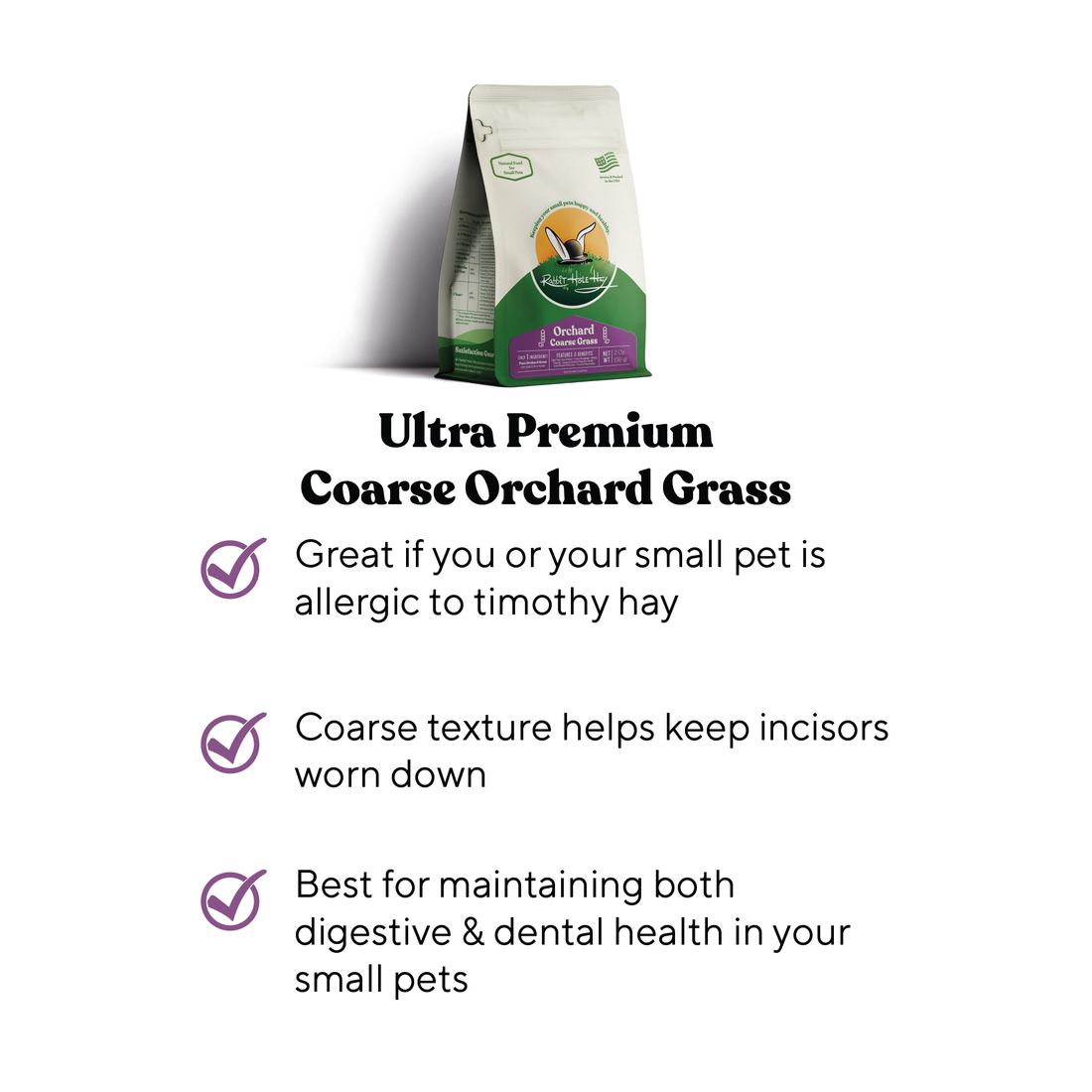
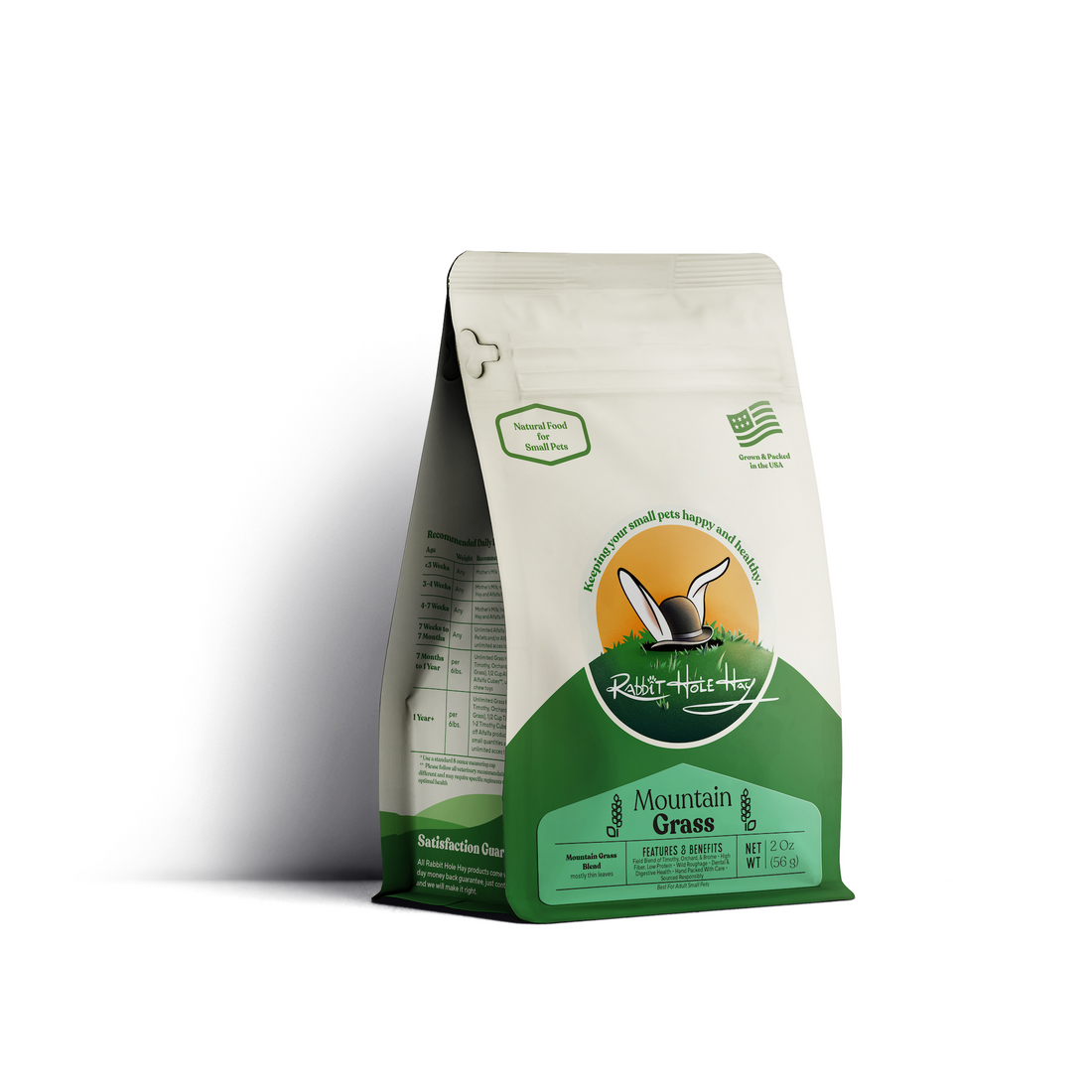
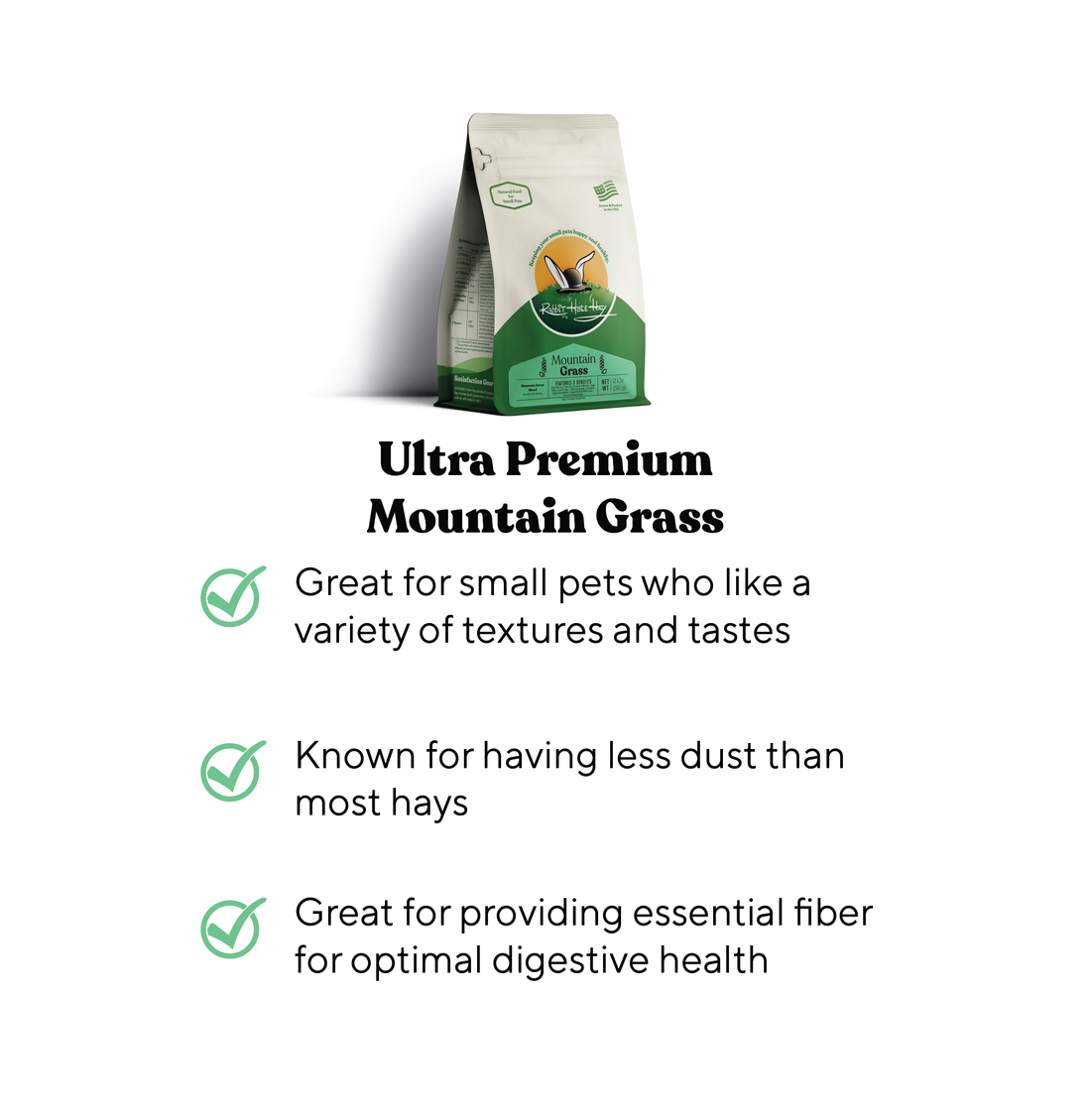
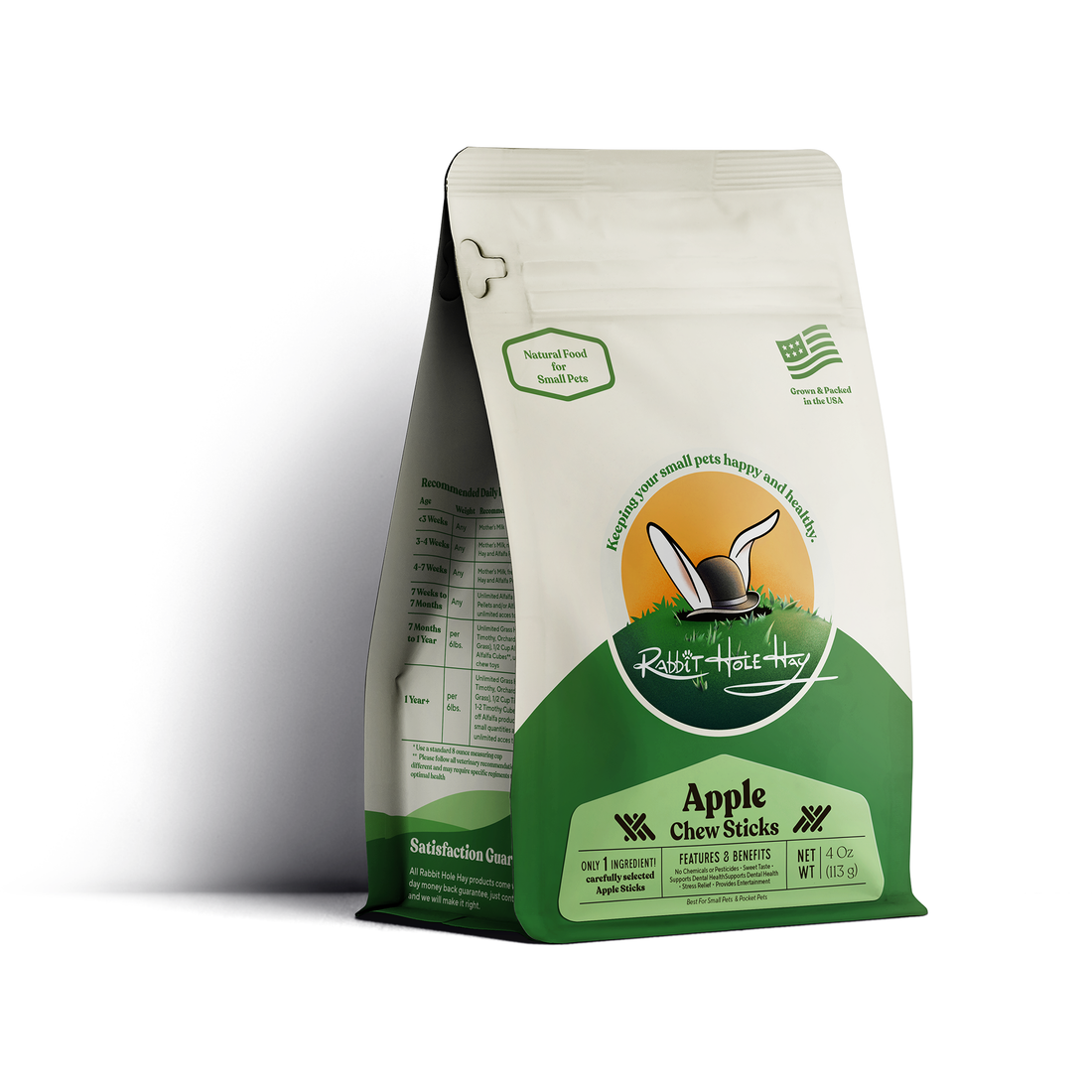
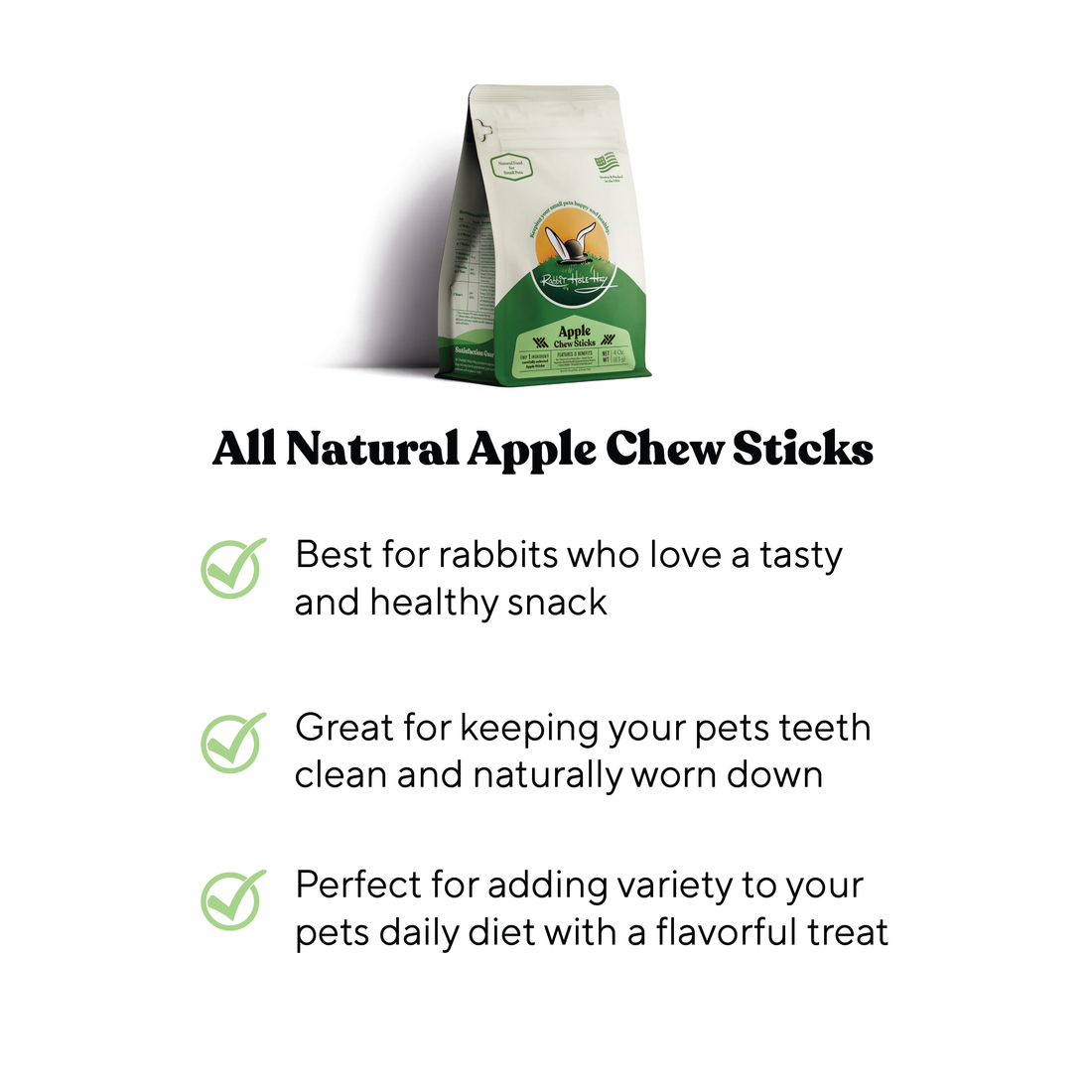


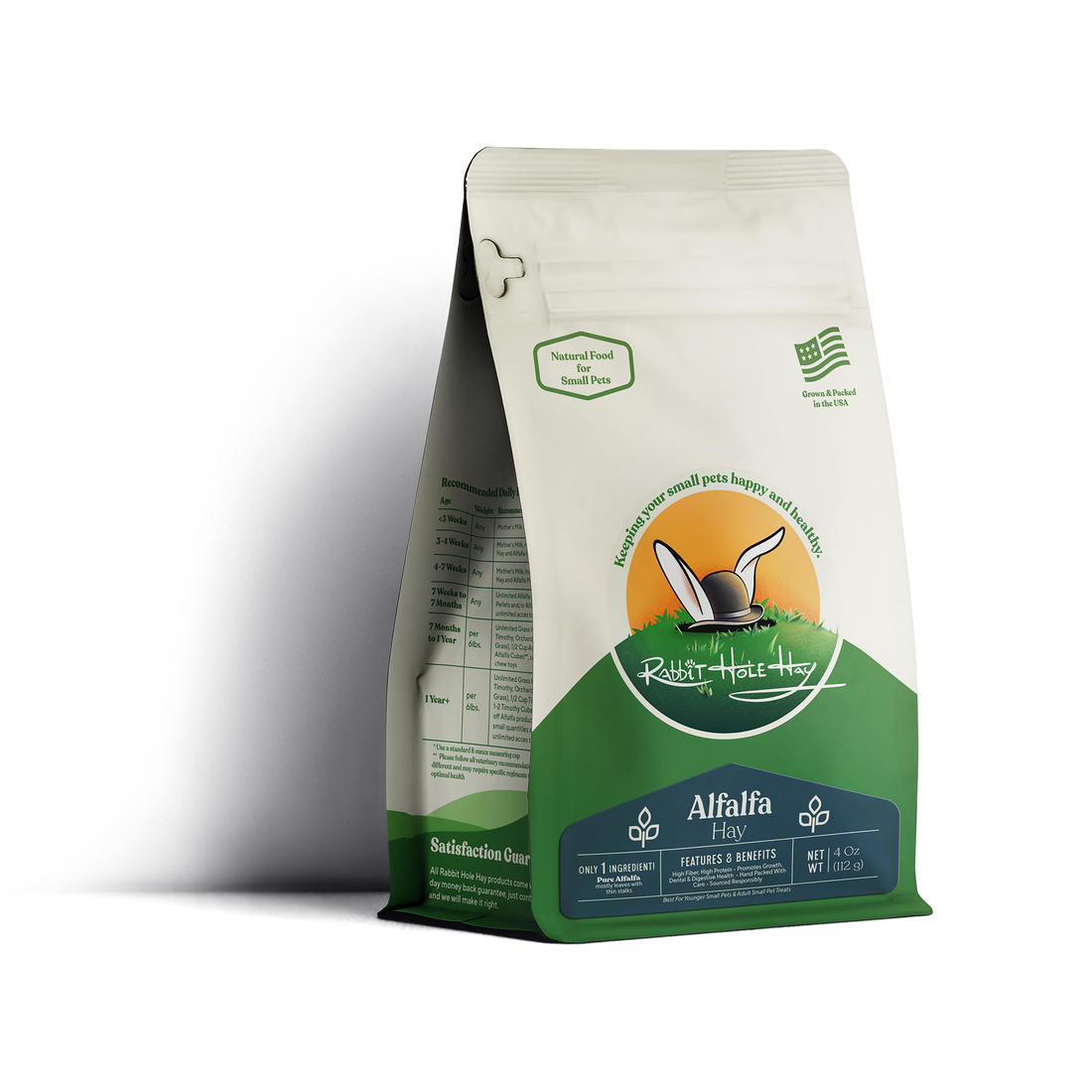
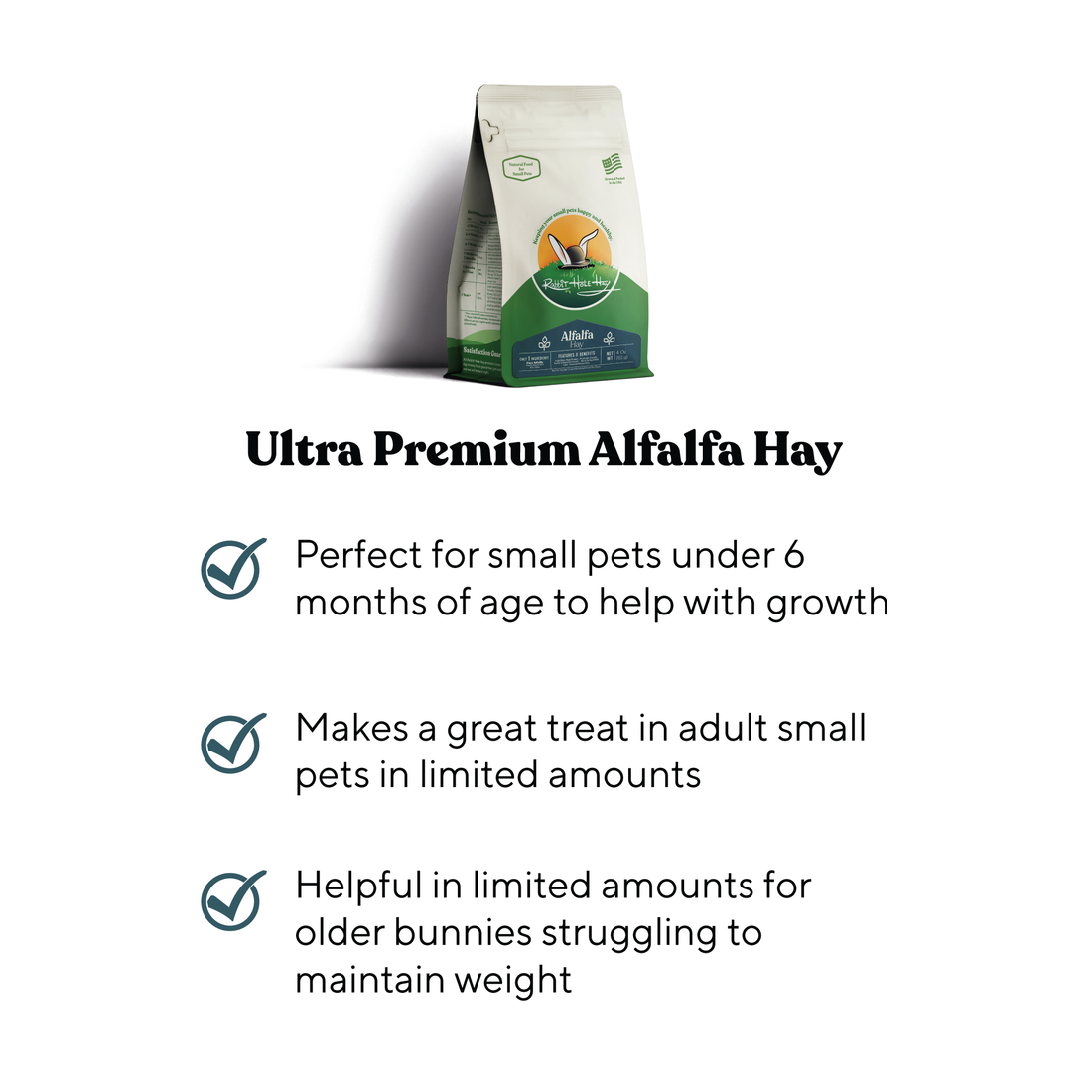
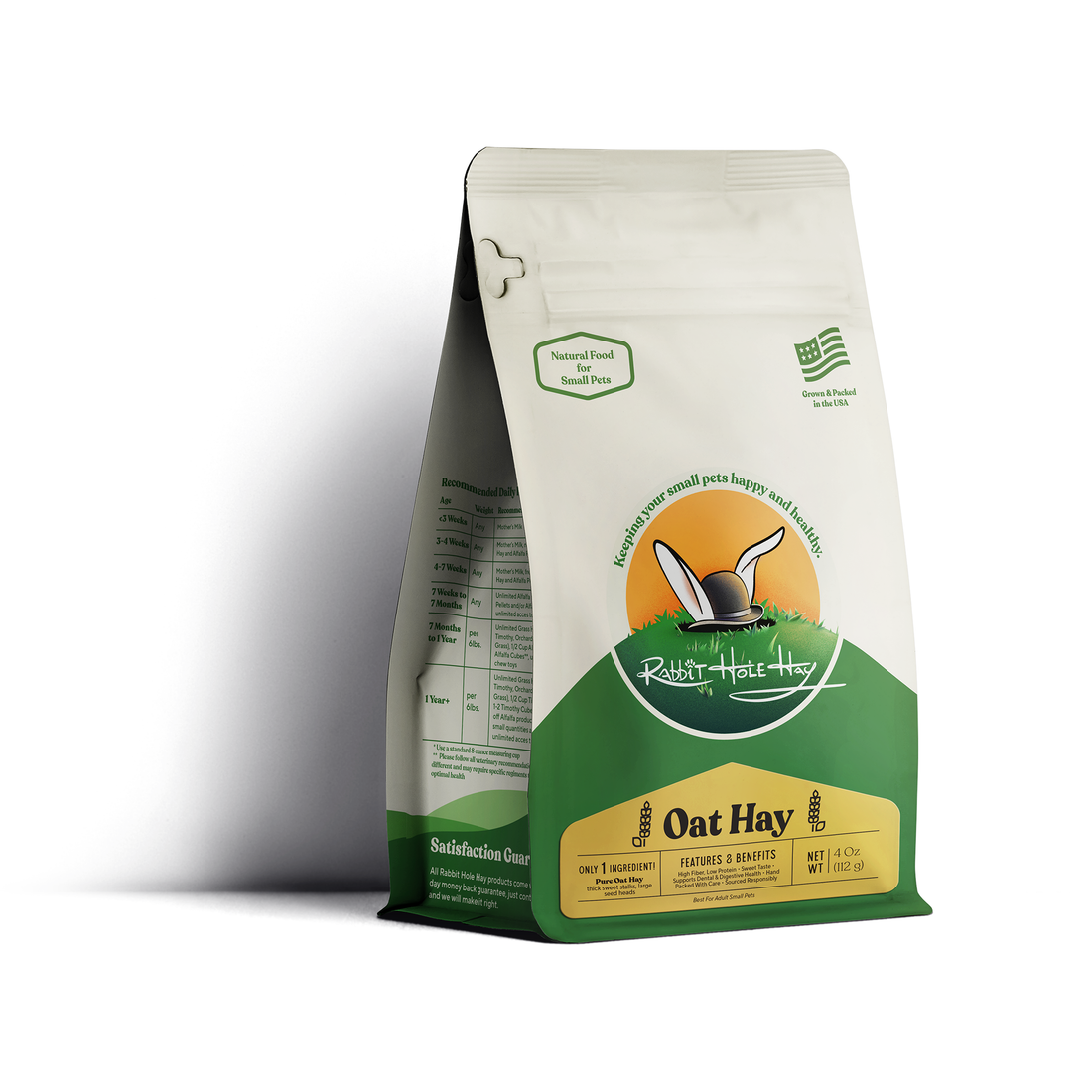
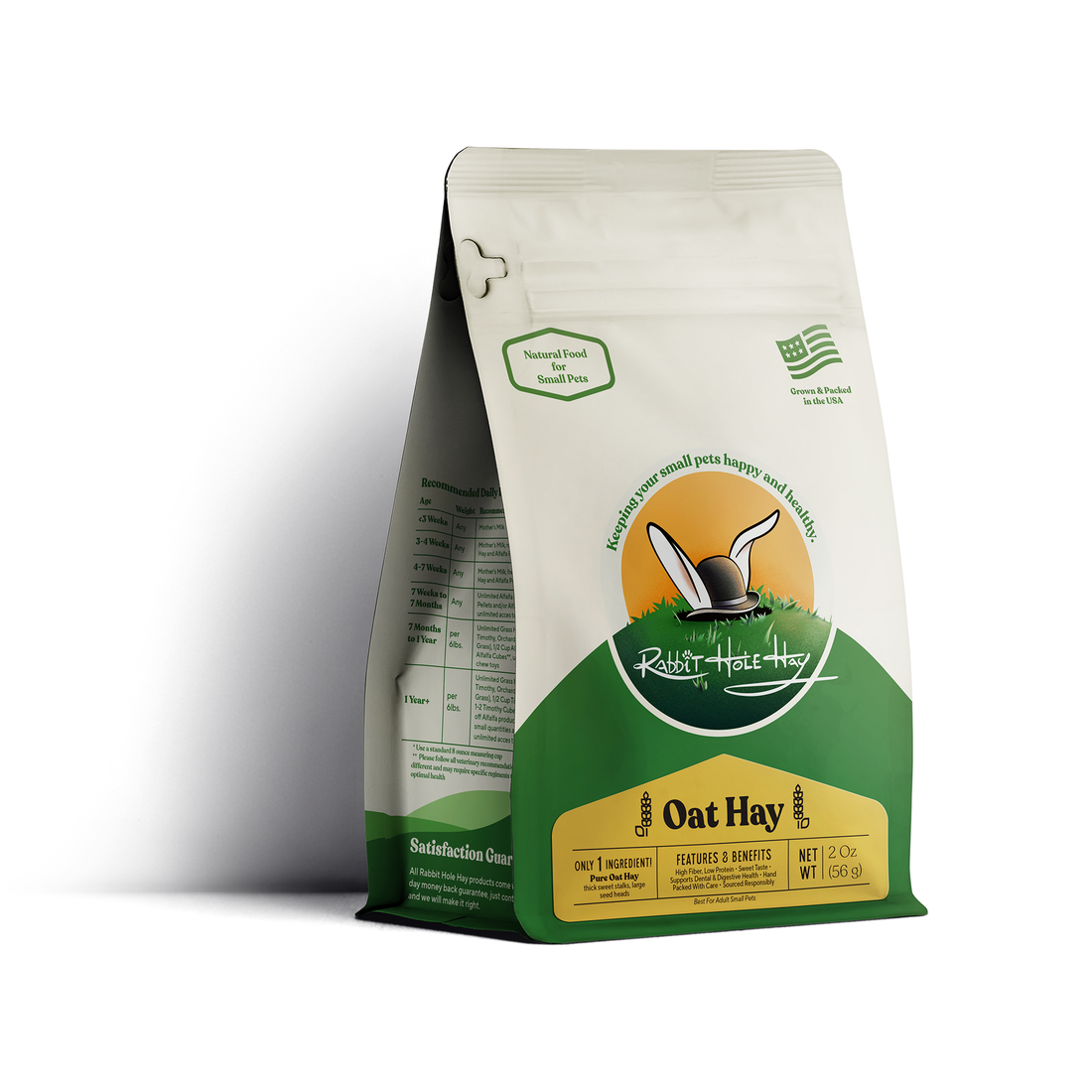
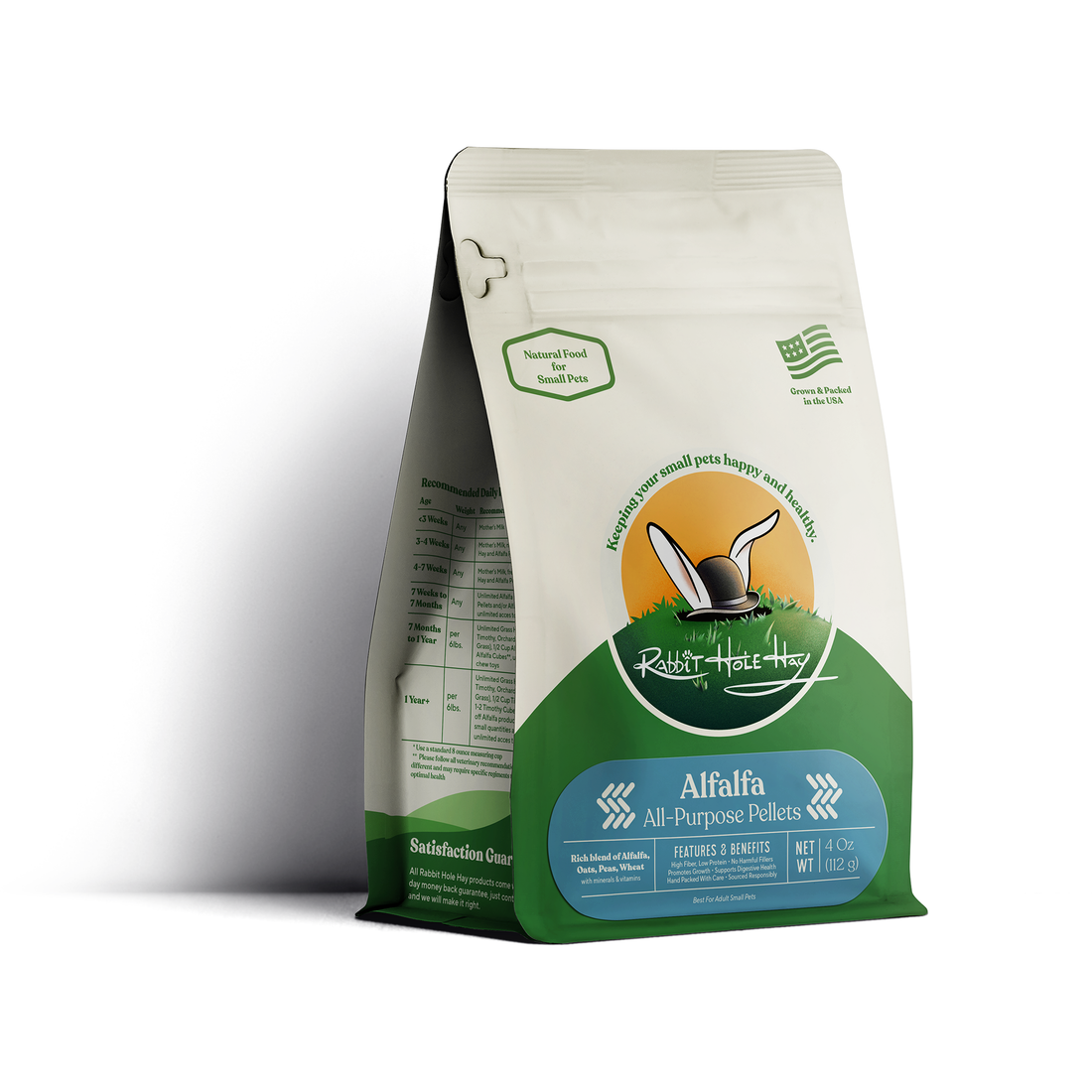
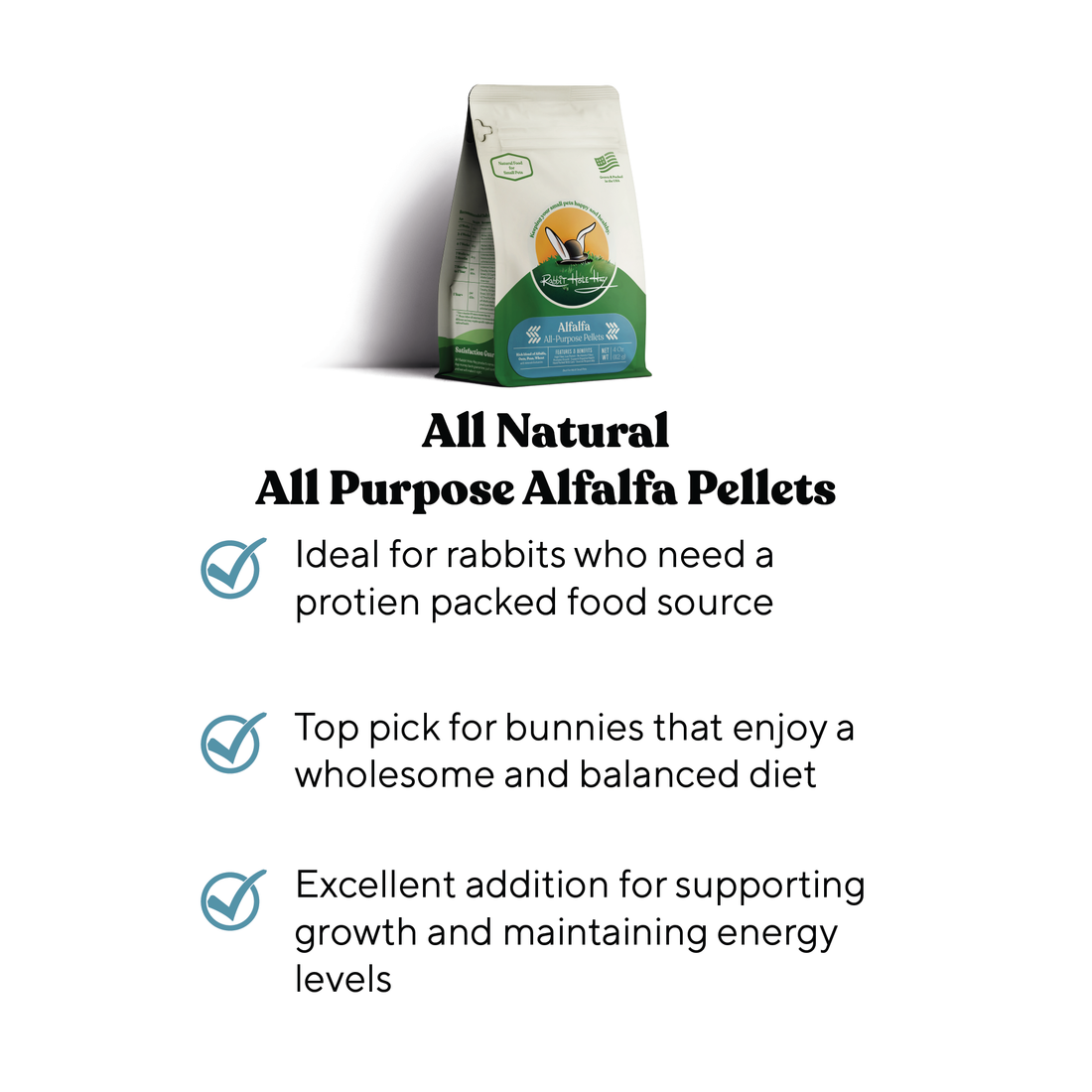
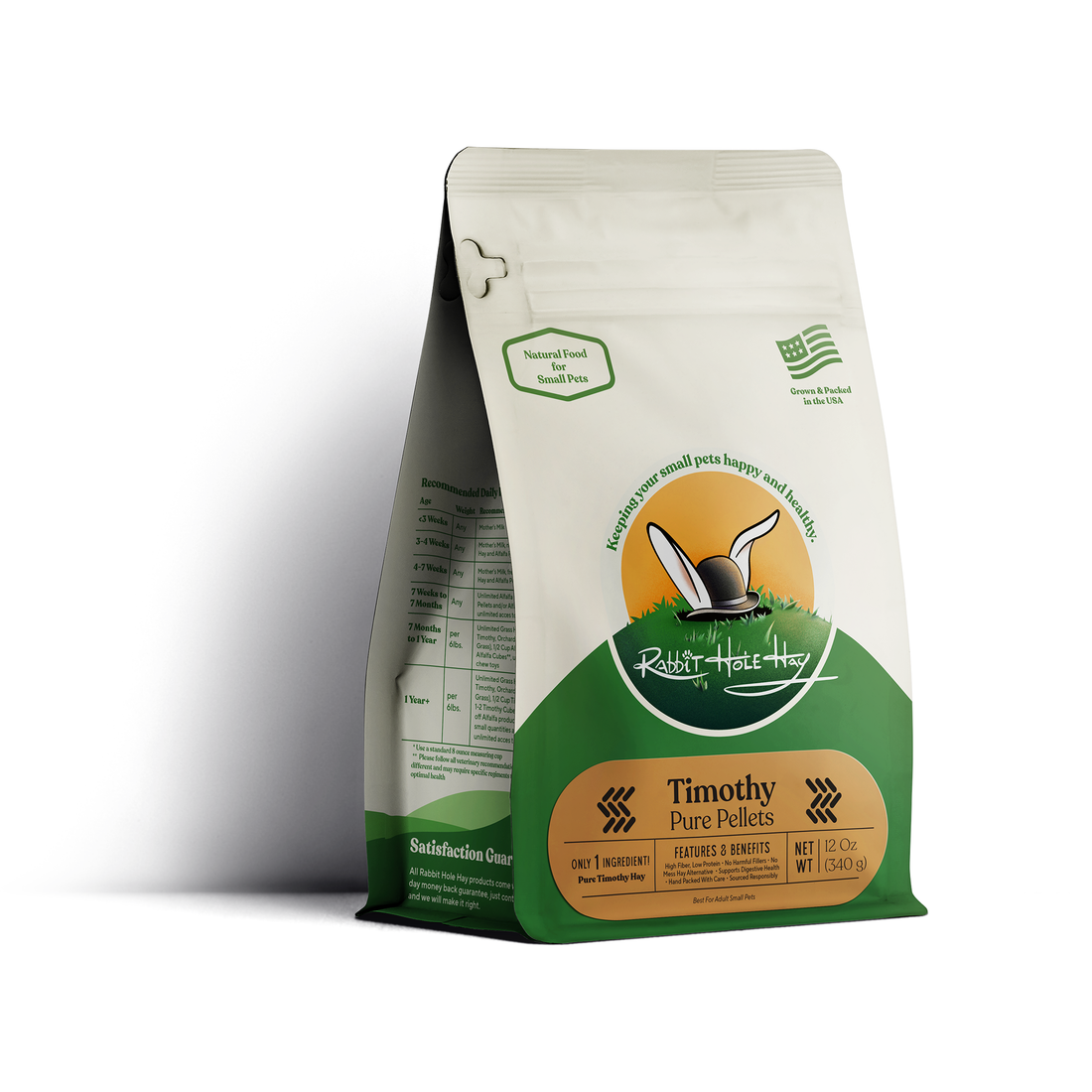
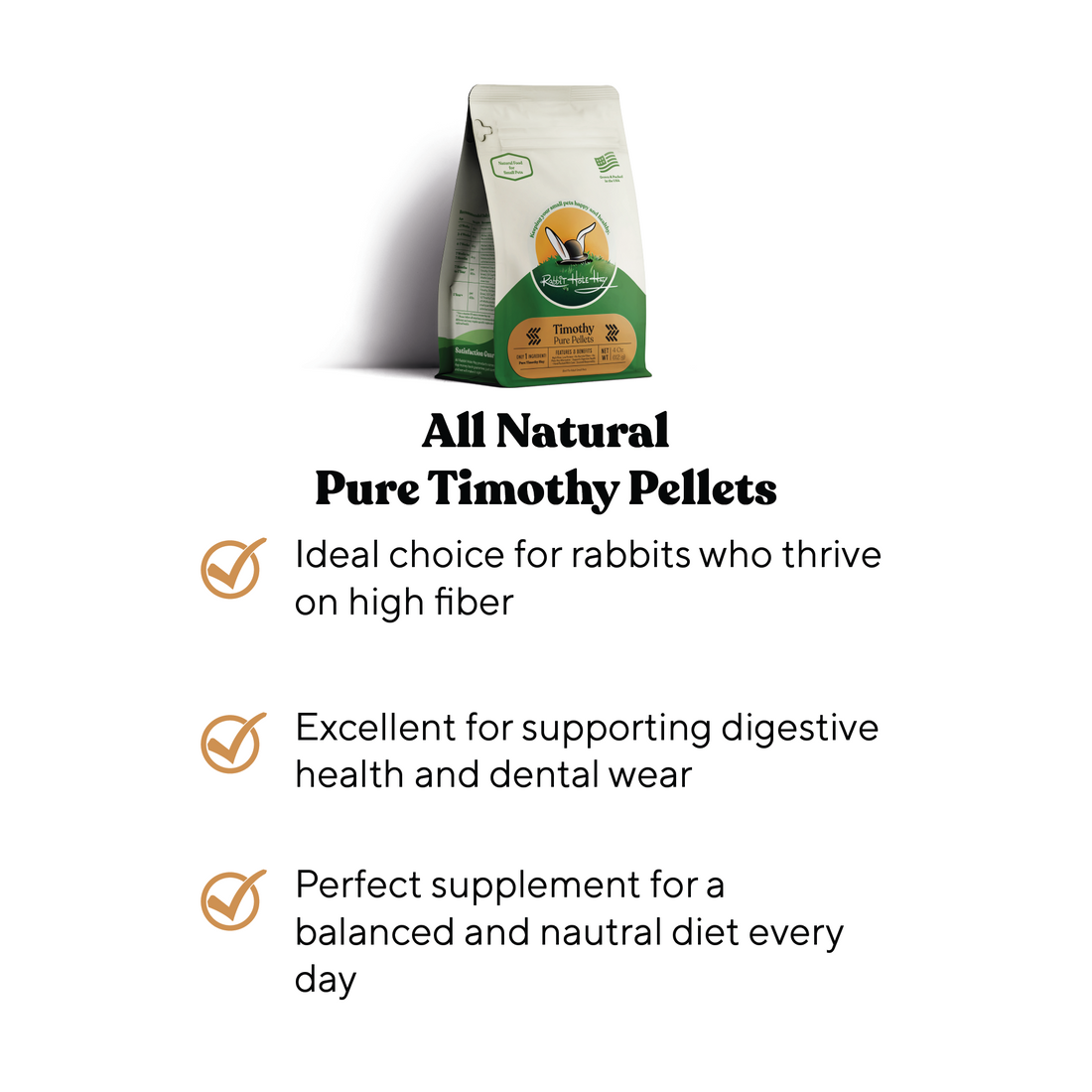
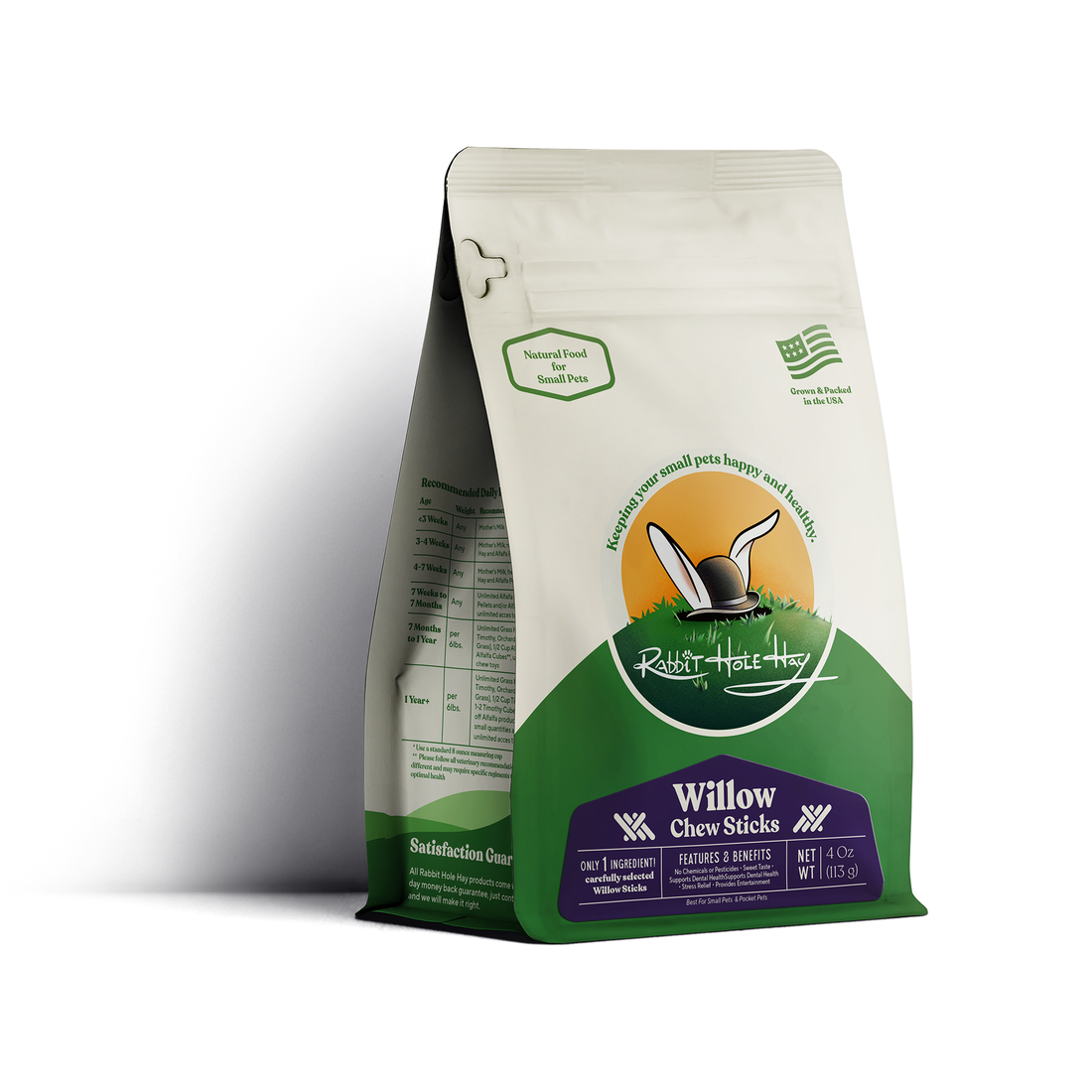
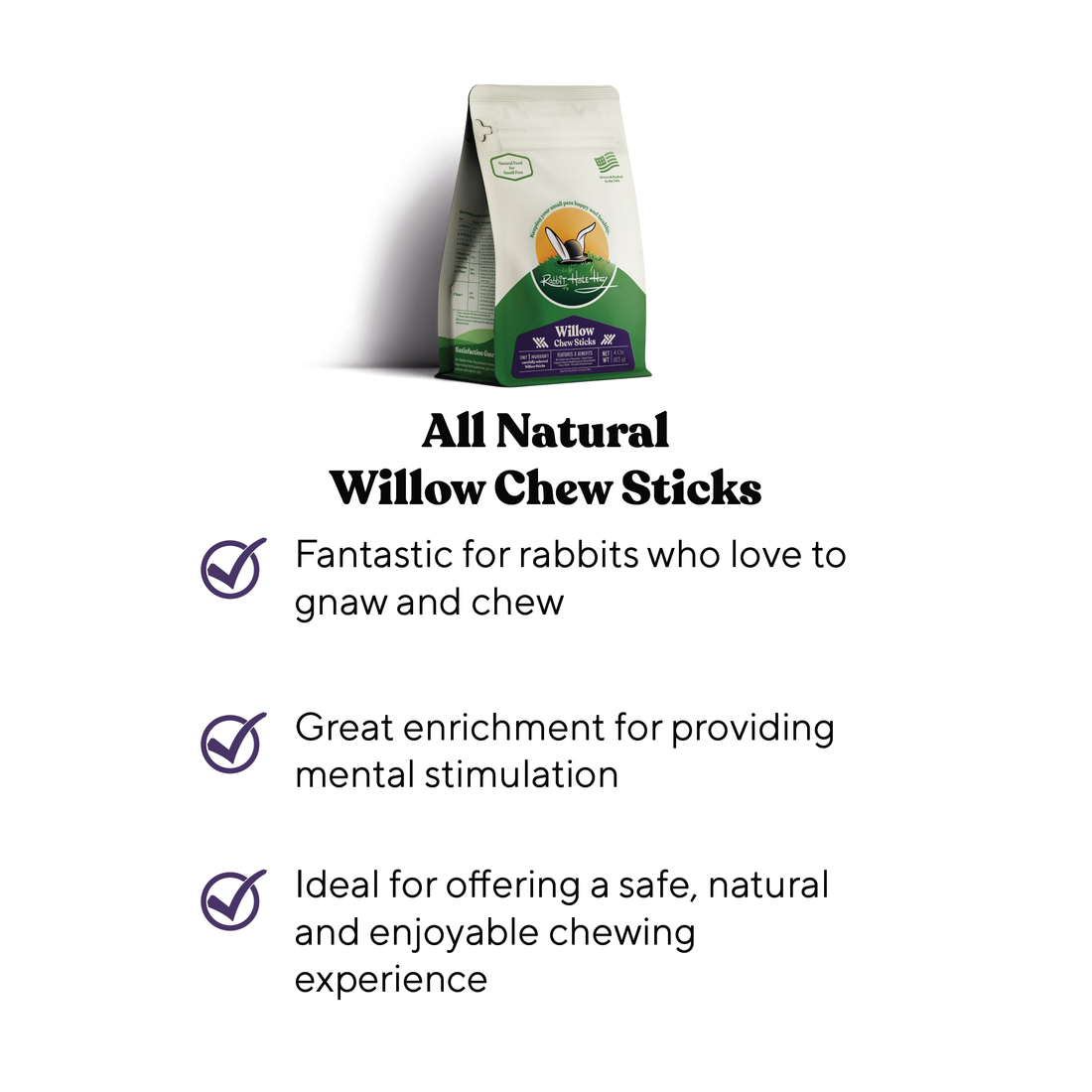
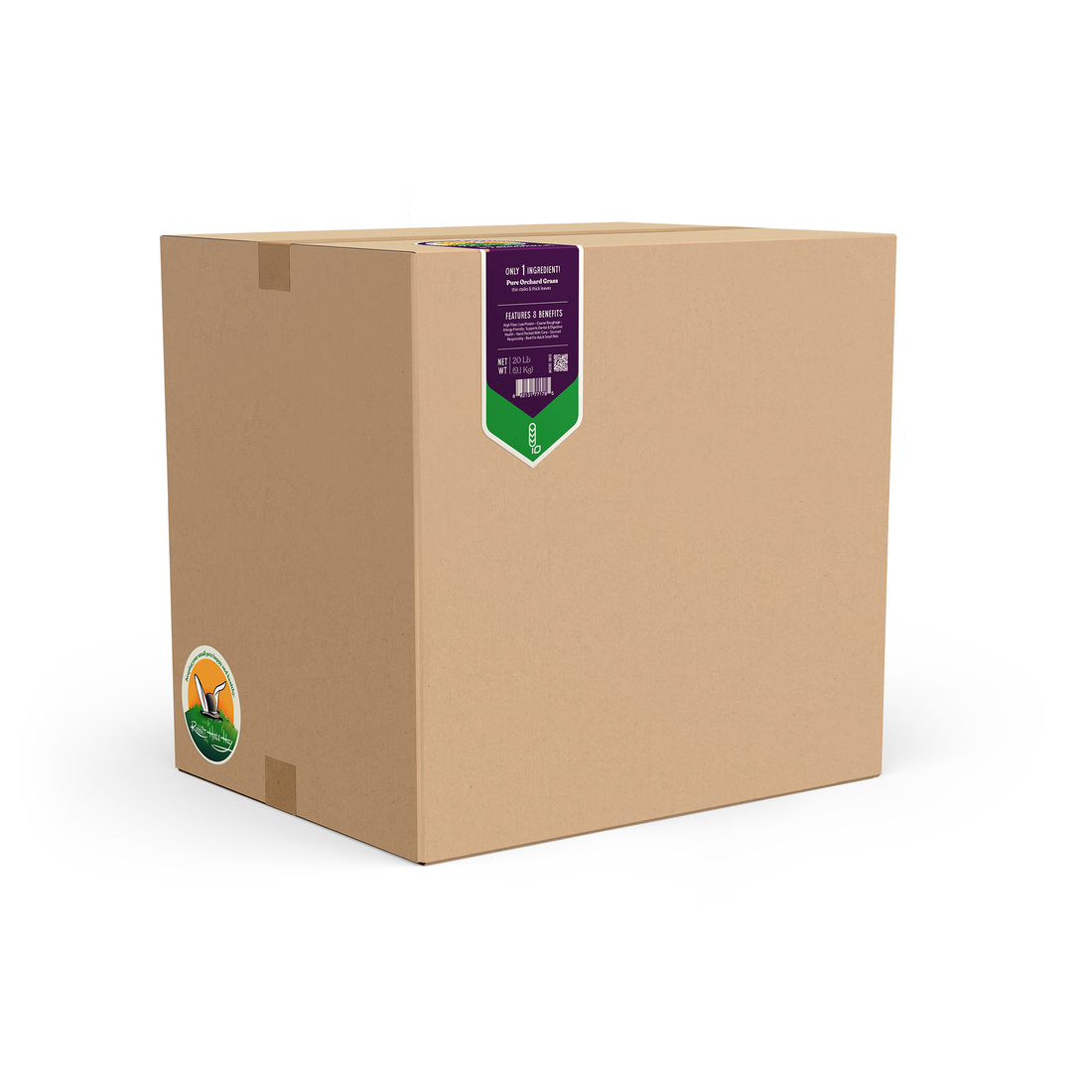
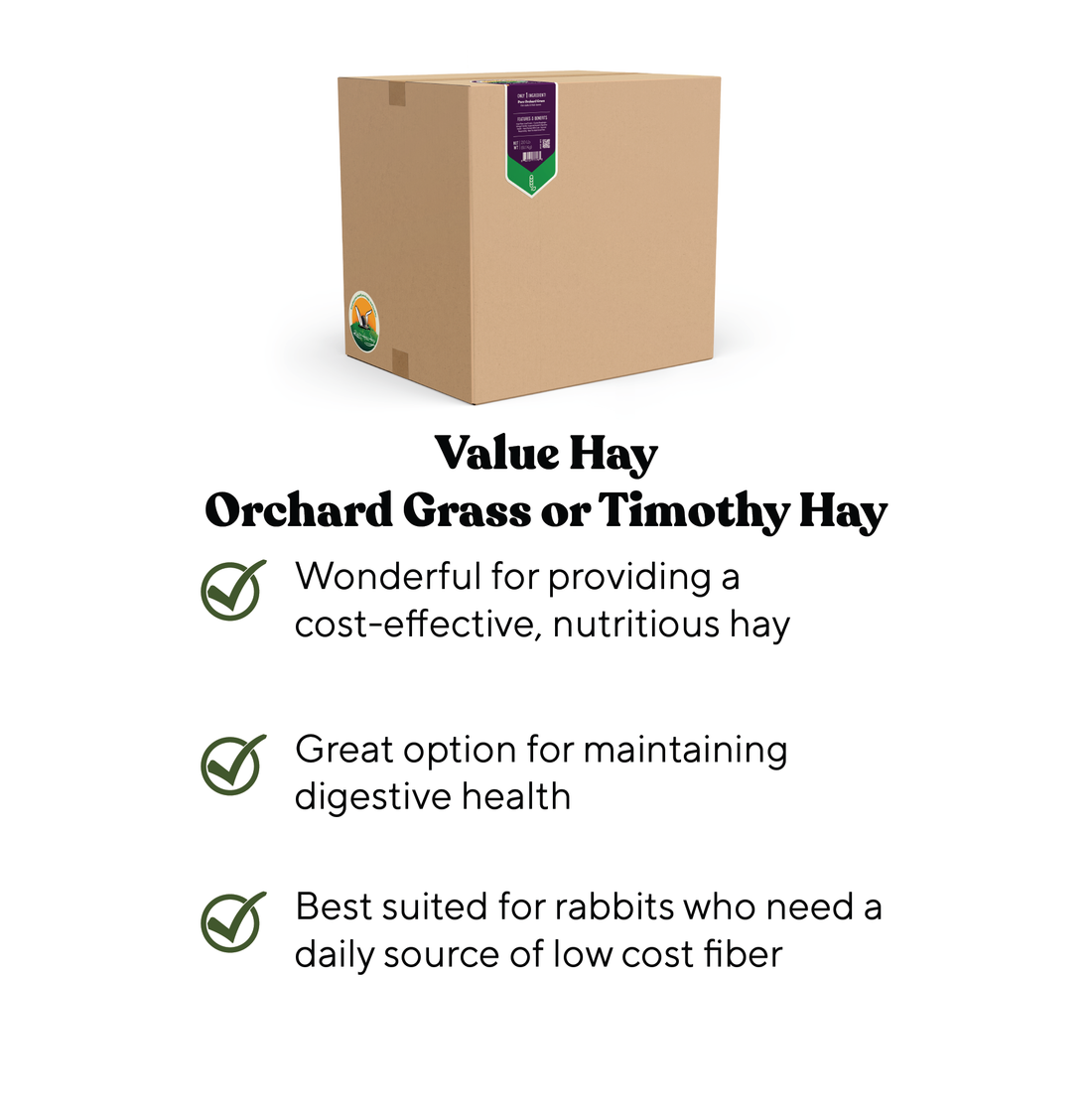
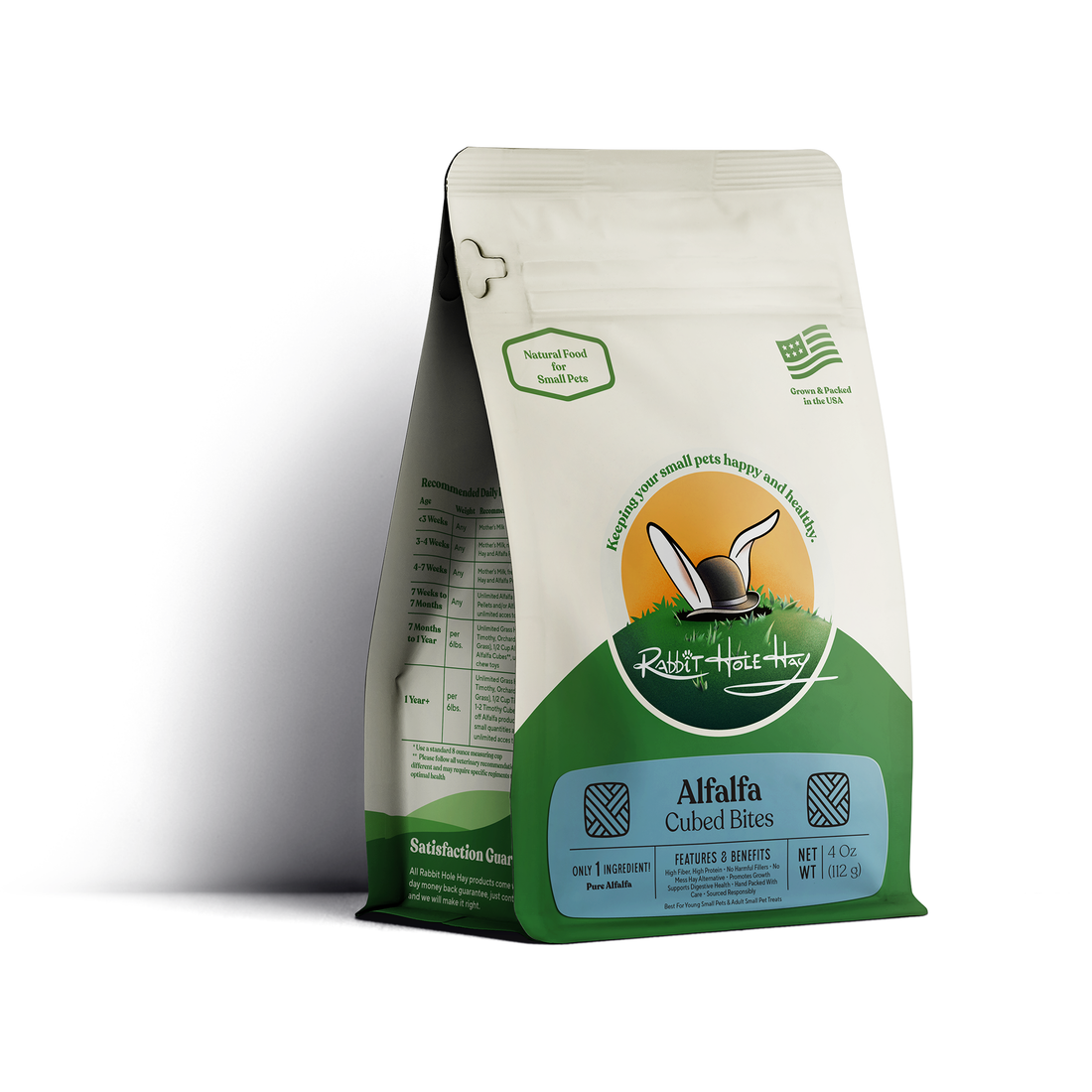
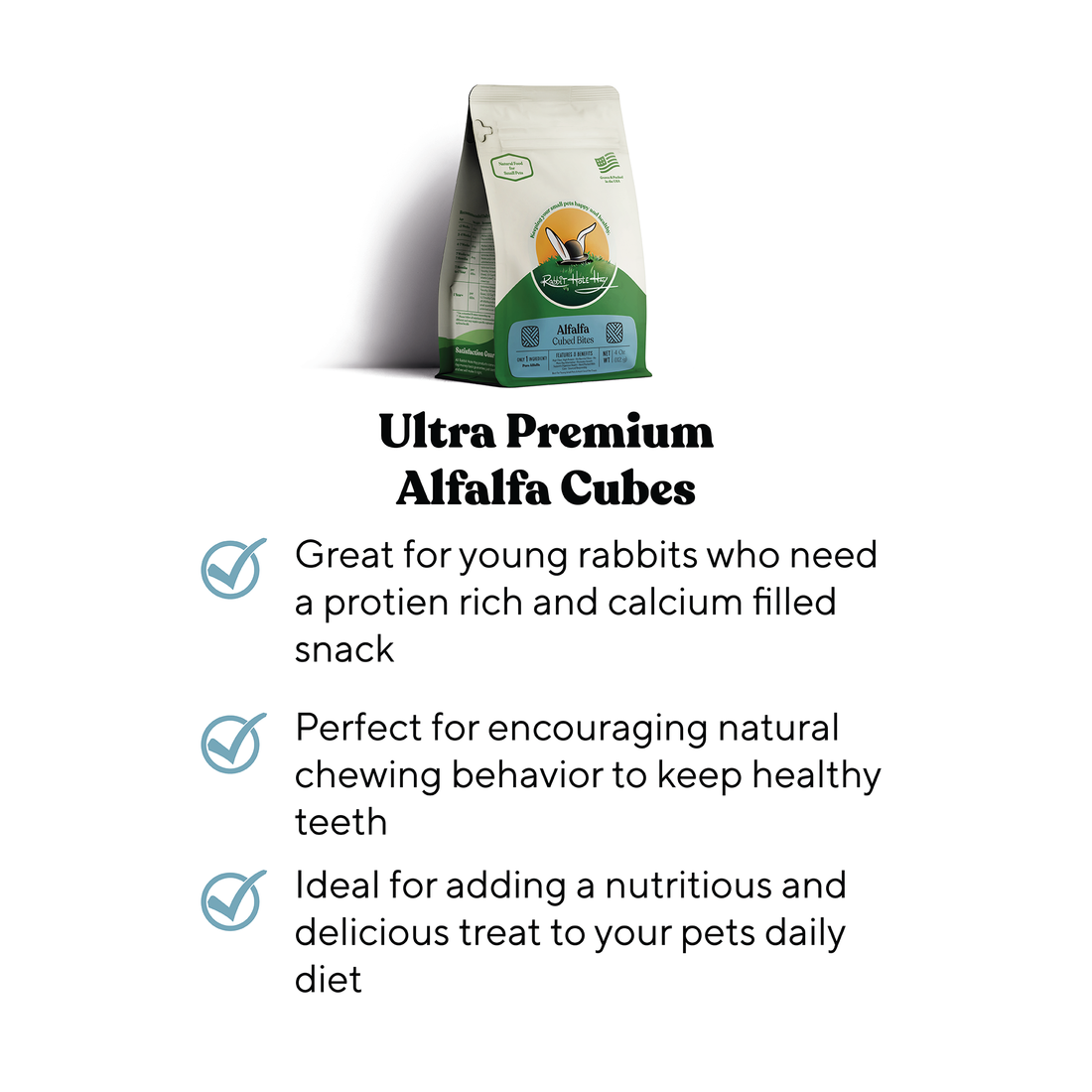
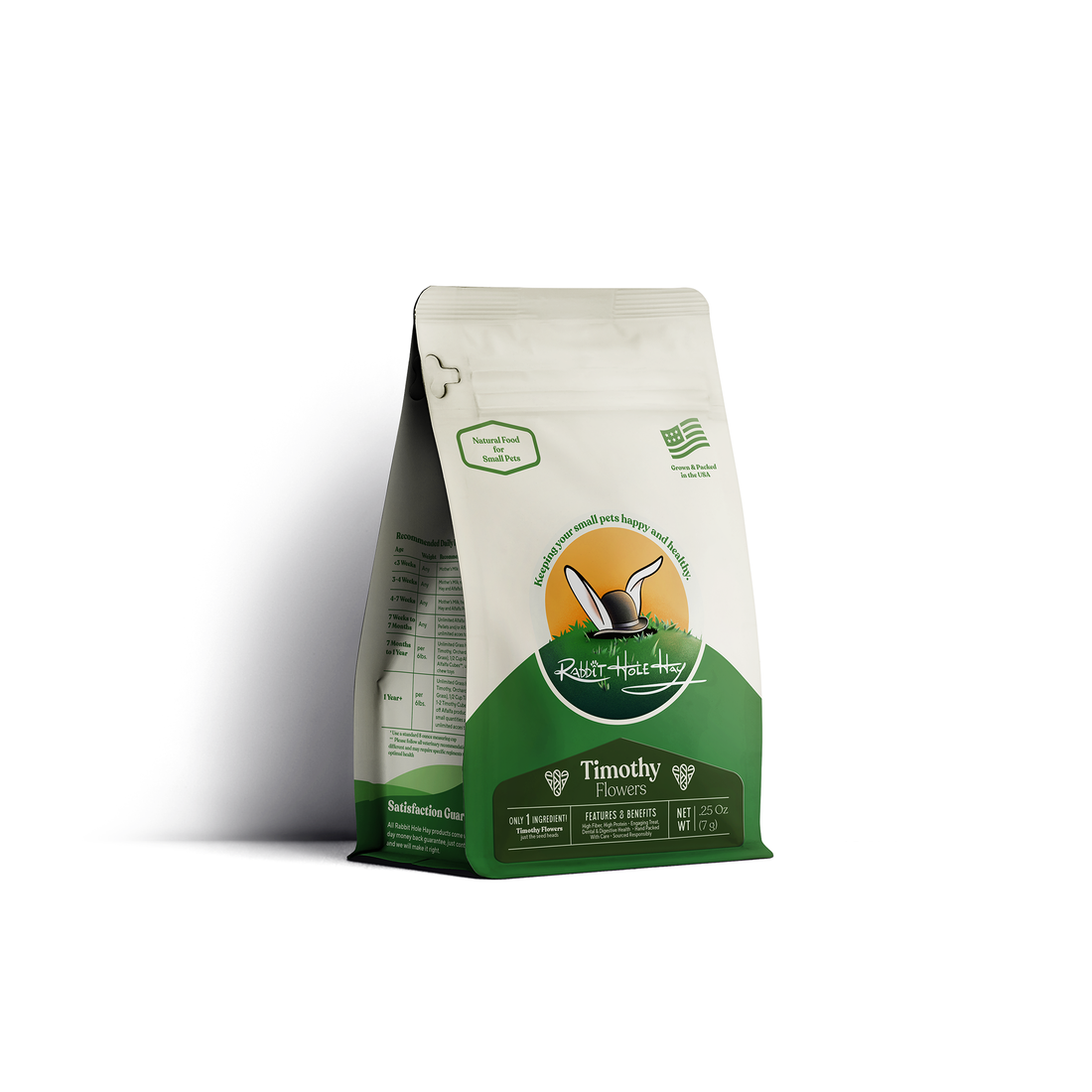
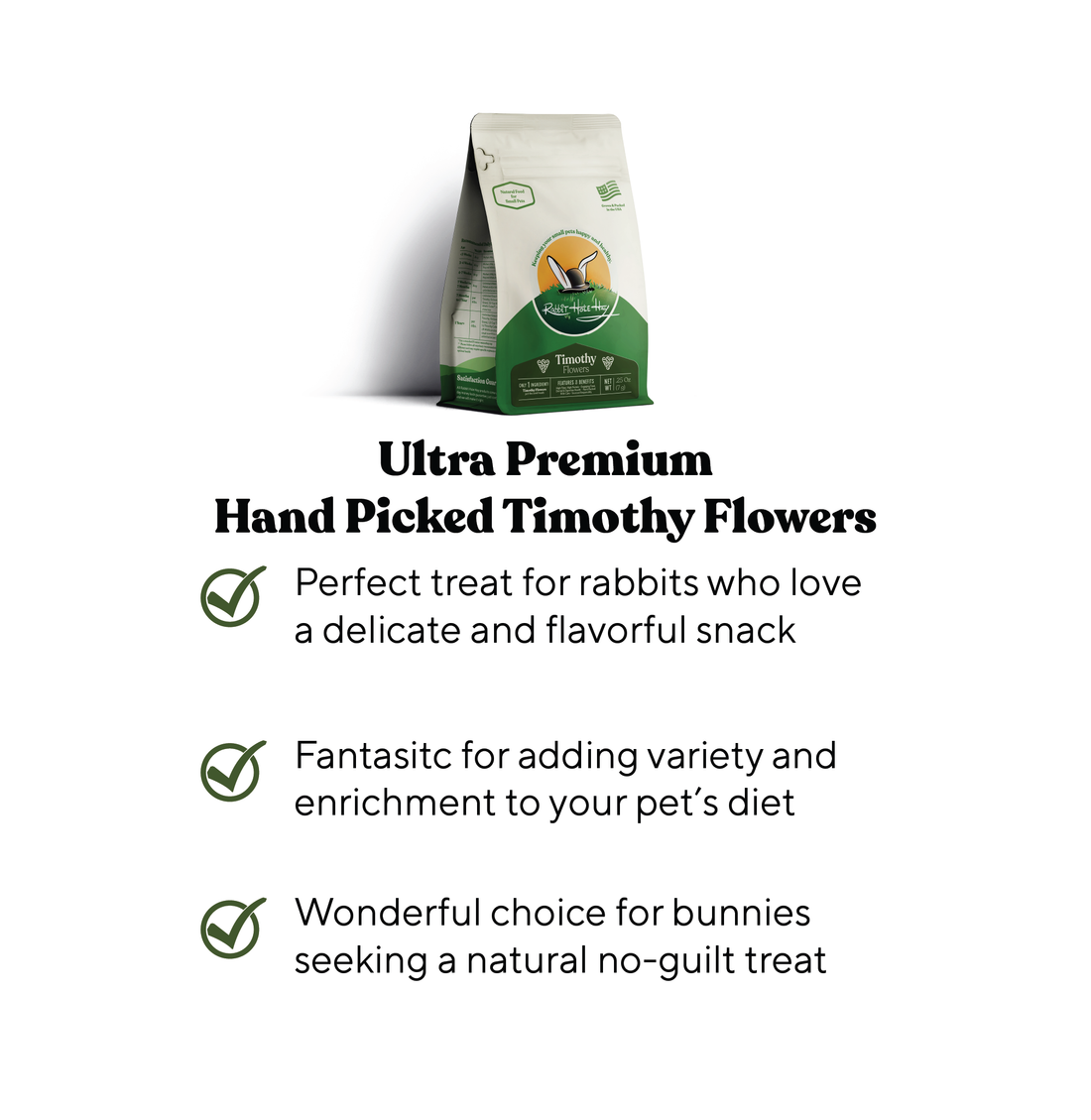
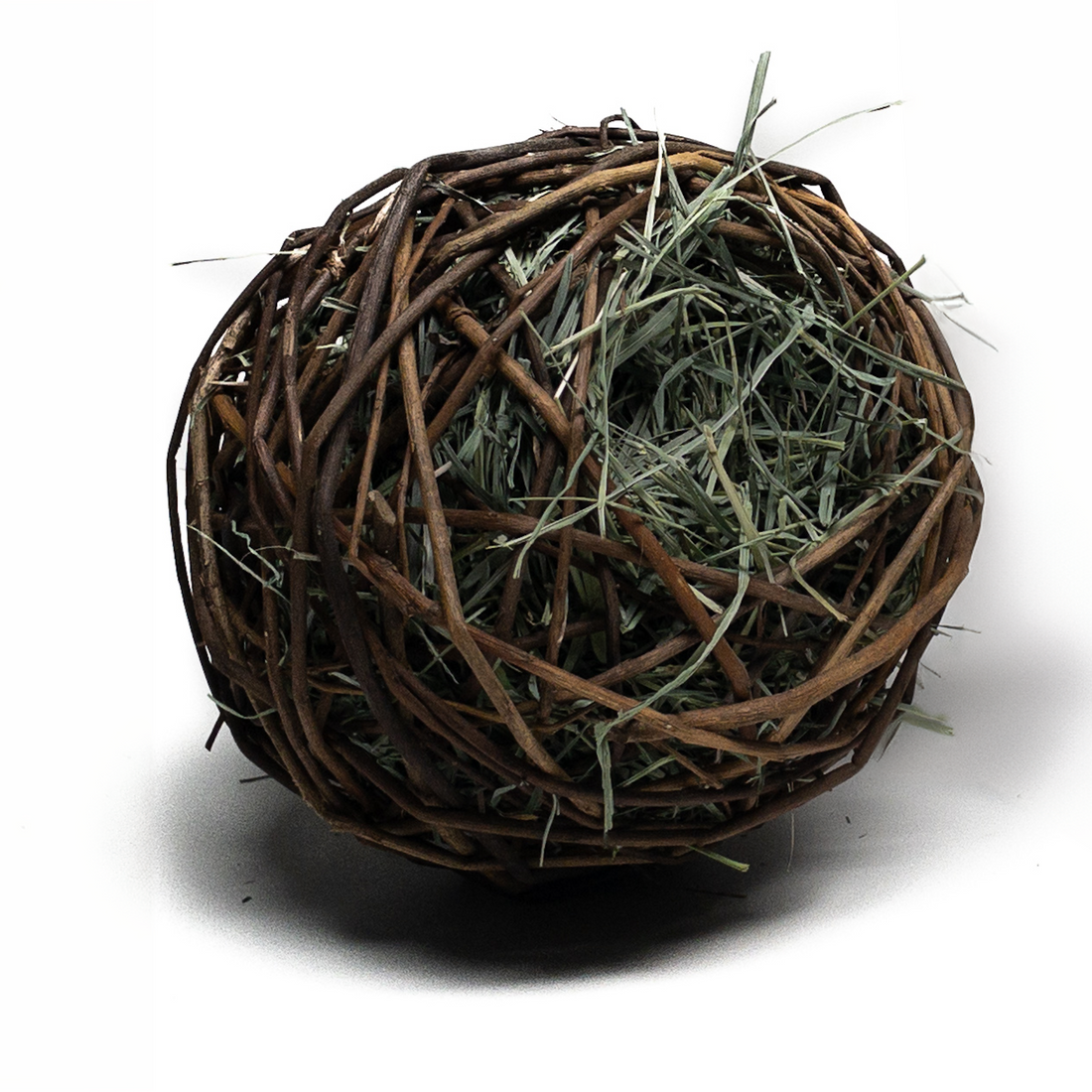
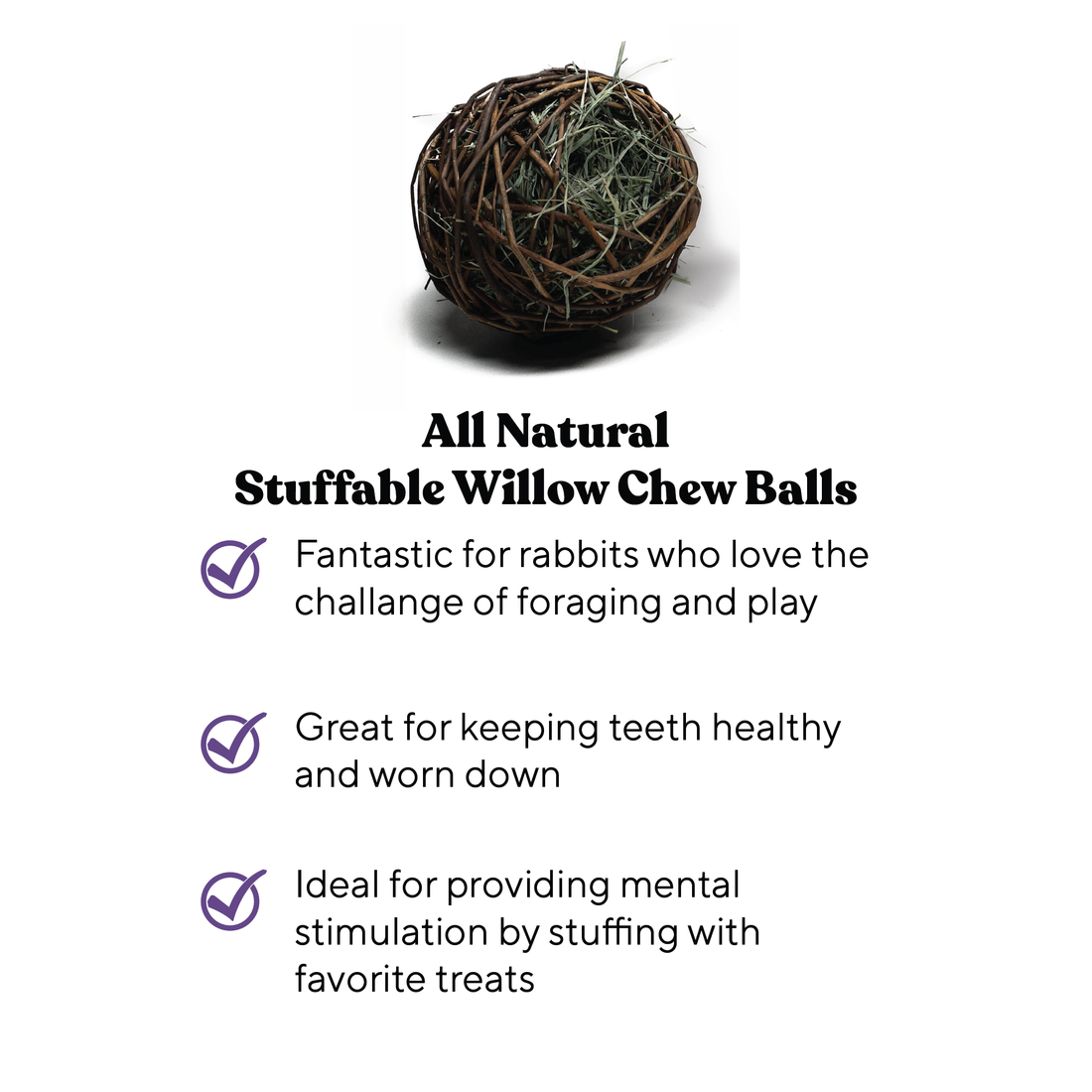
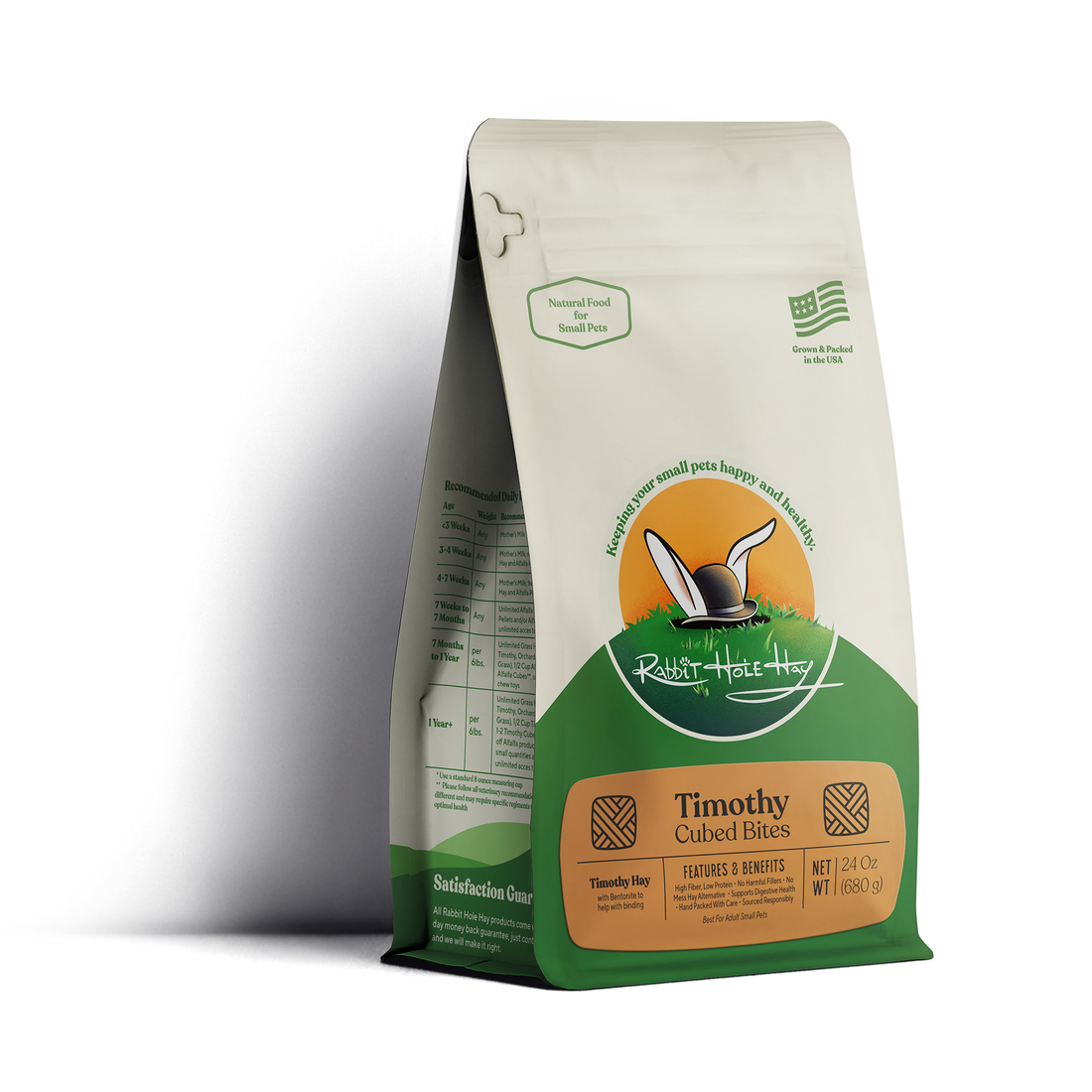
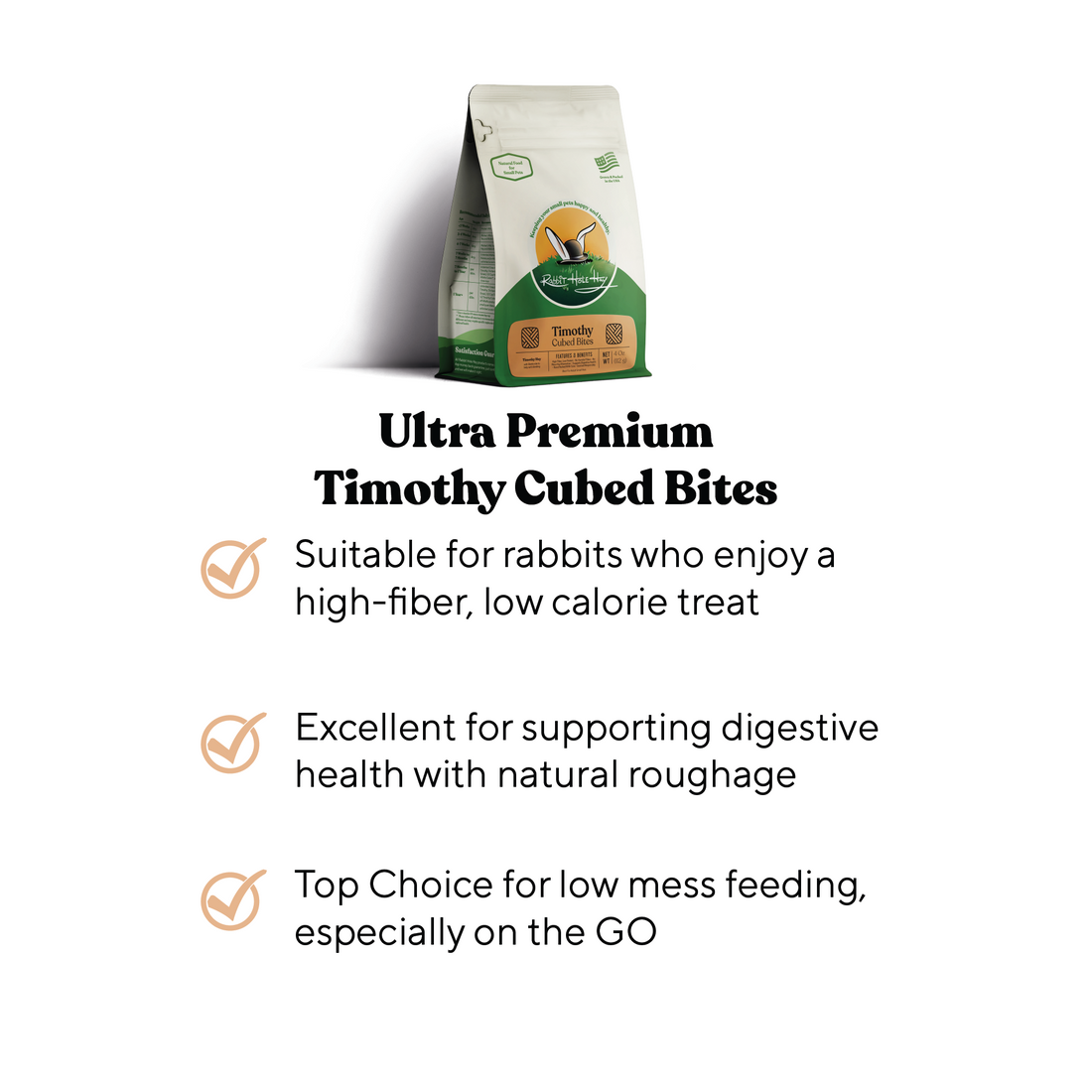


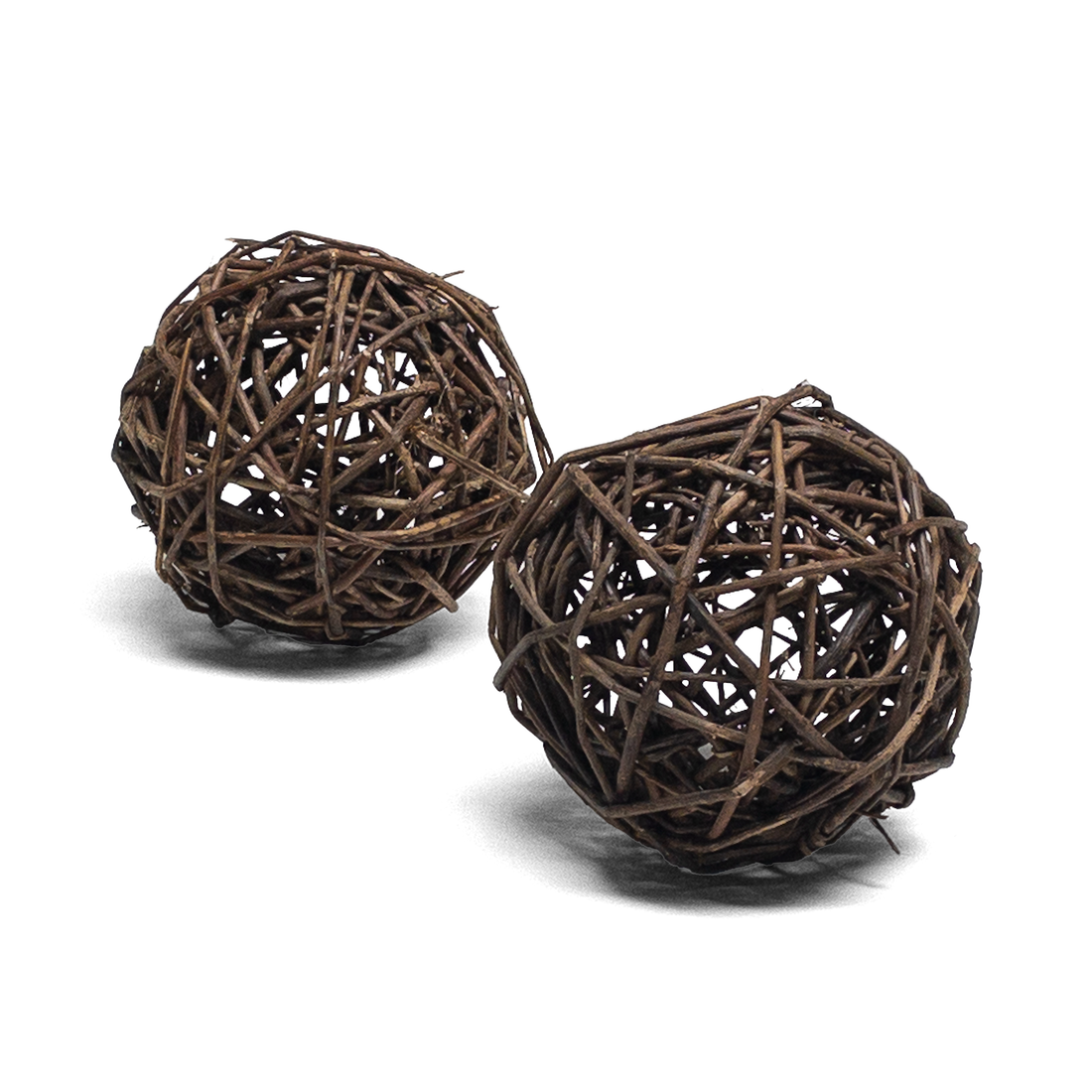
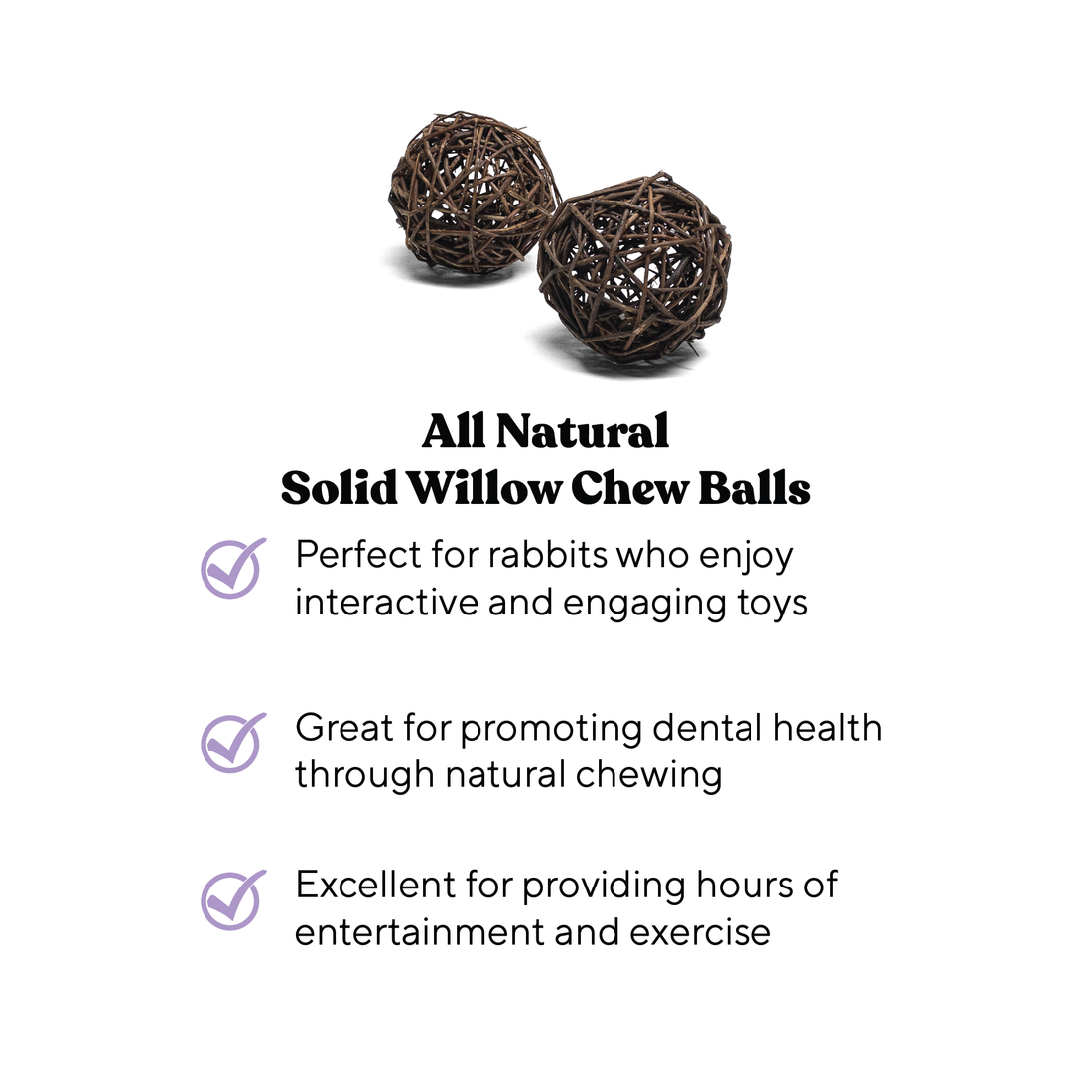
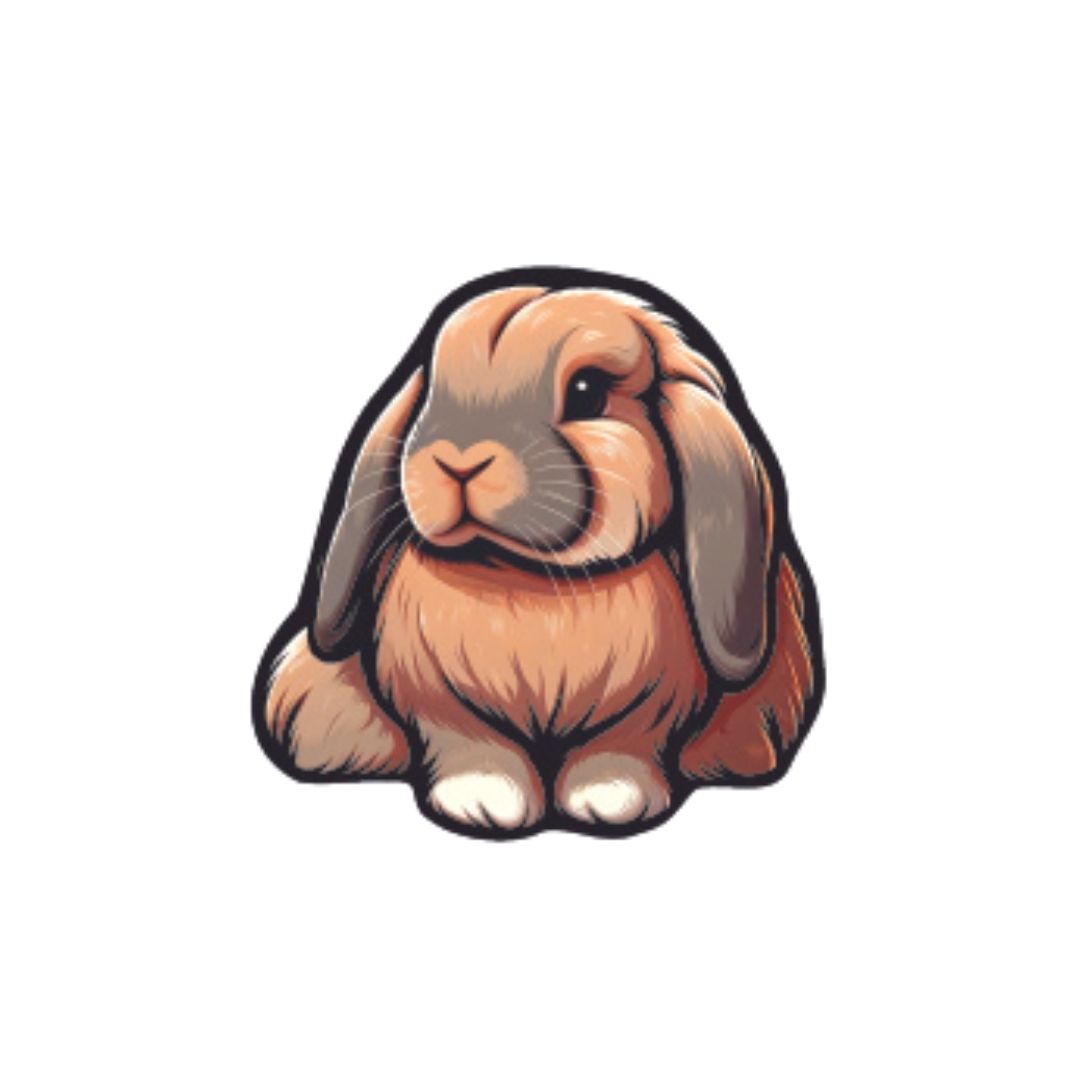
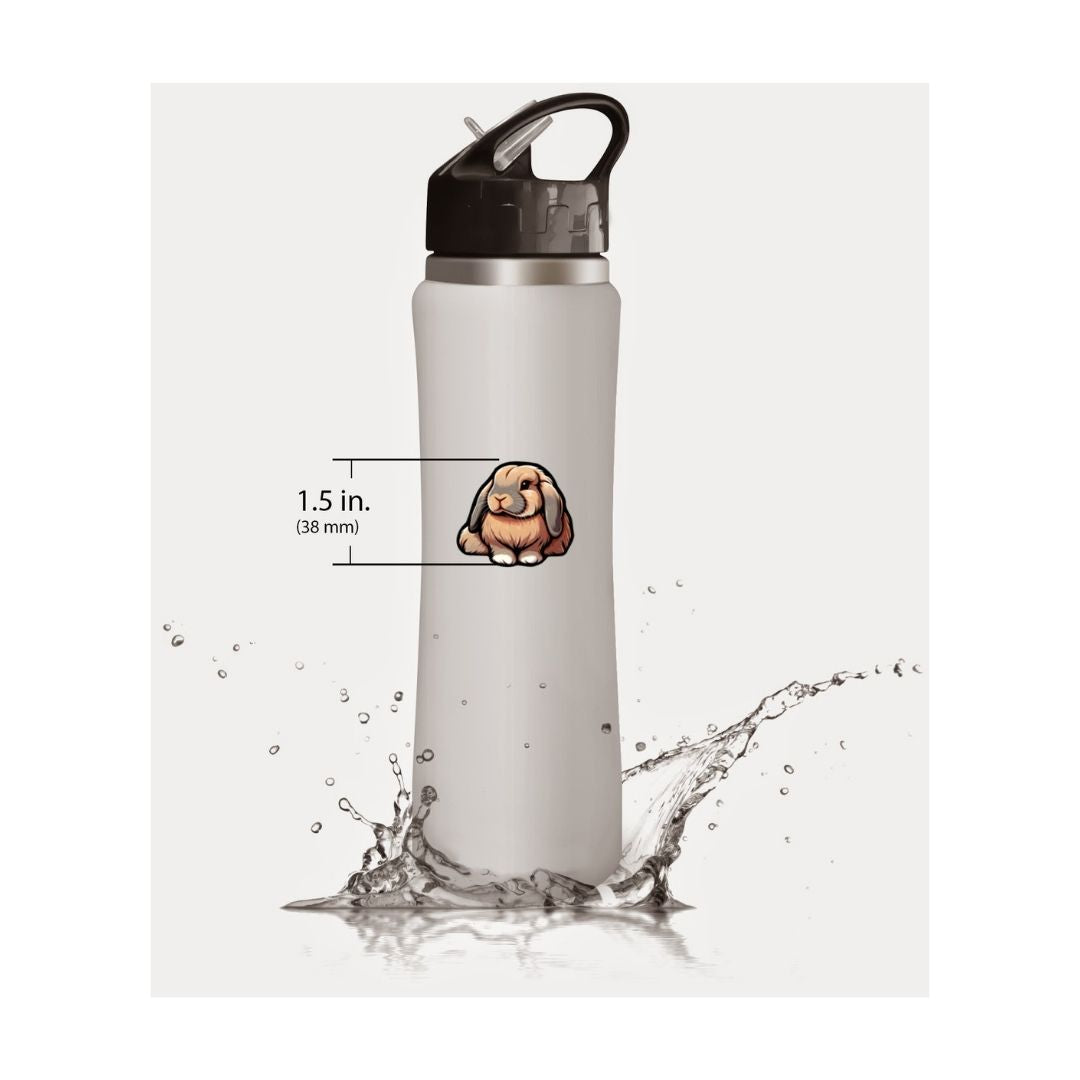

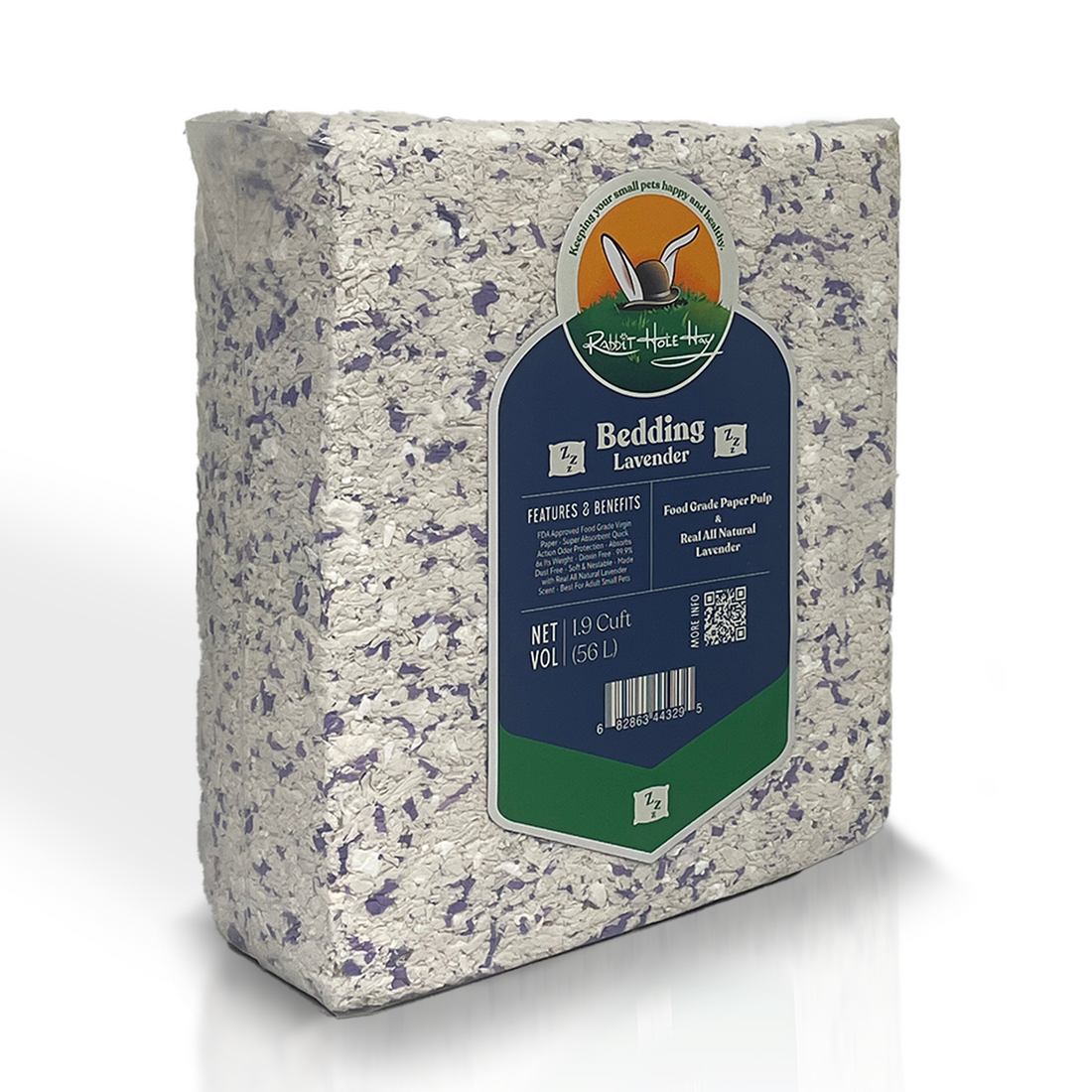



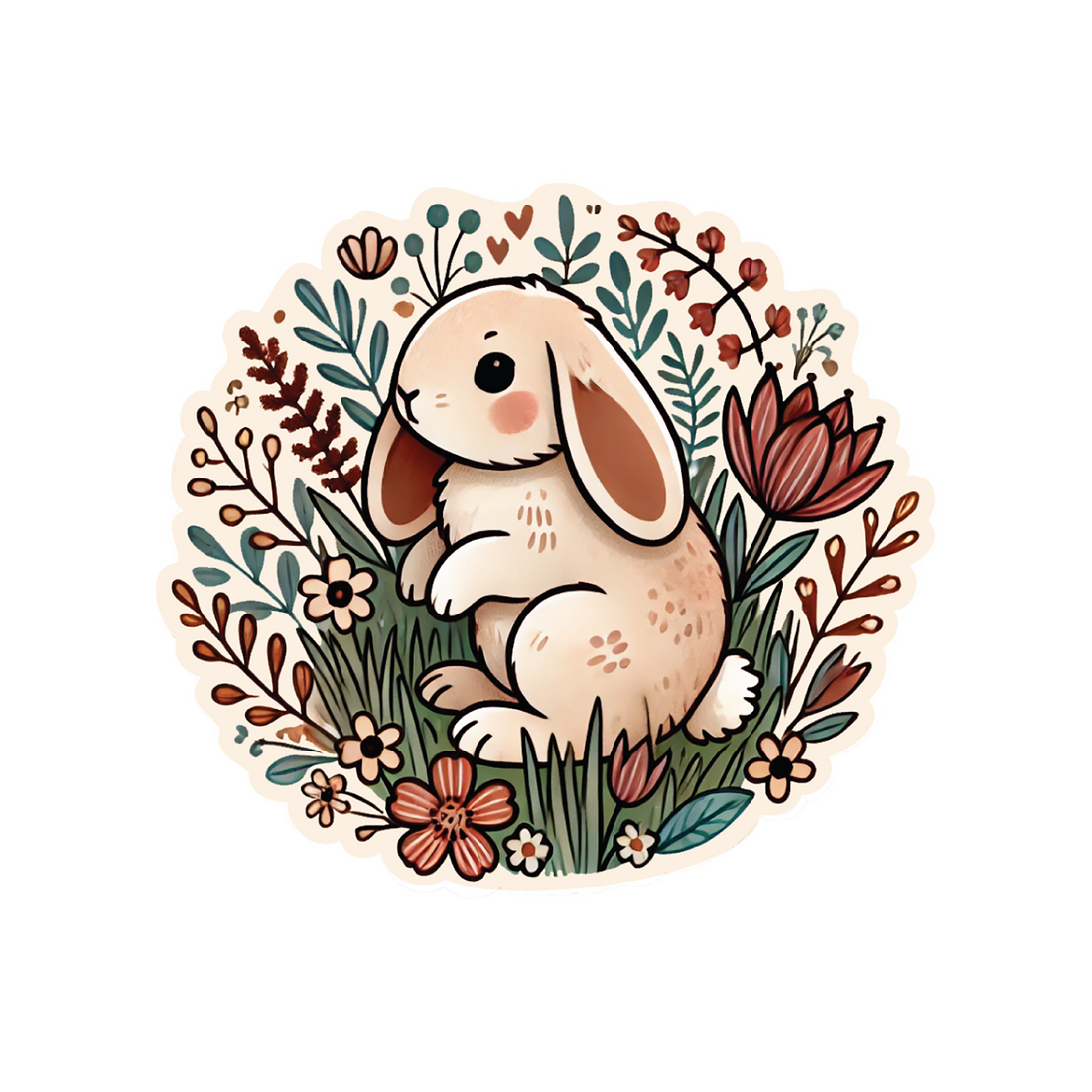
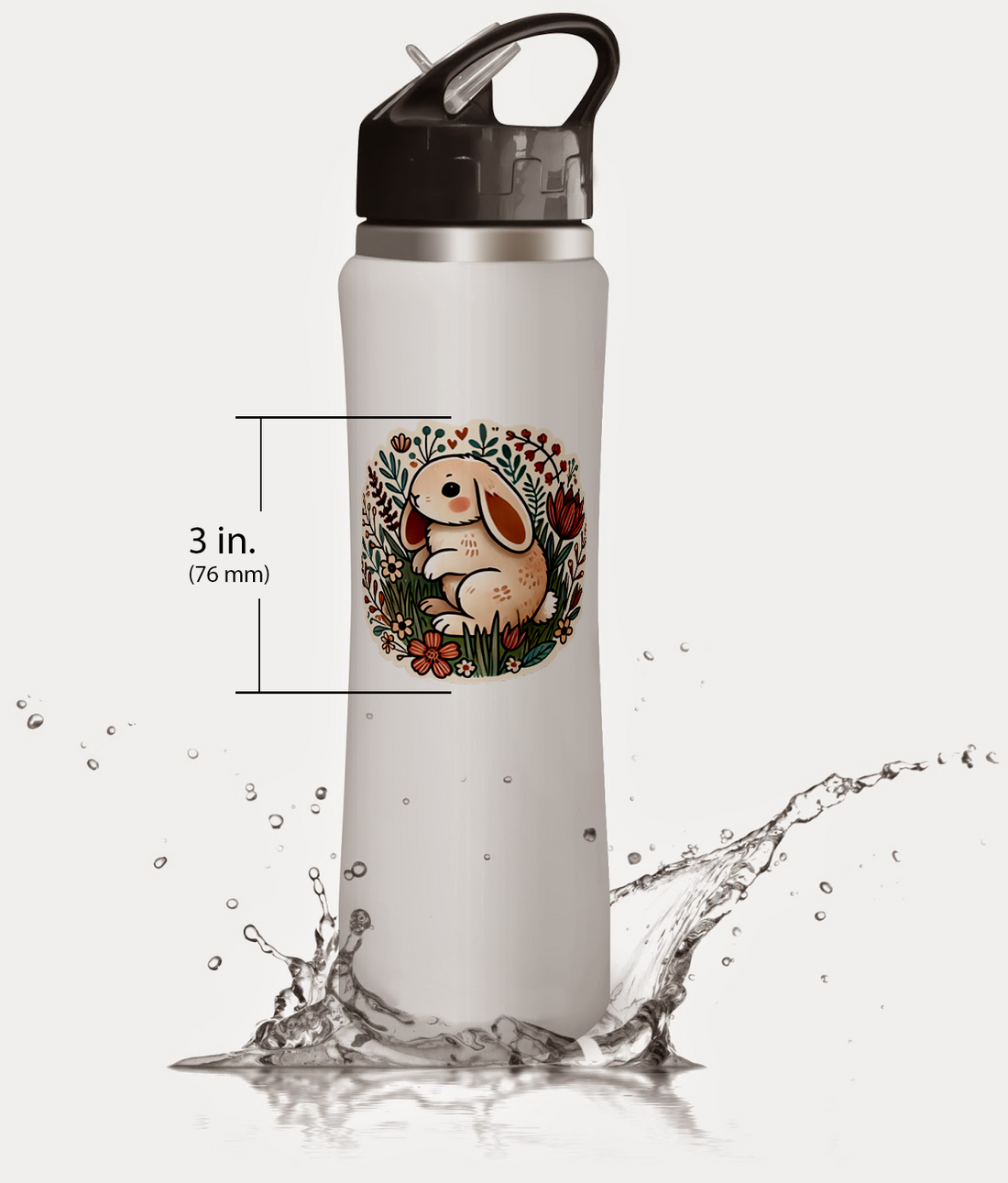


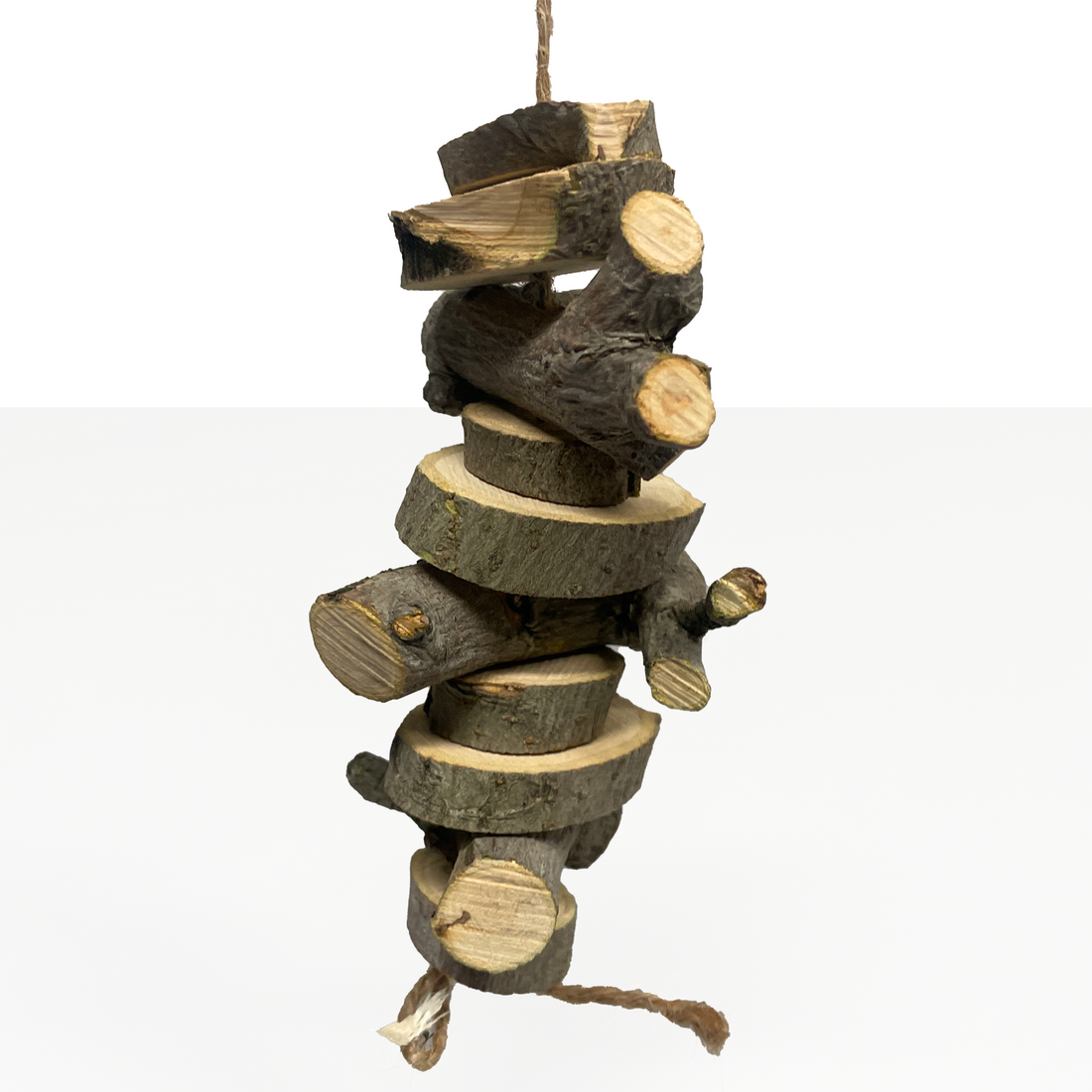
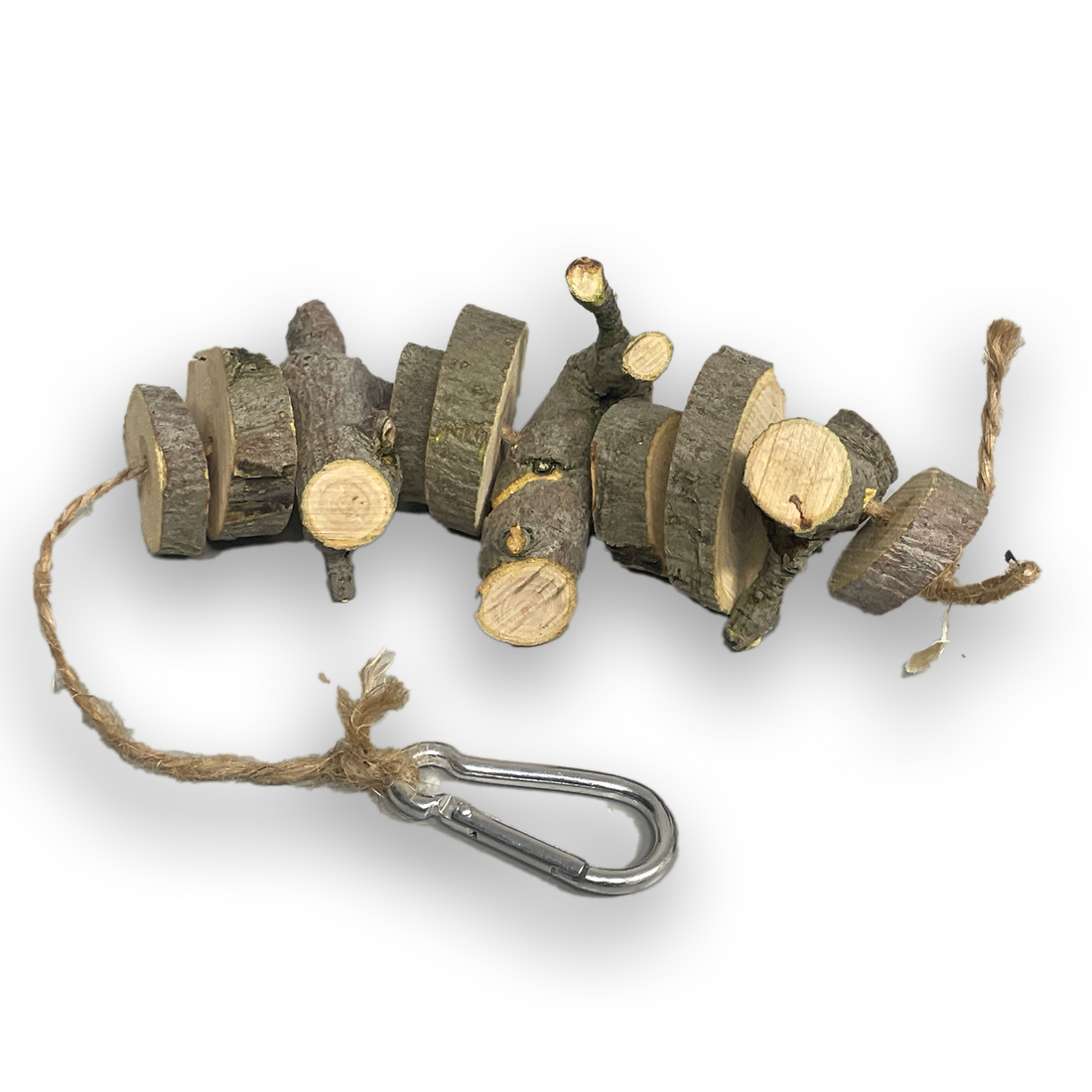
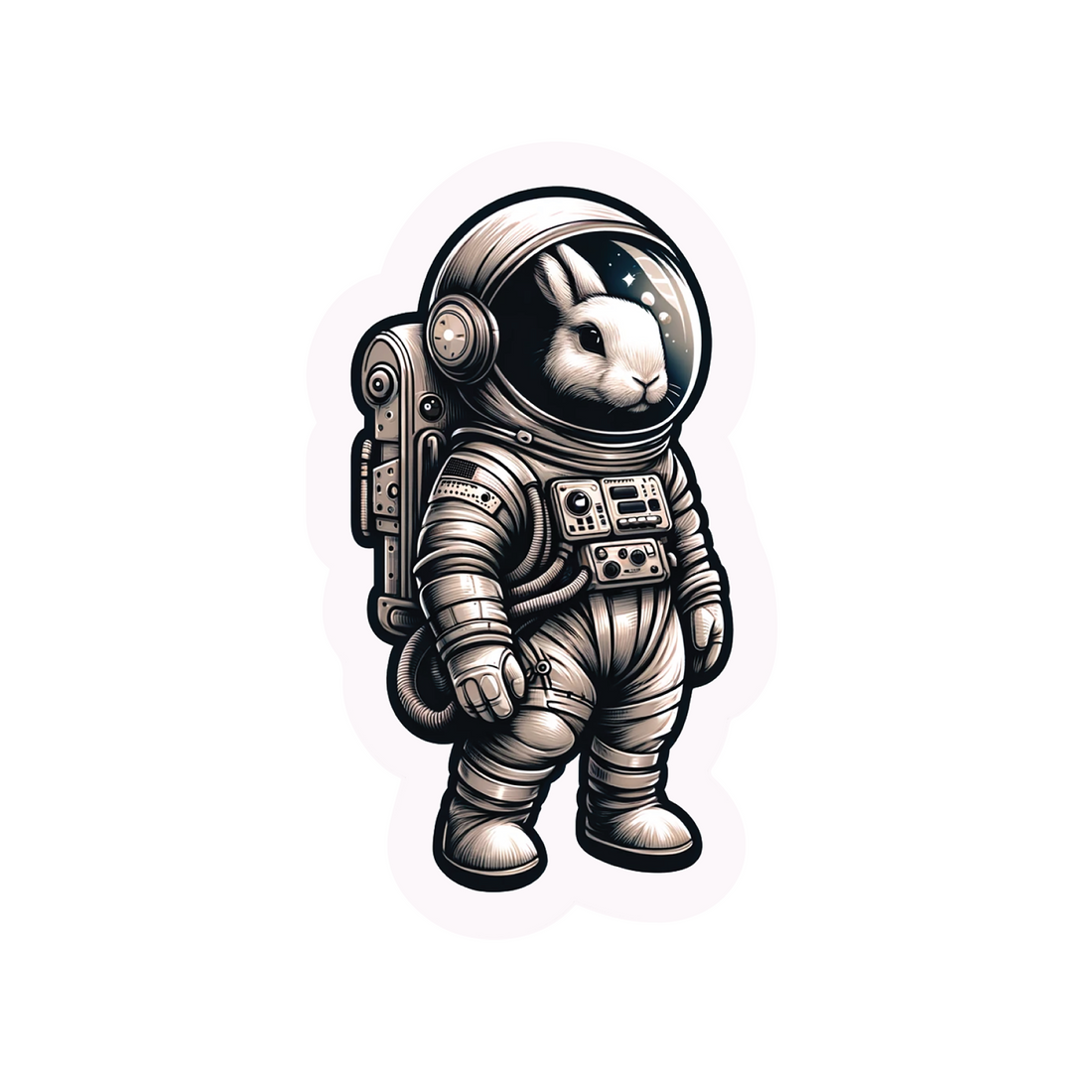
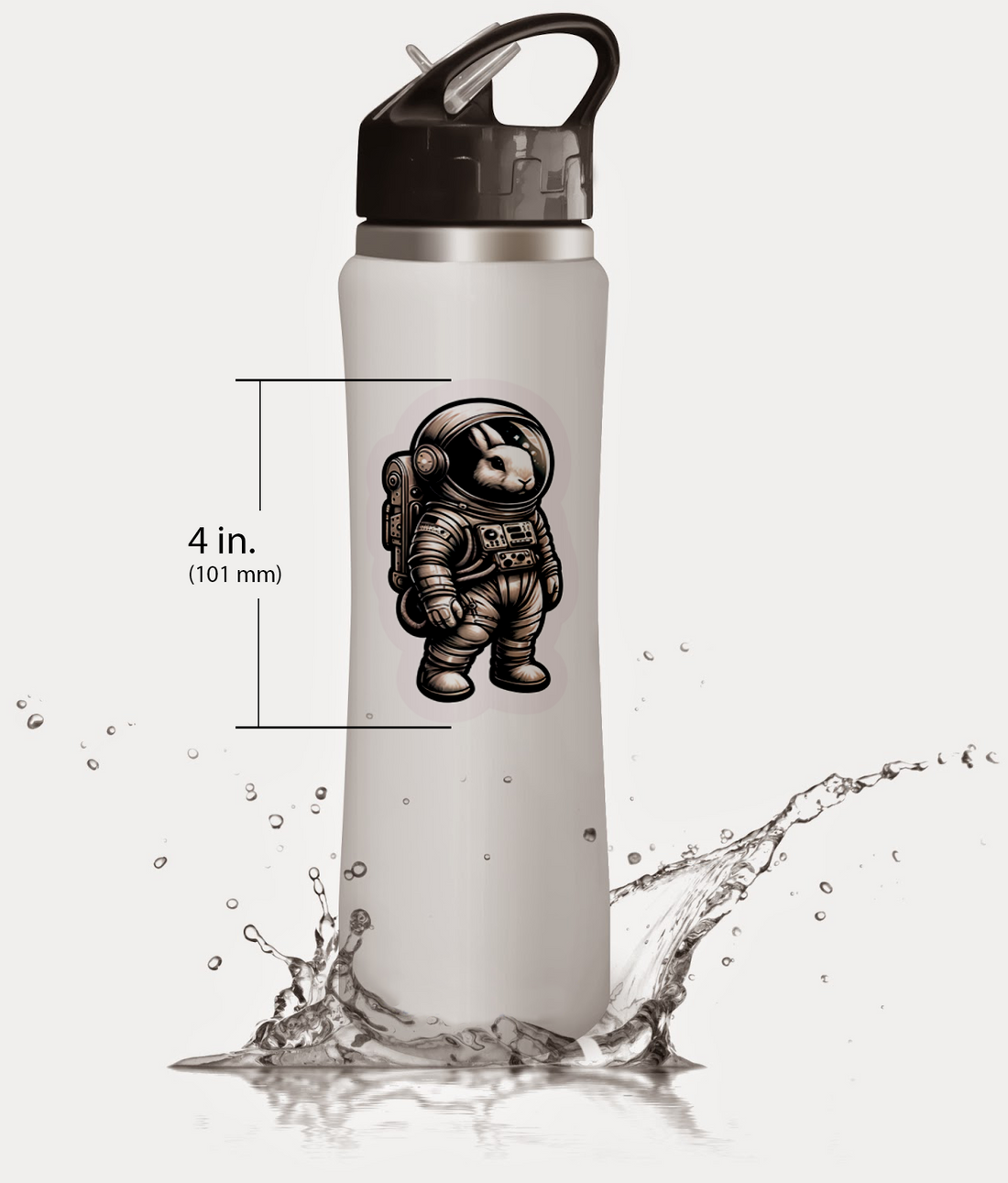
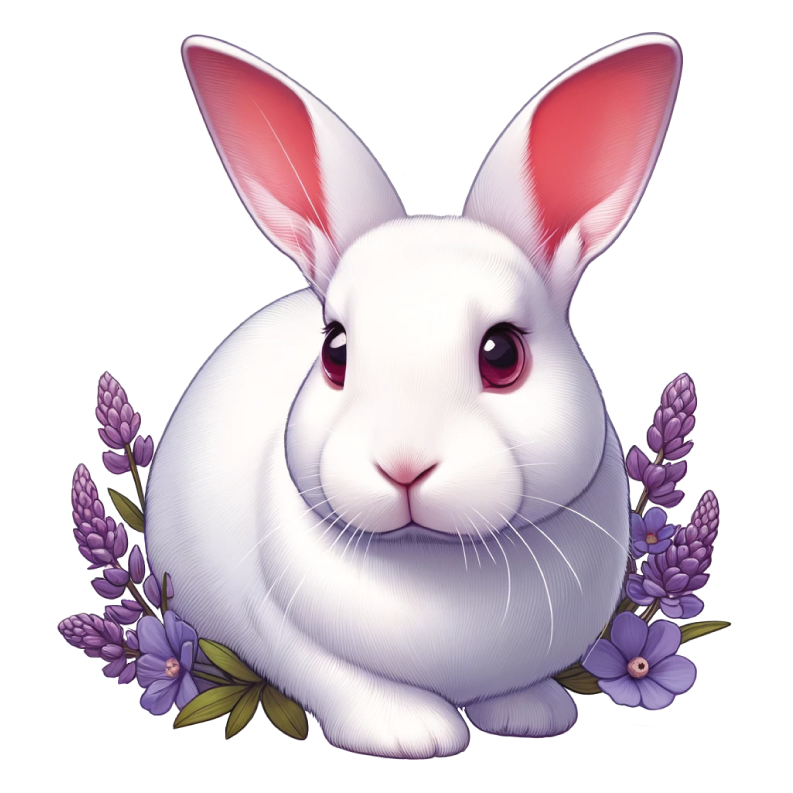
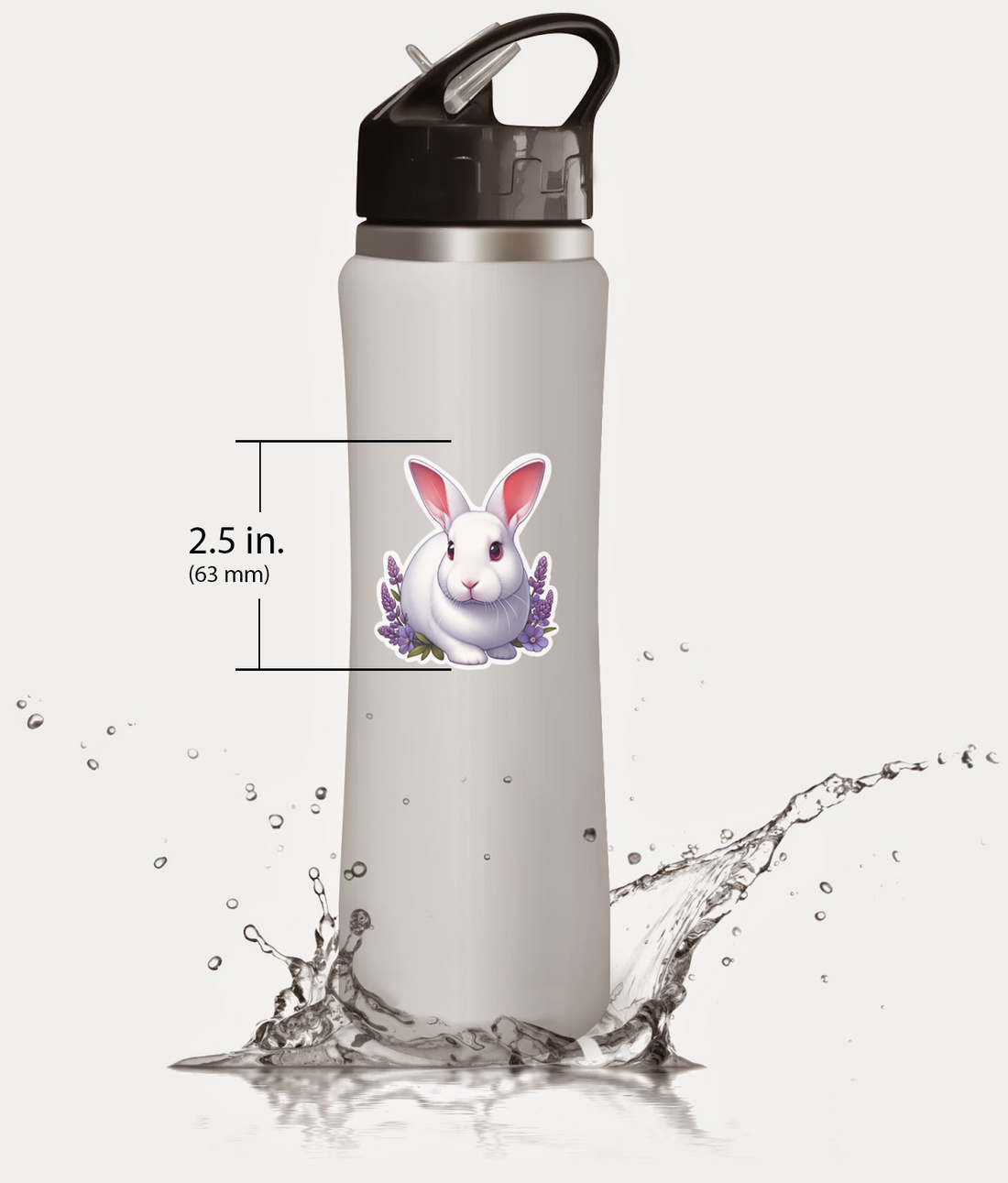
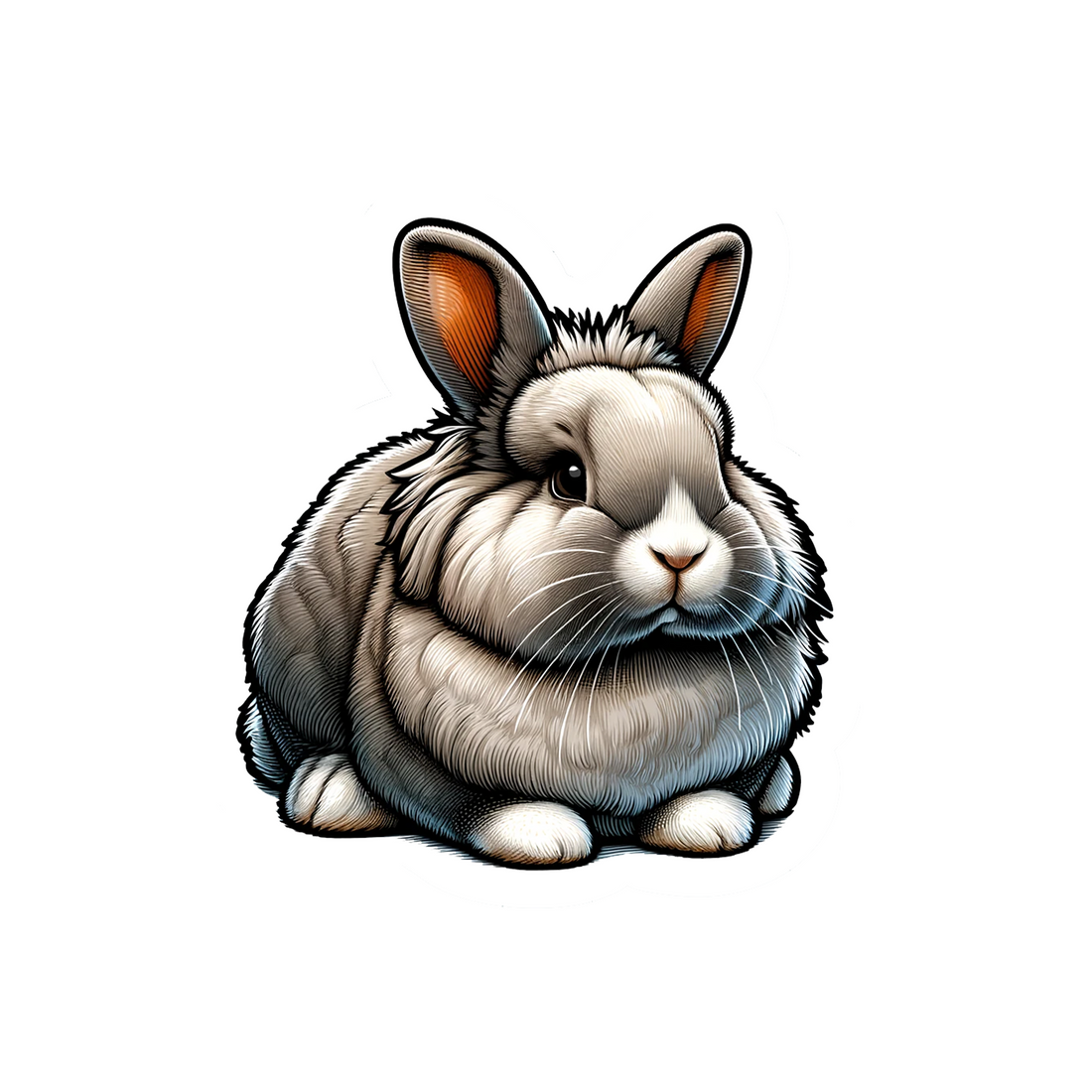
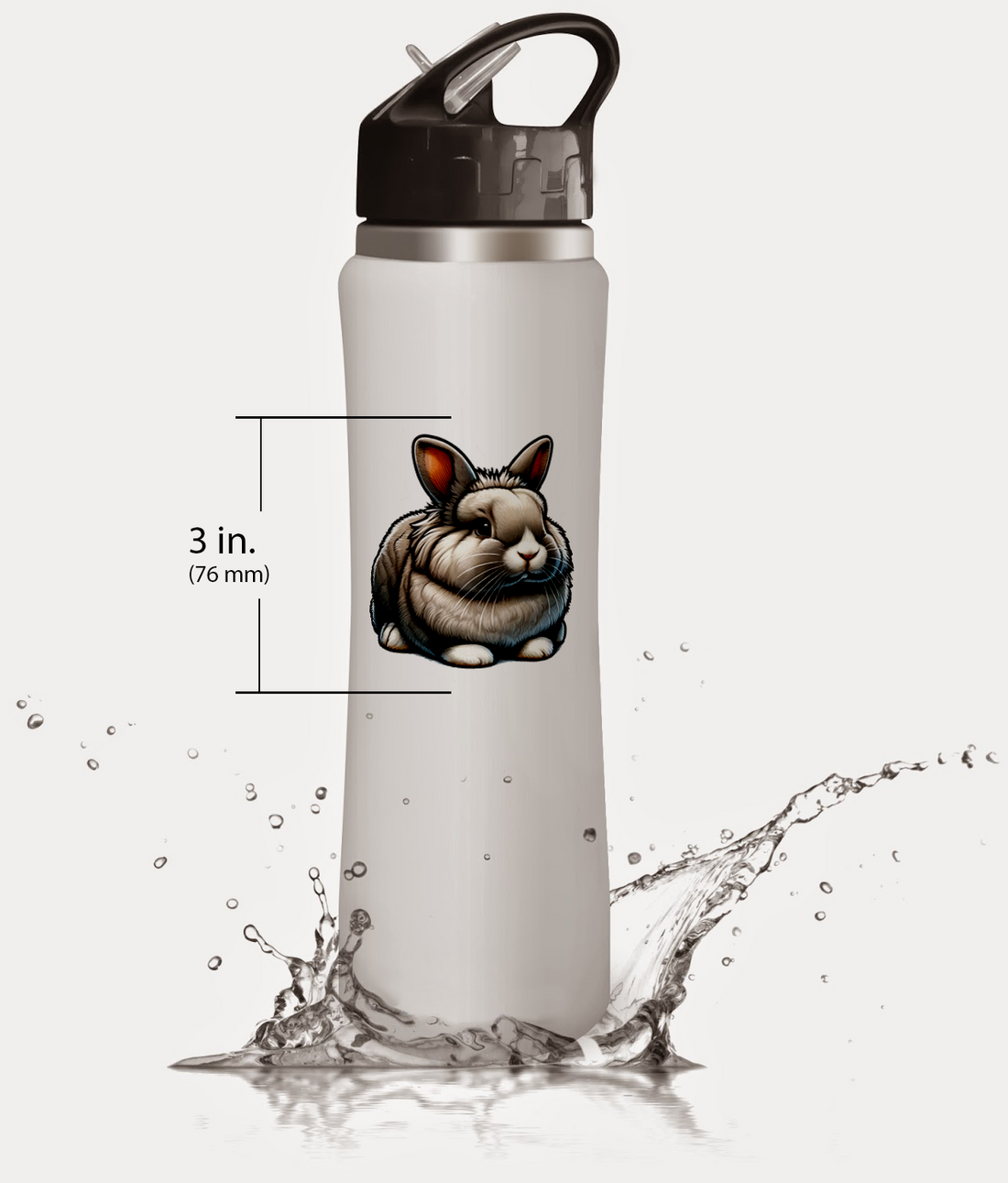
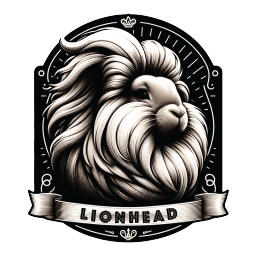

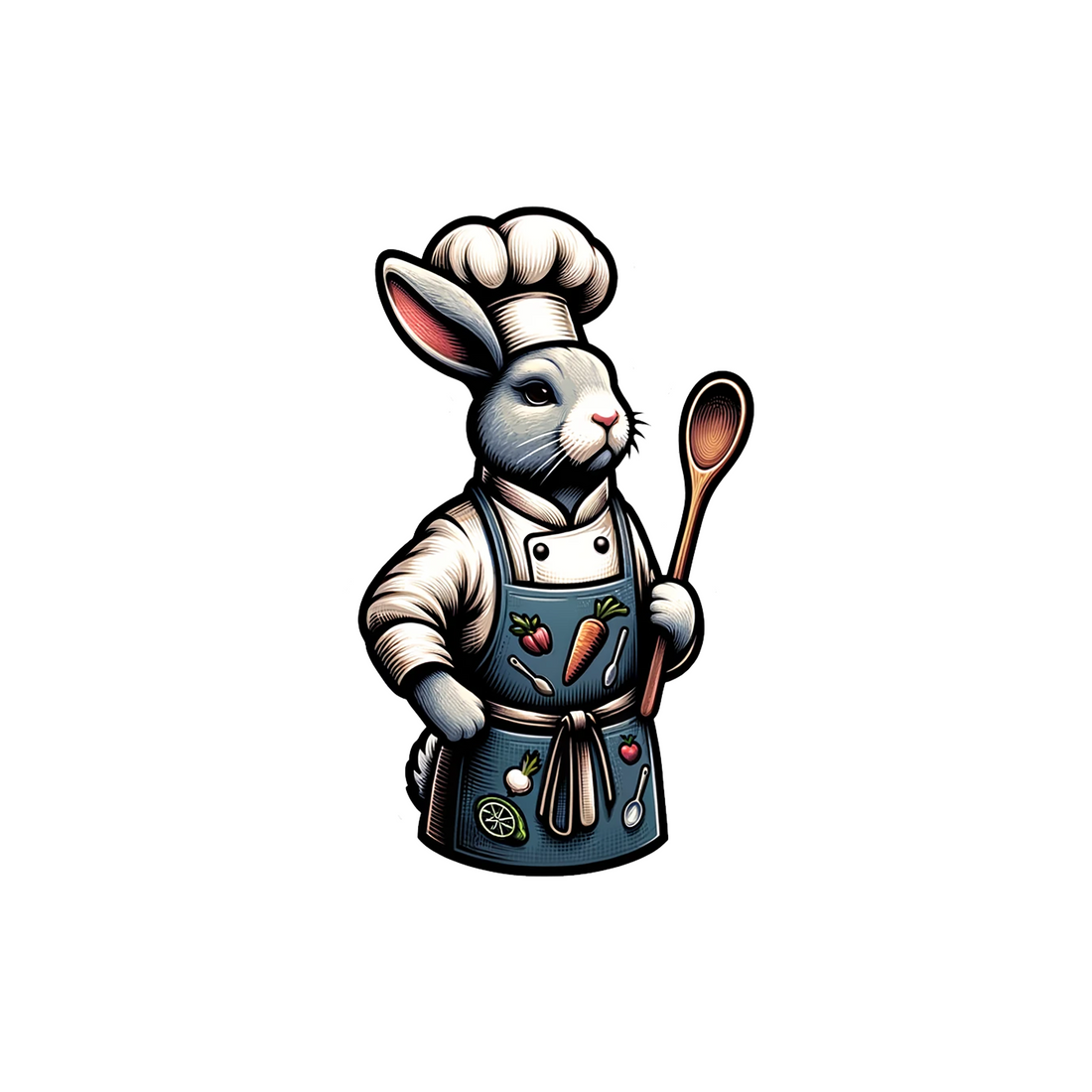
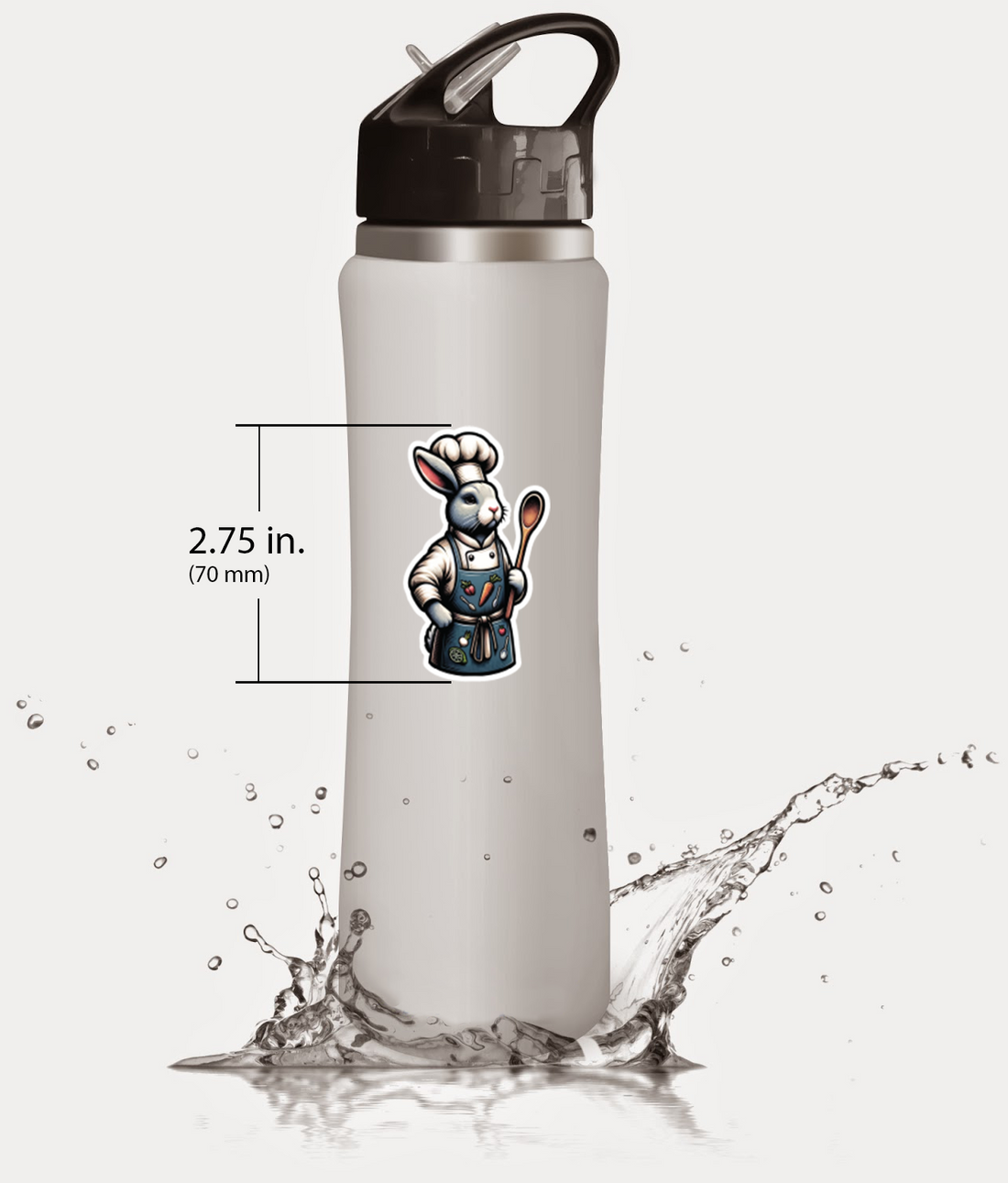
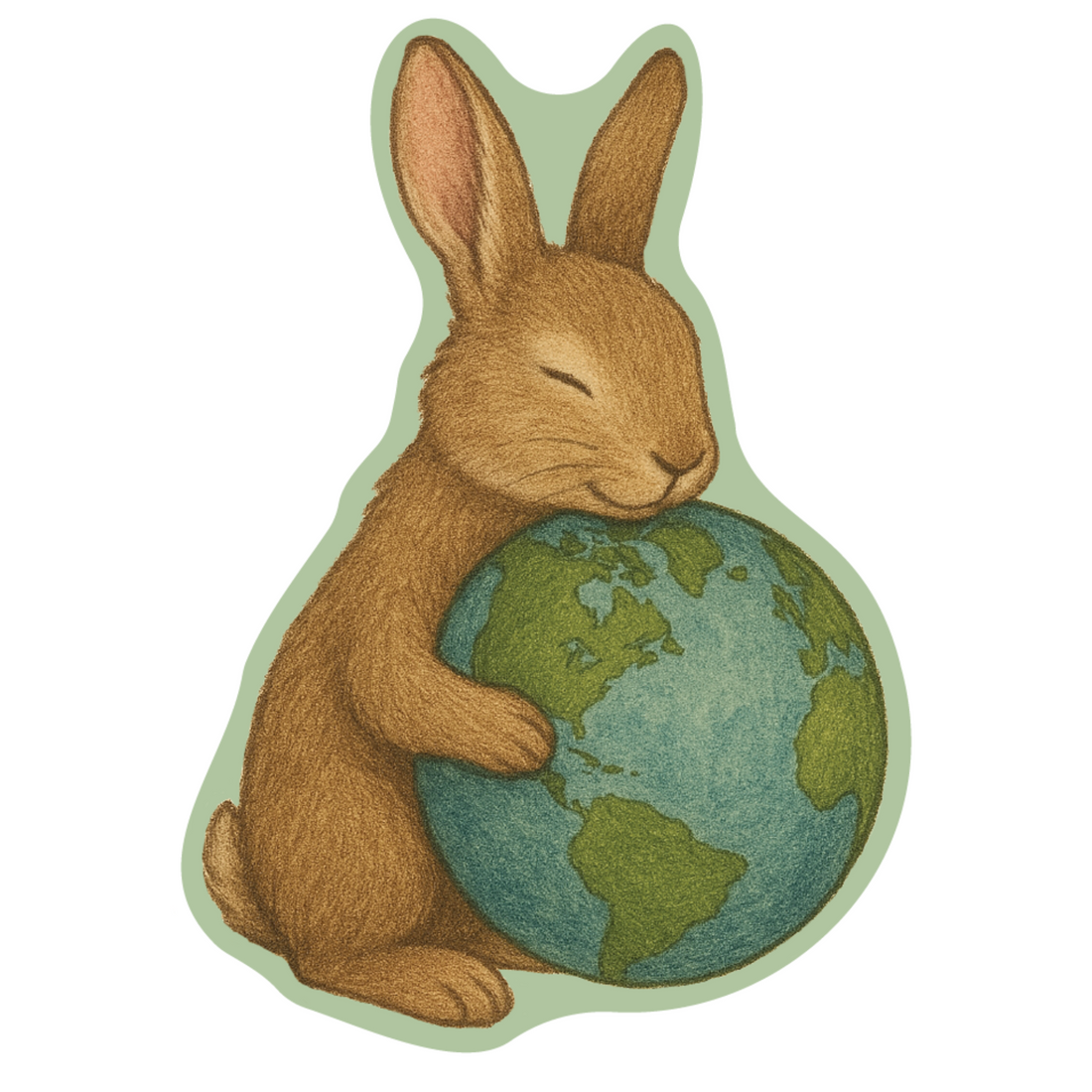
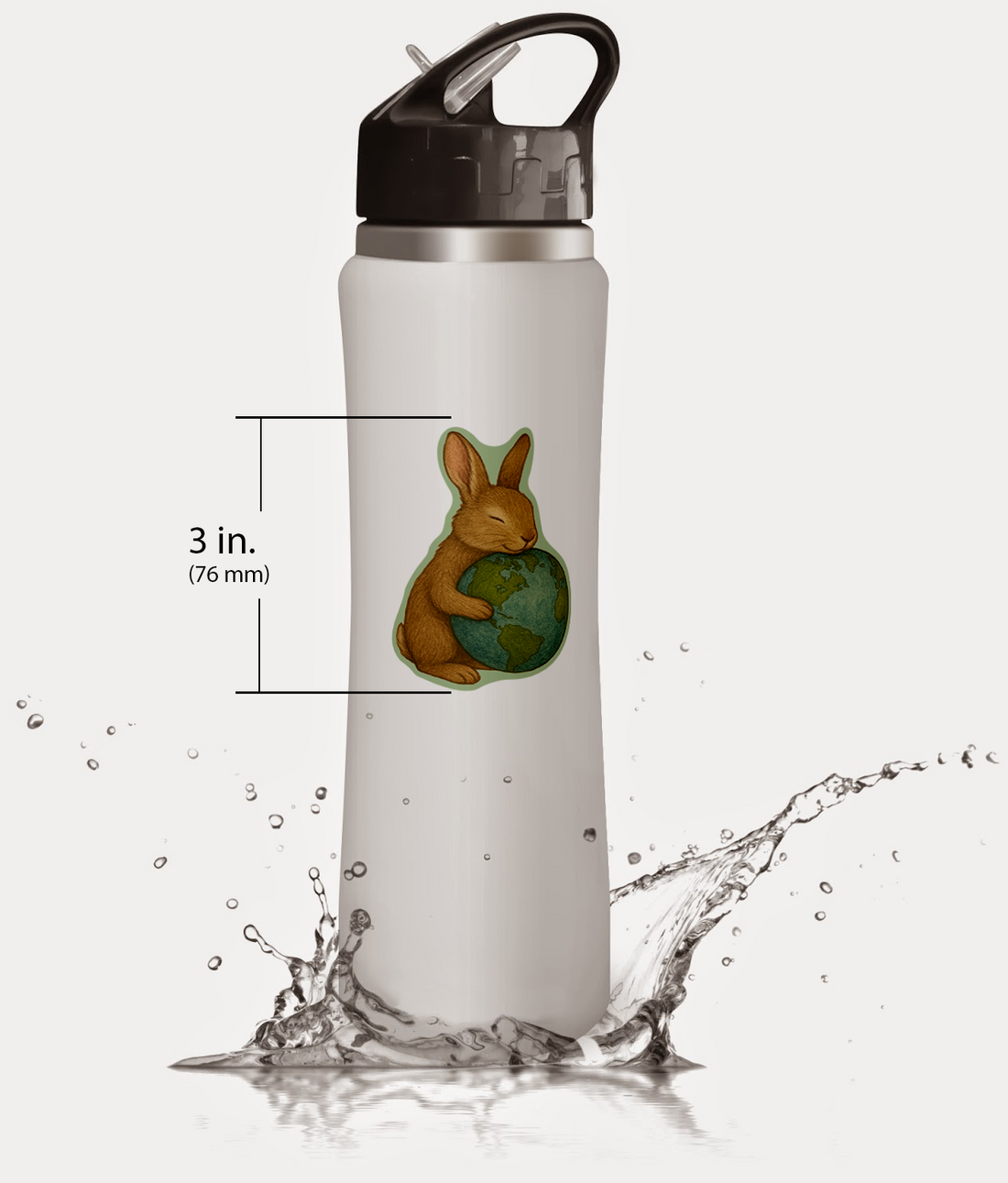
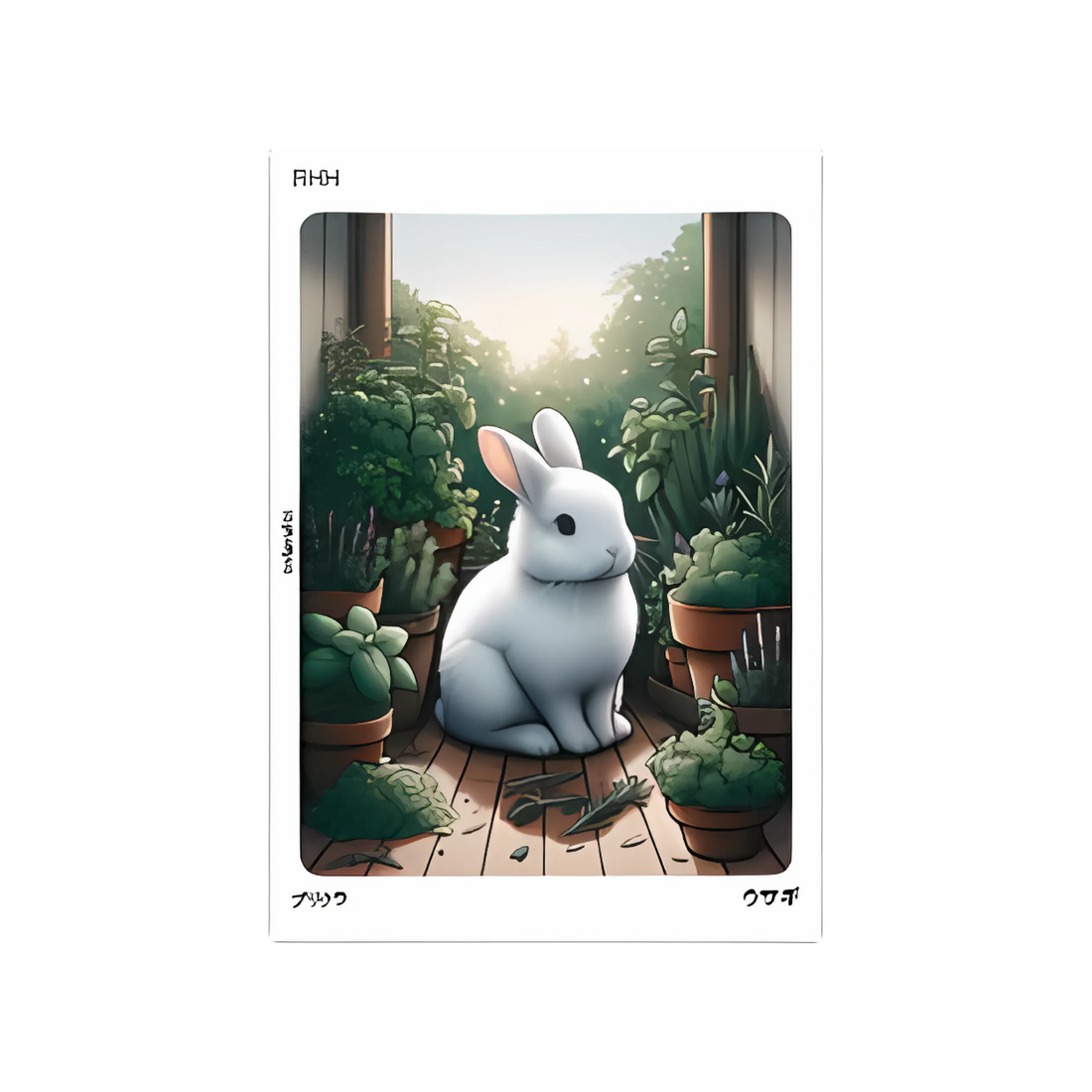

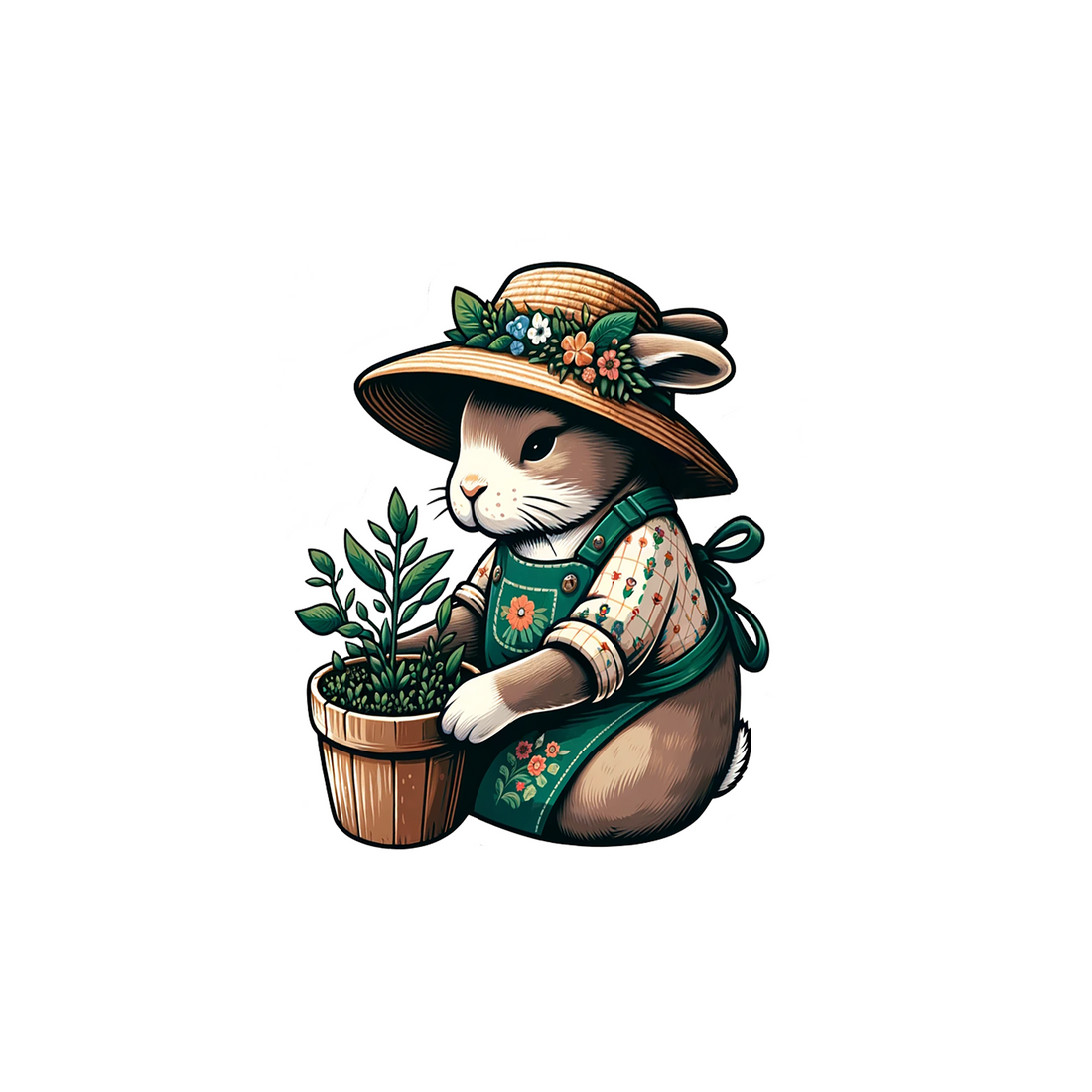
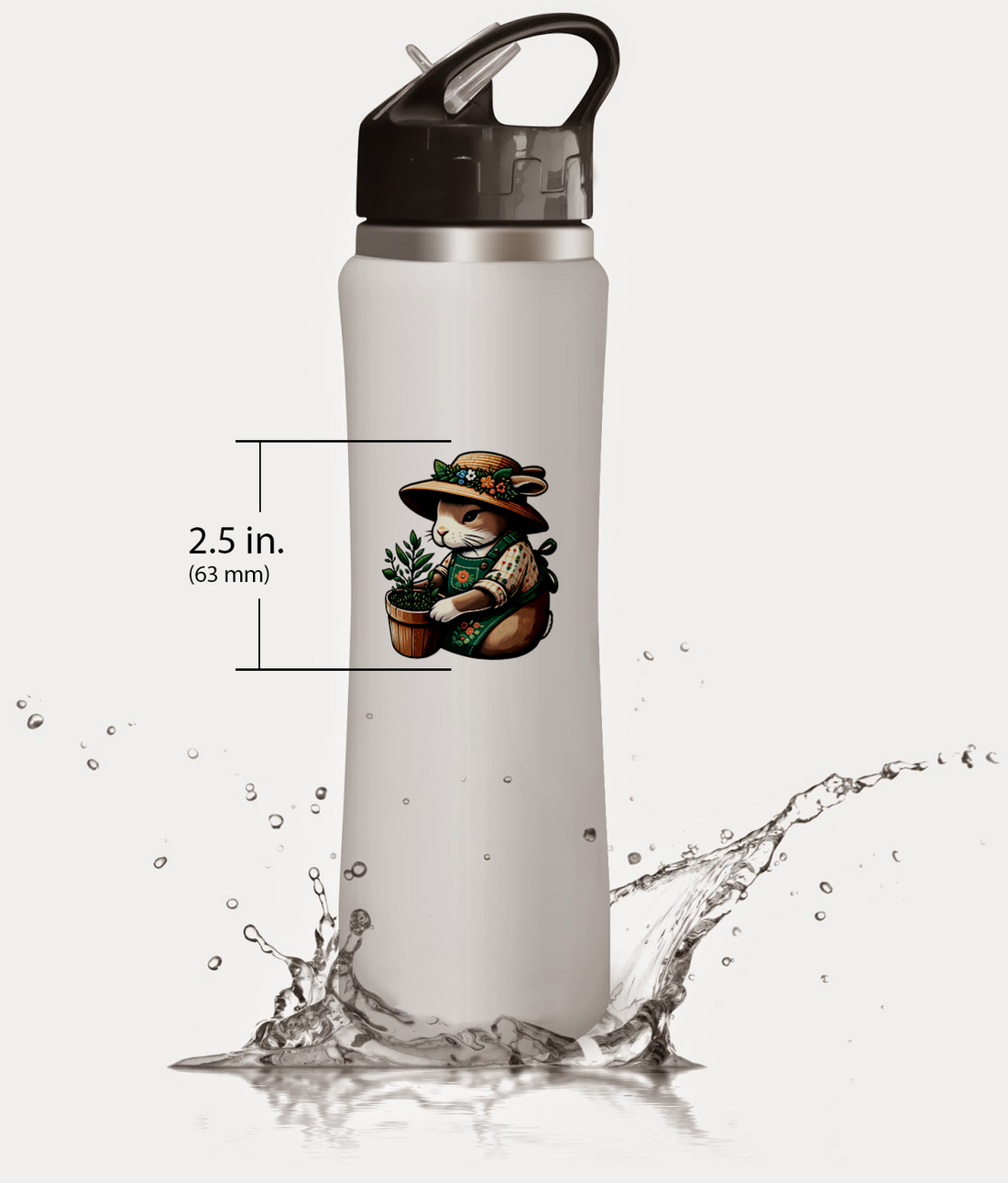
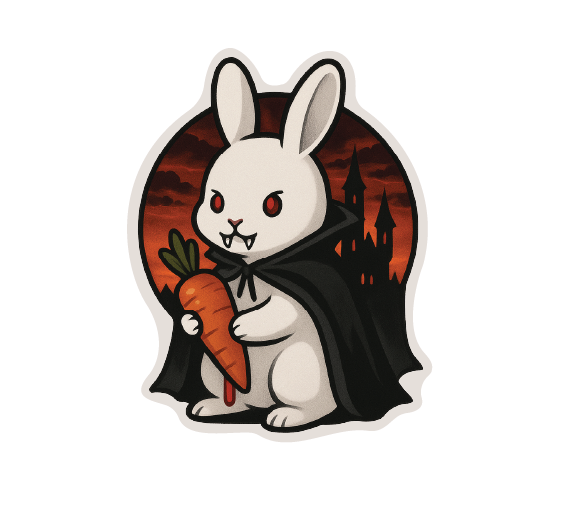

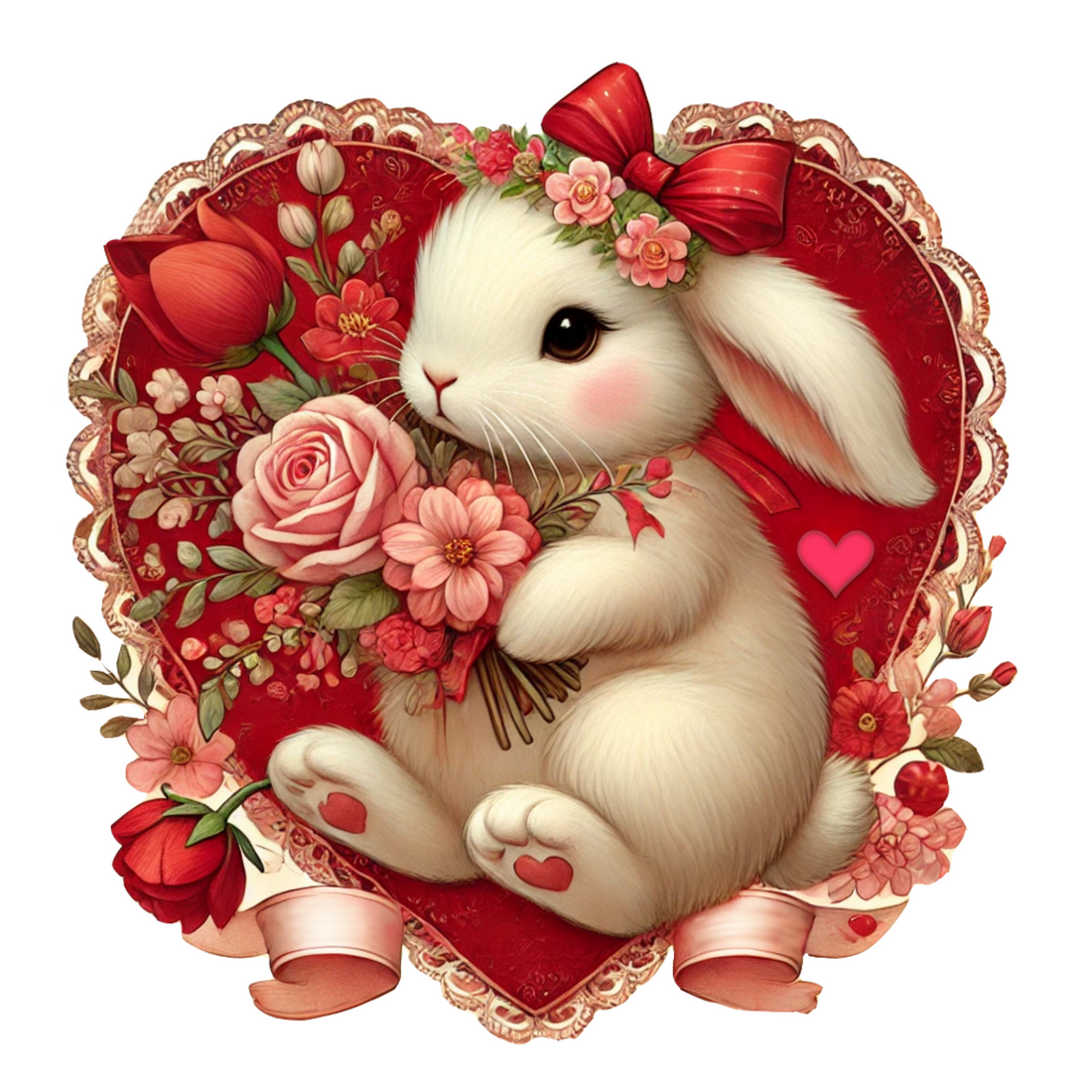


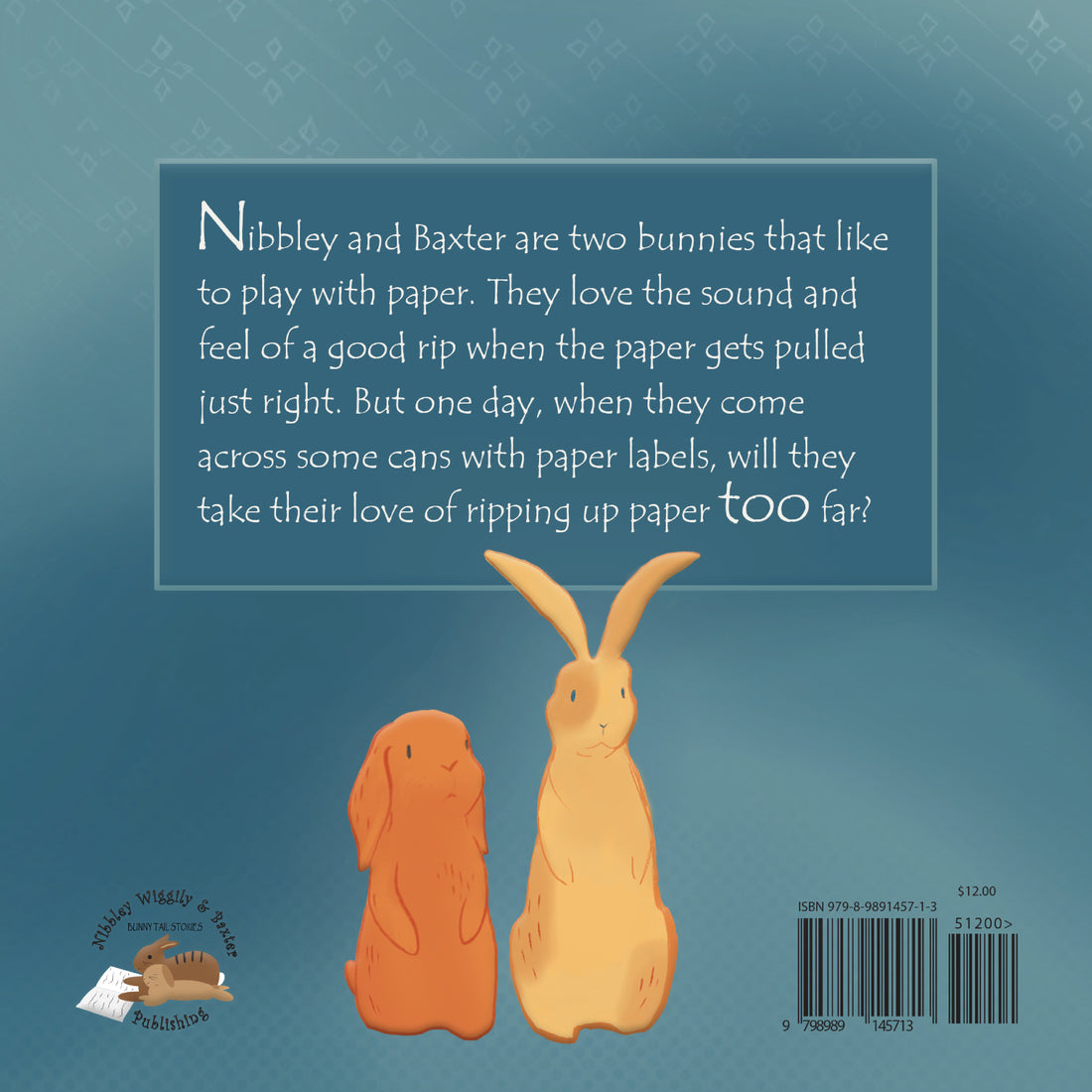




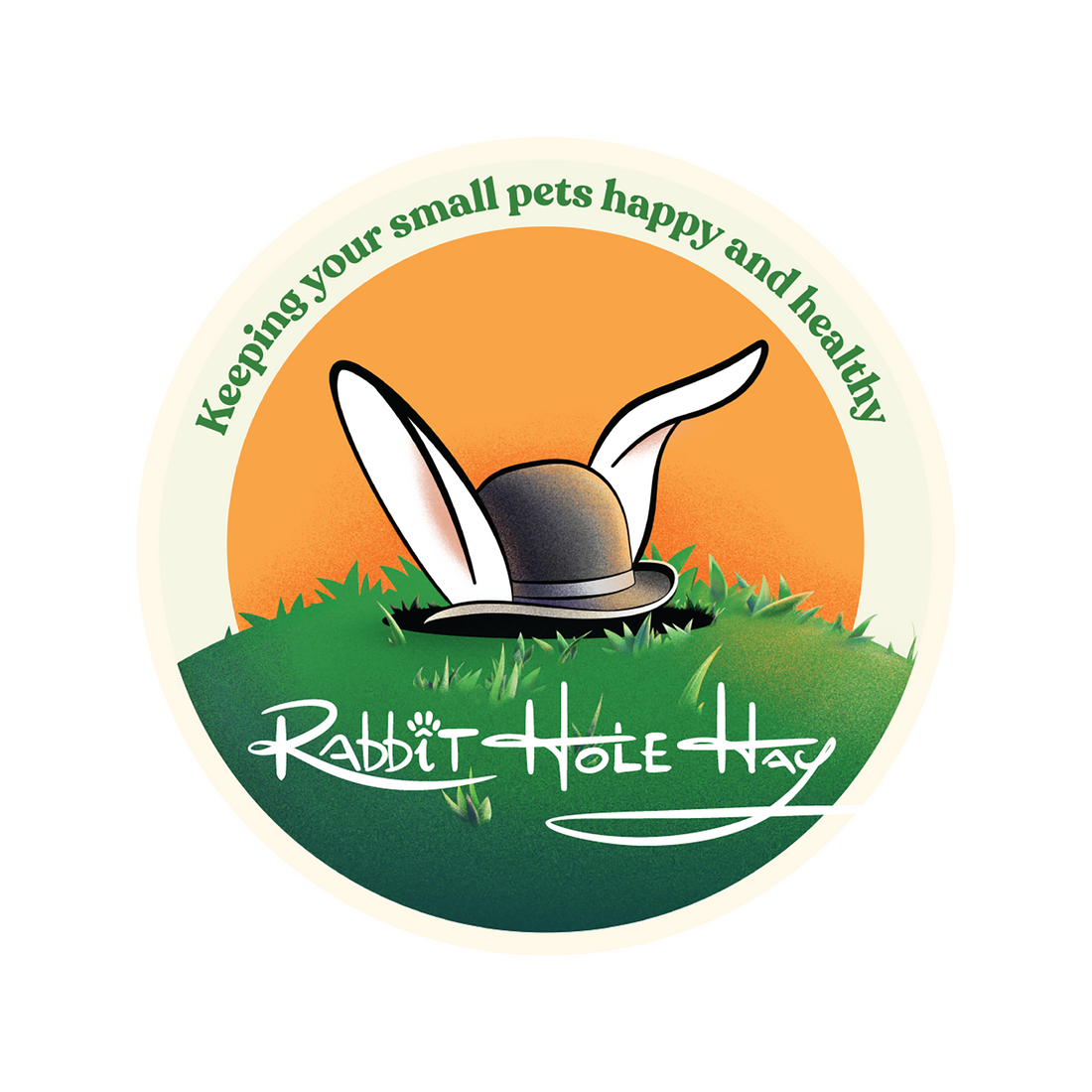
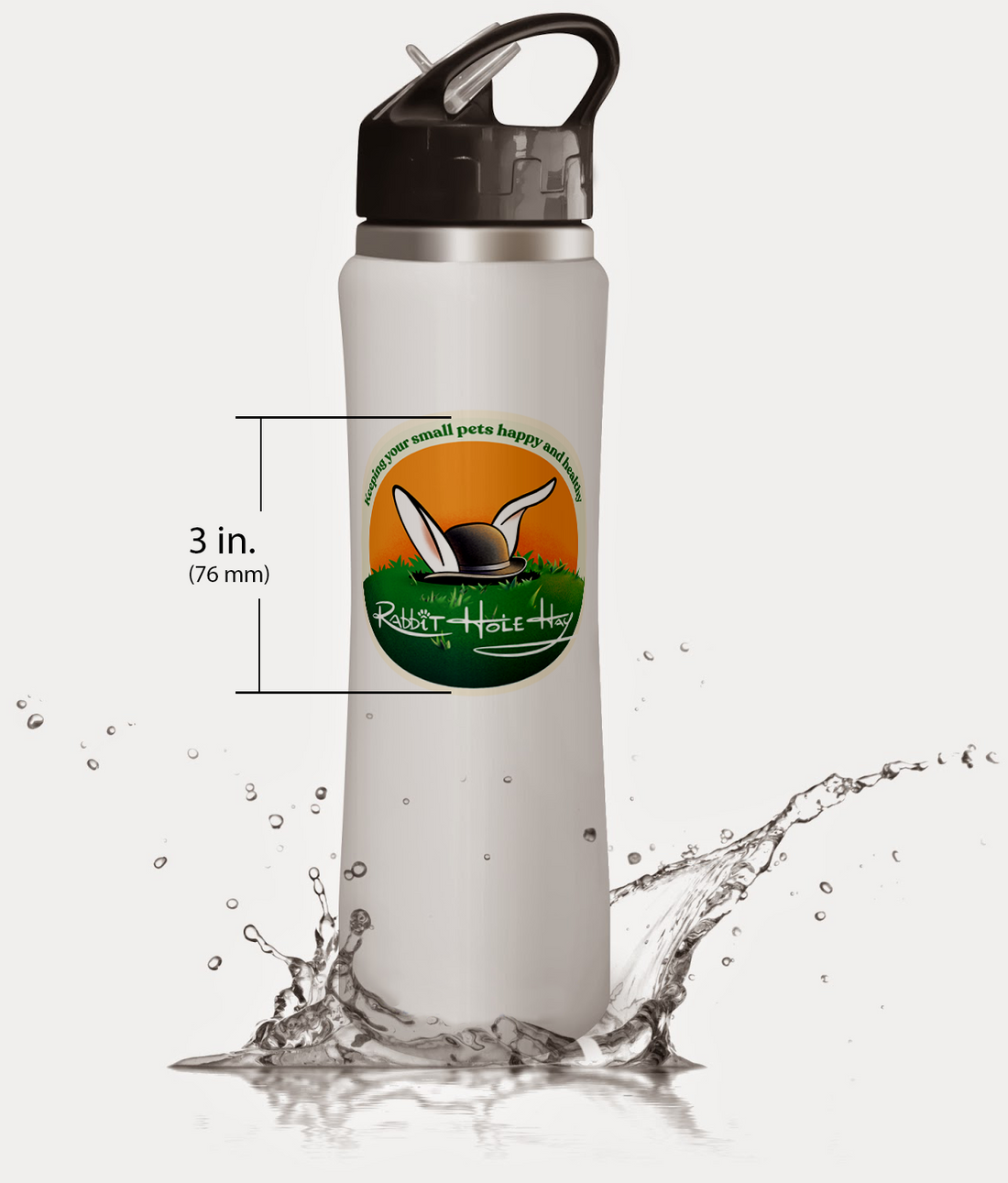


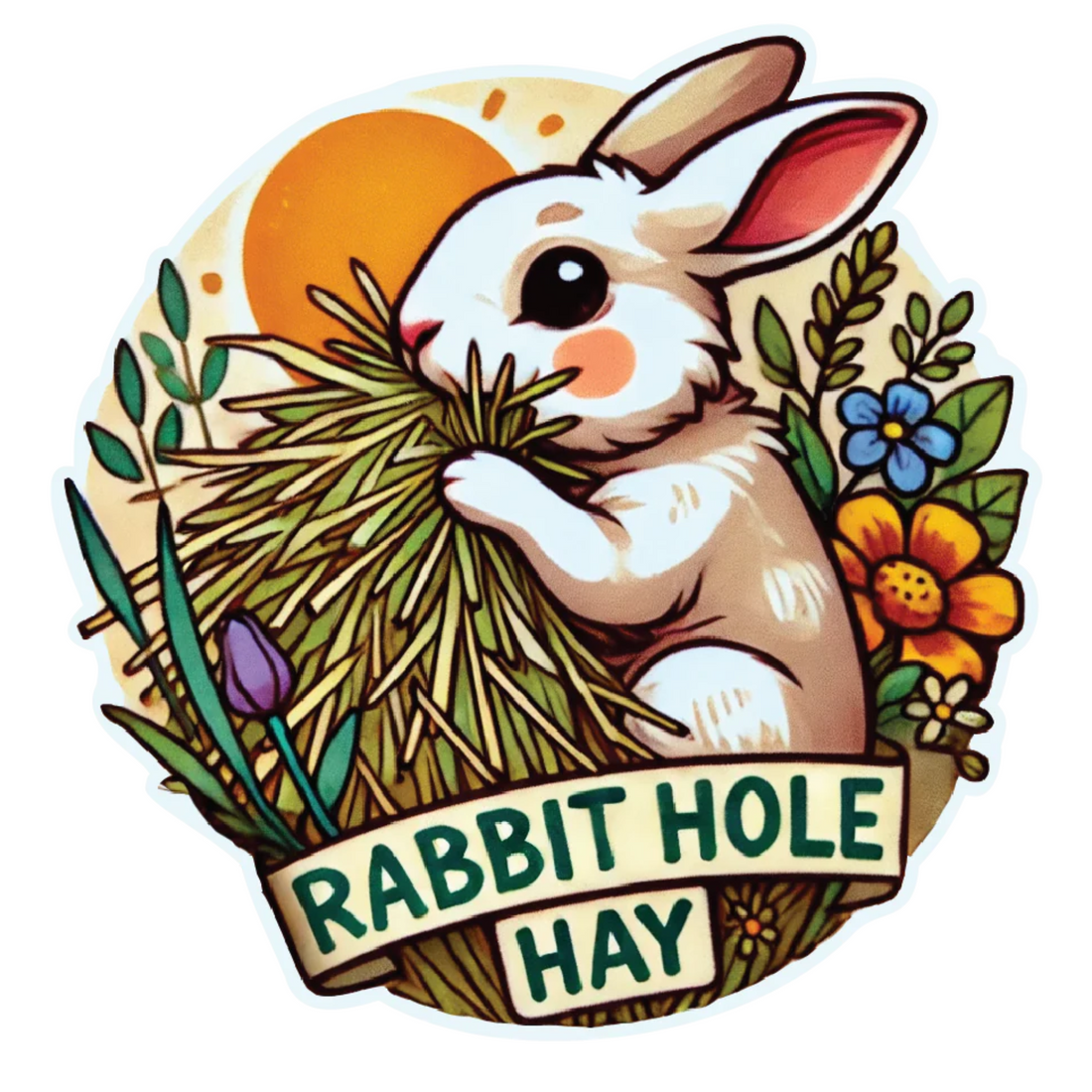
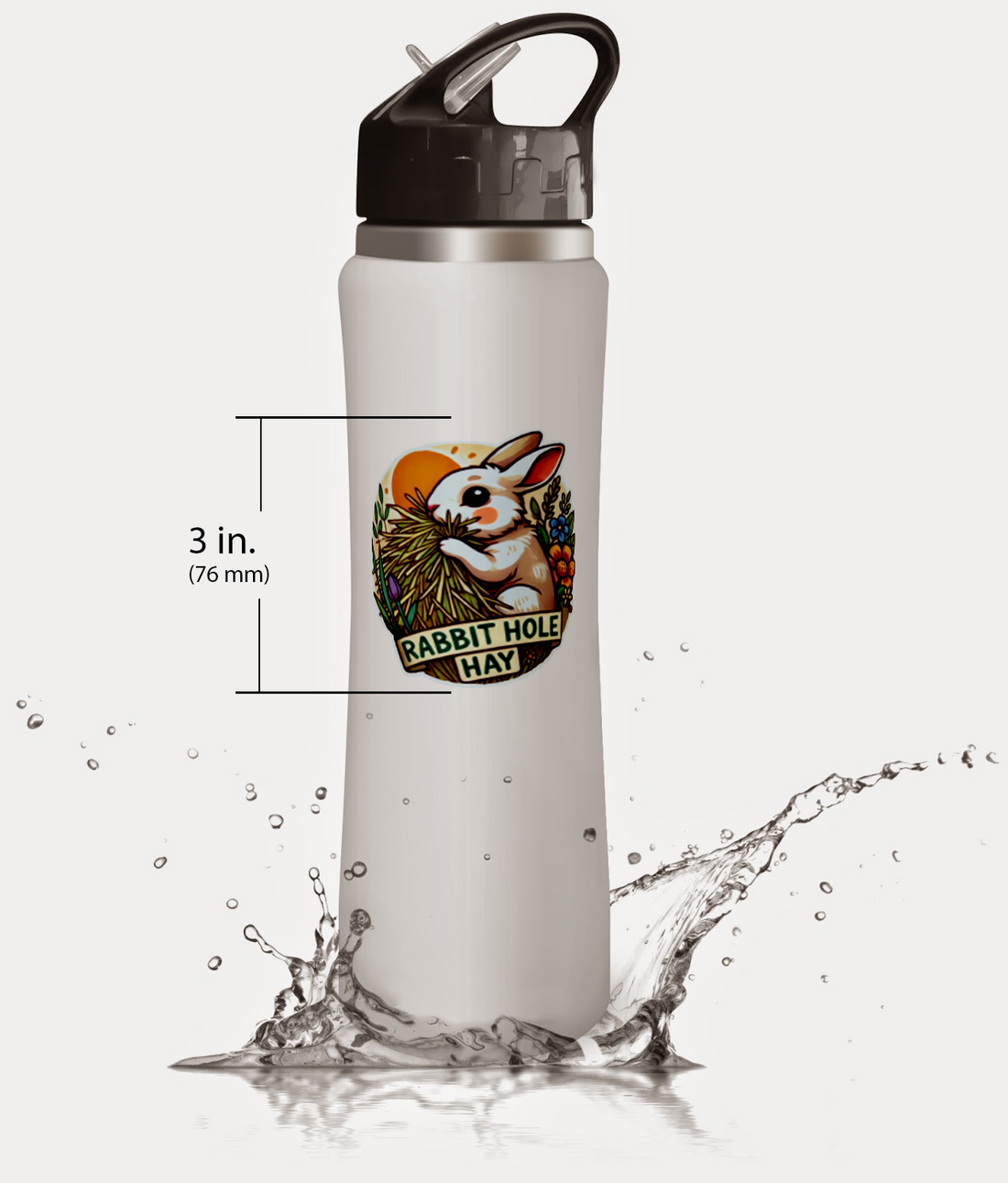






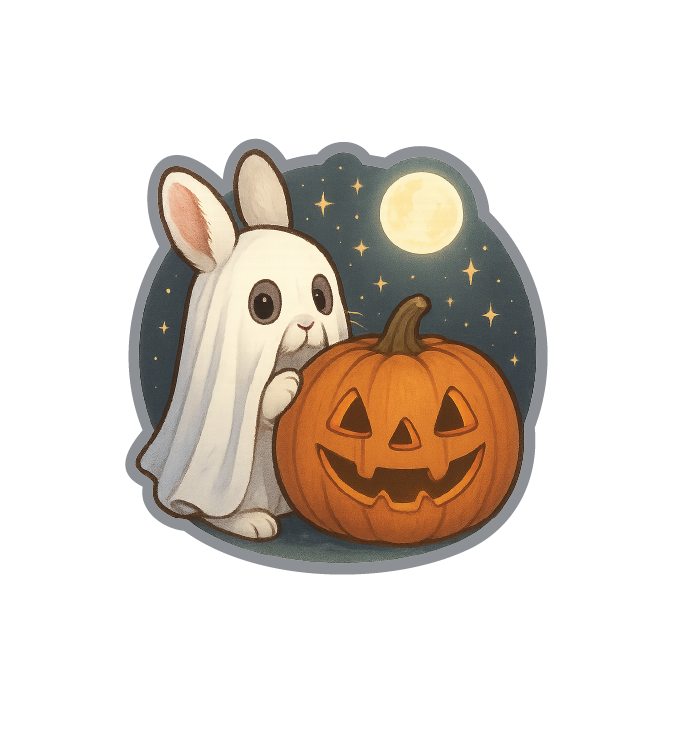
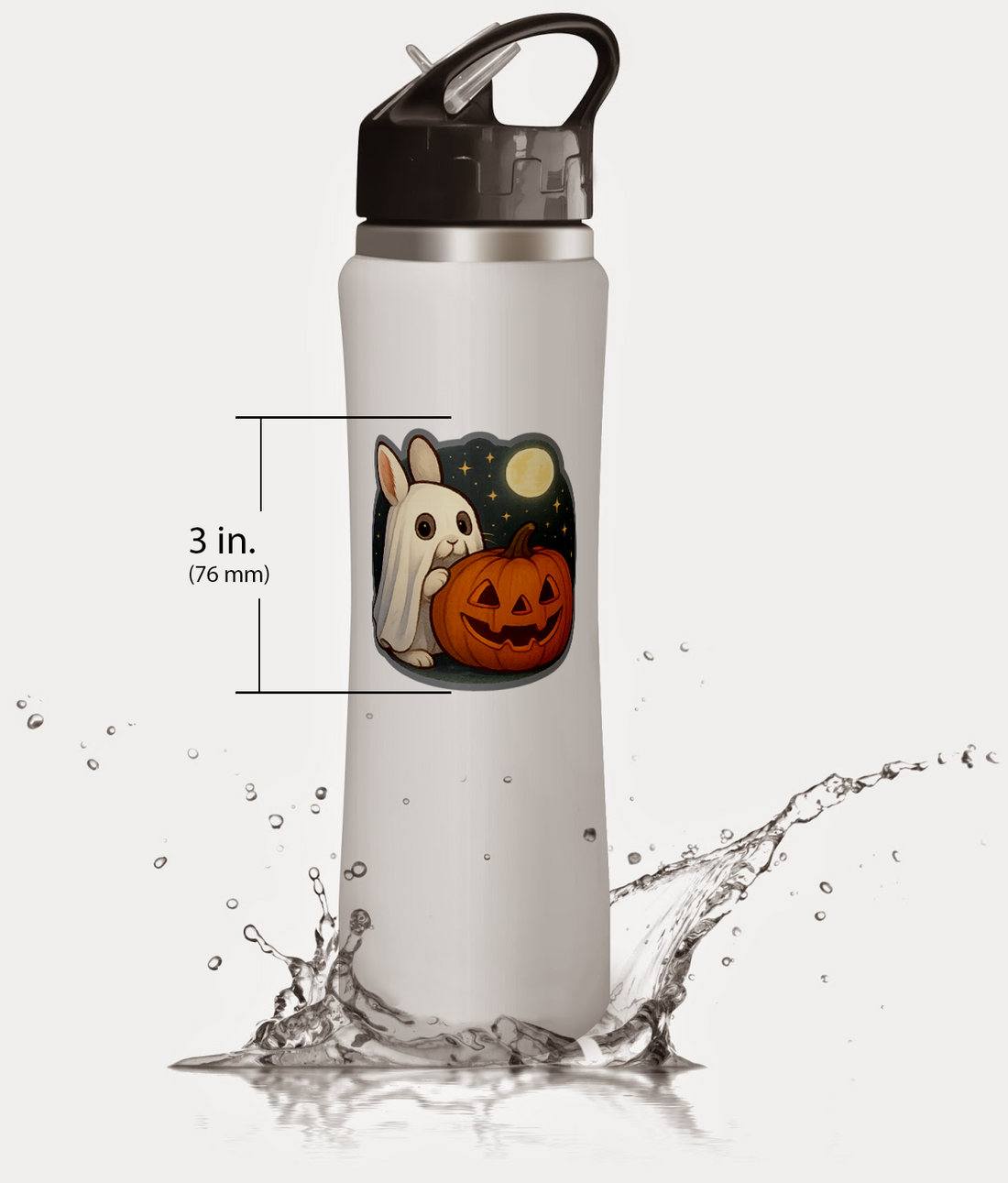

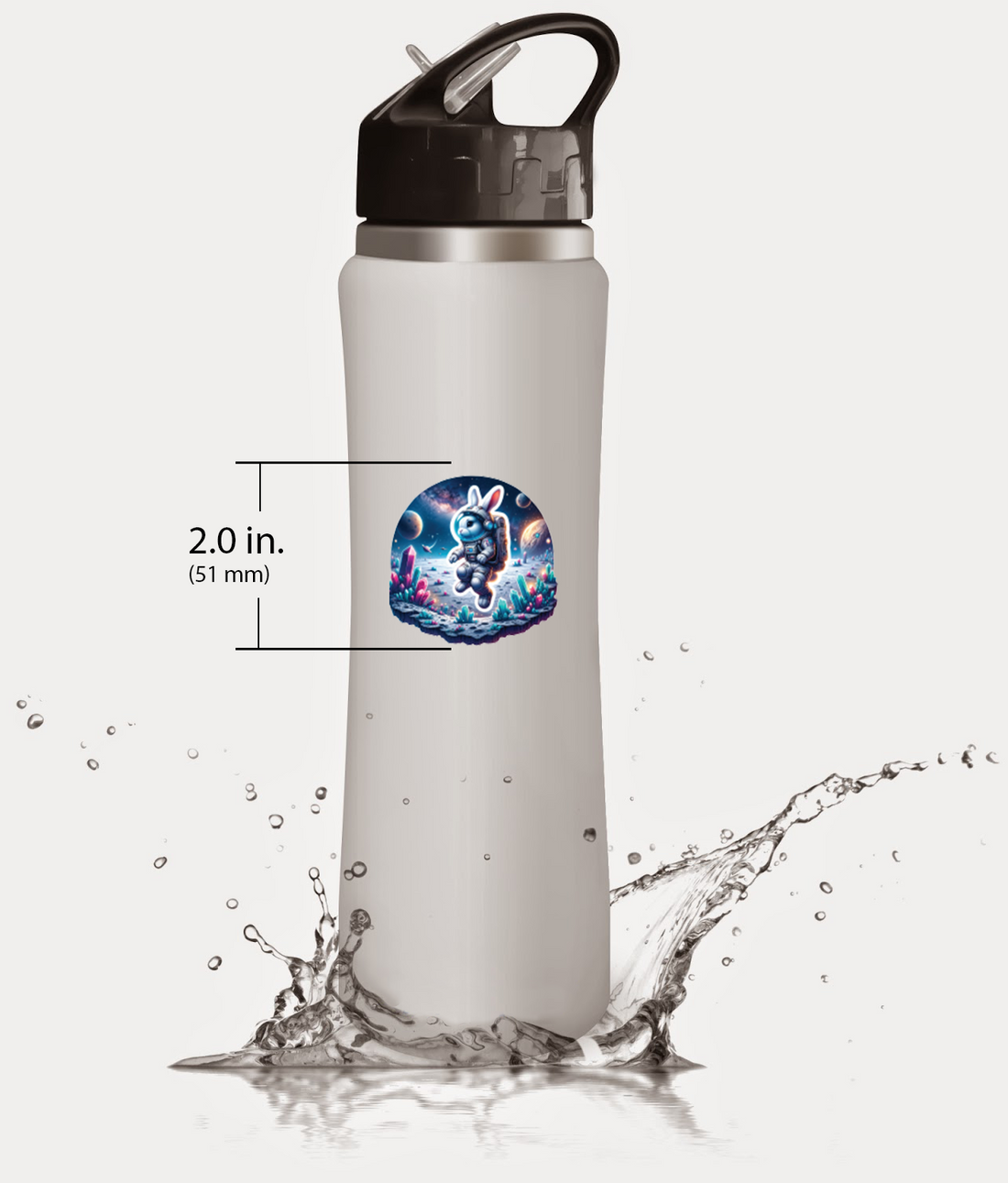
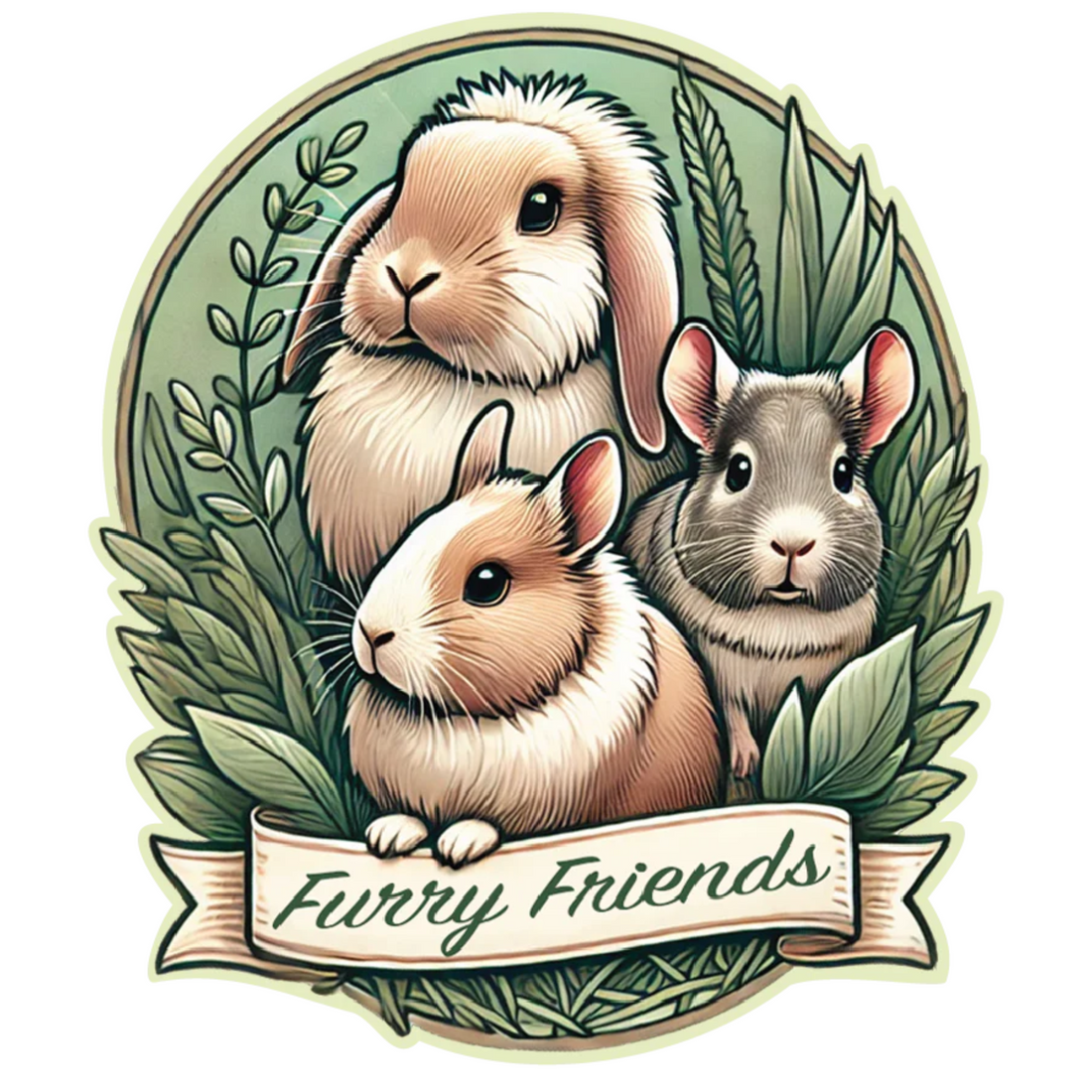
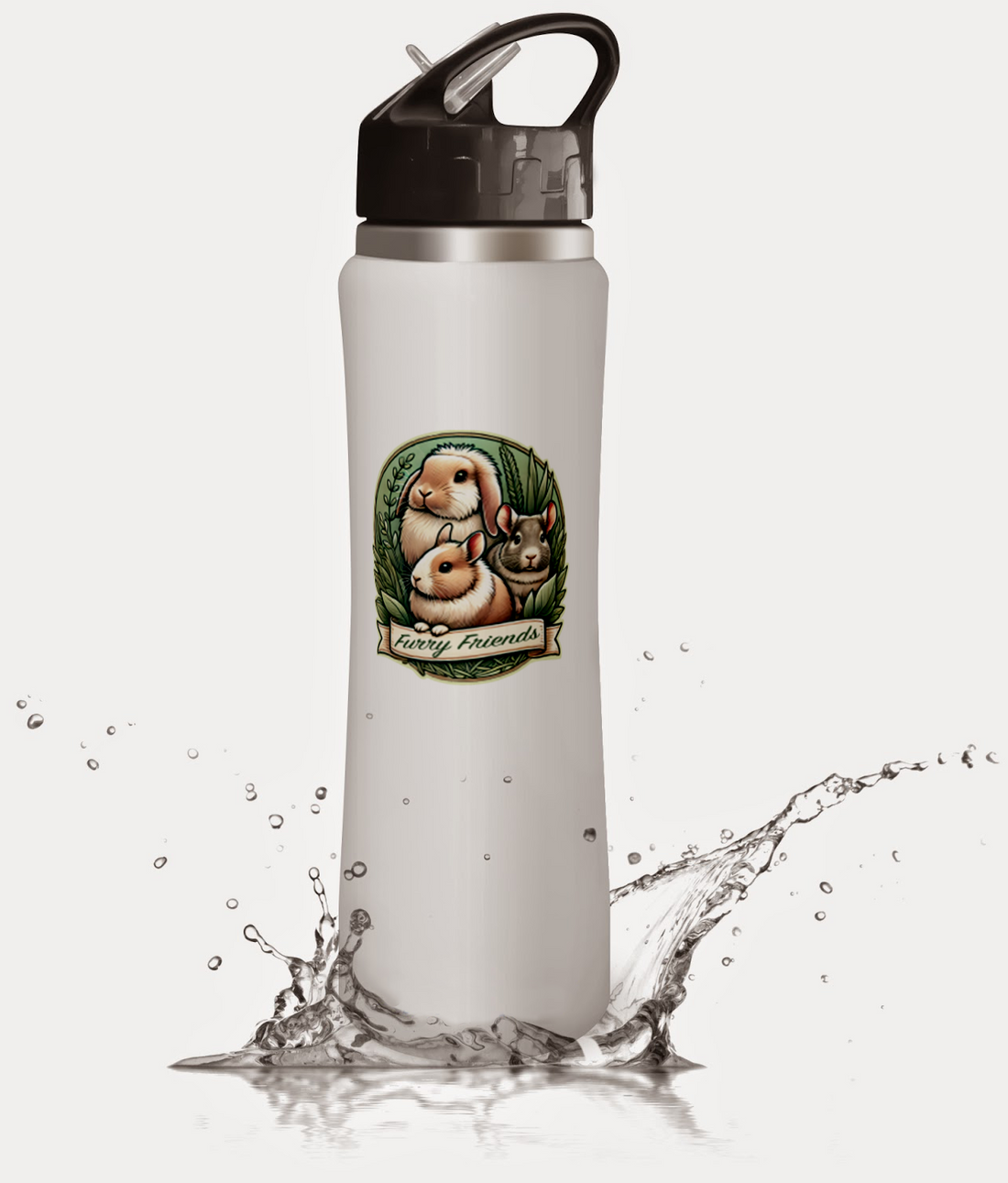






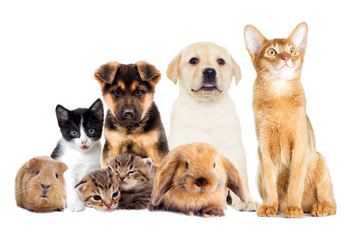


Comments